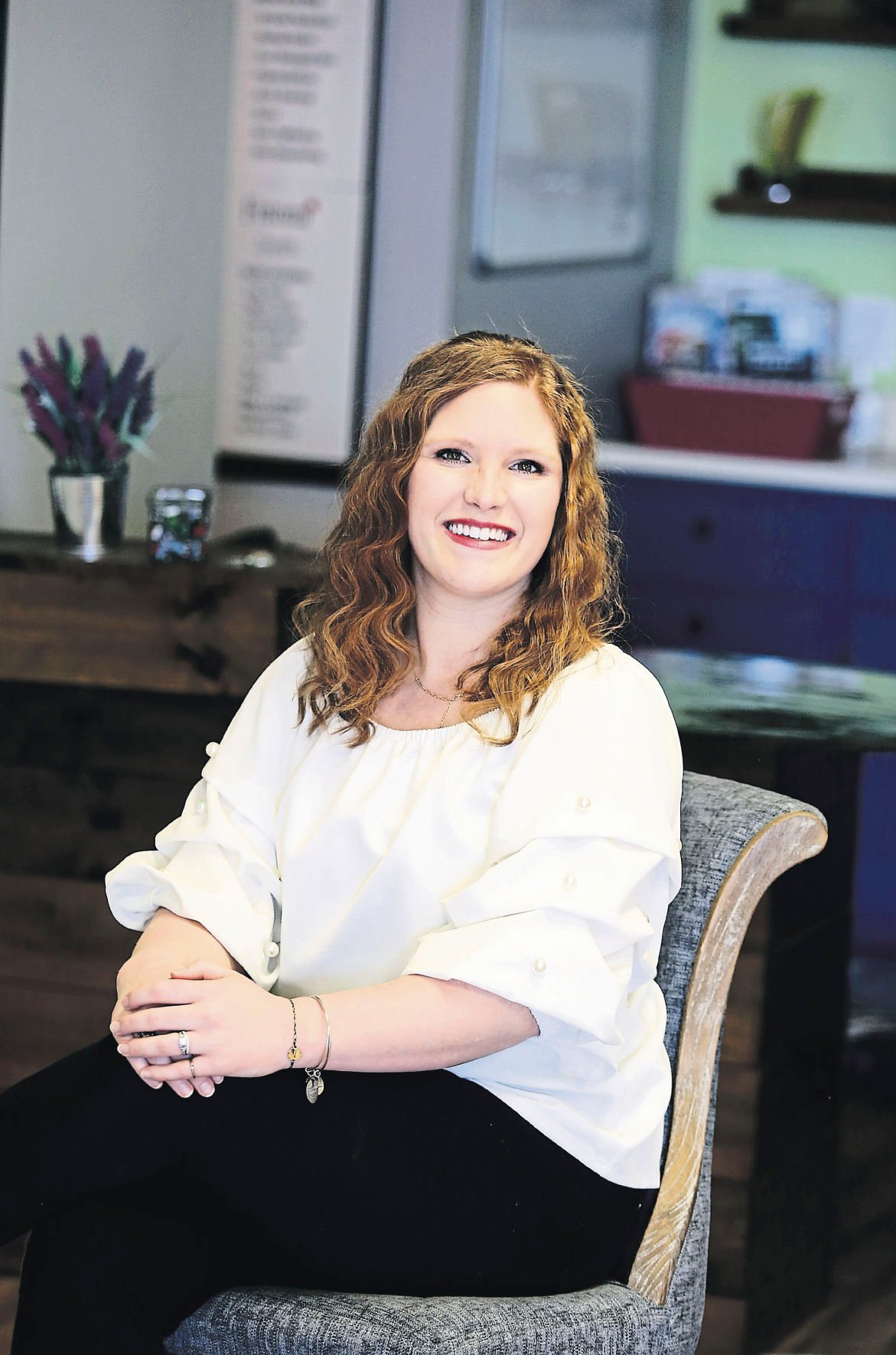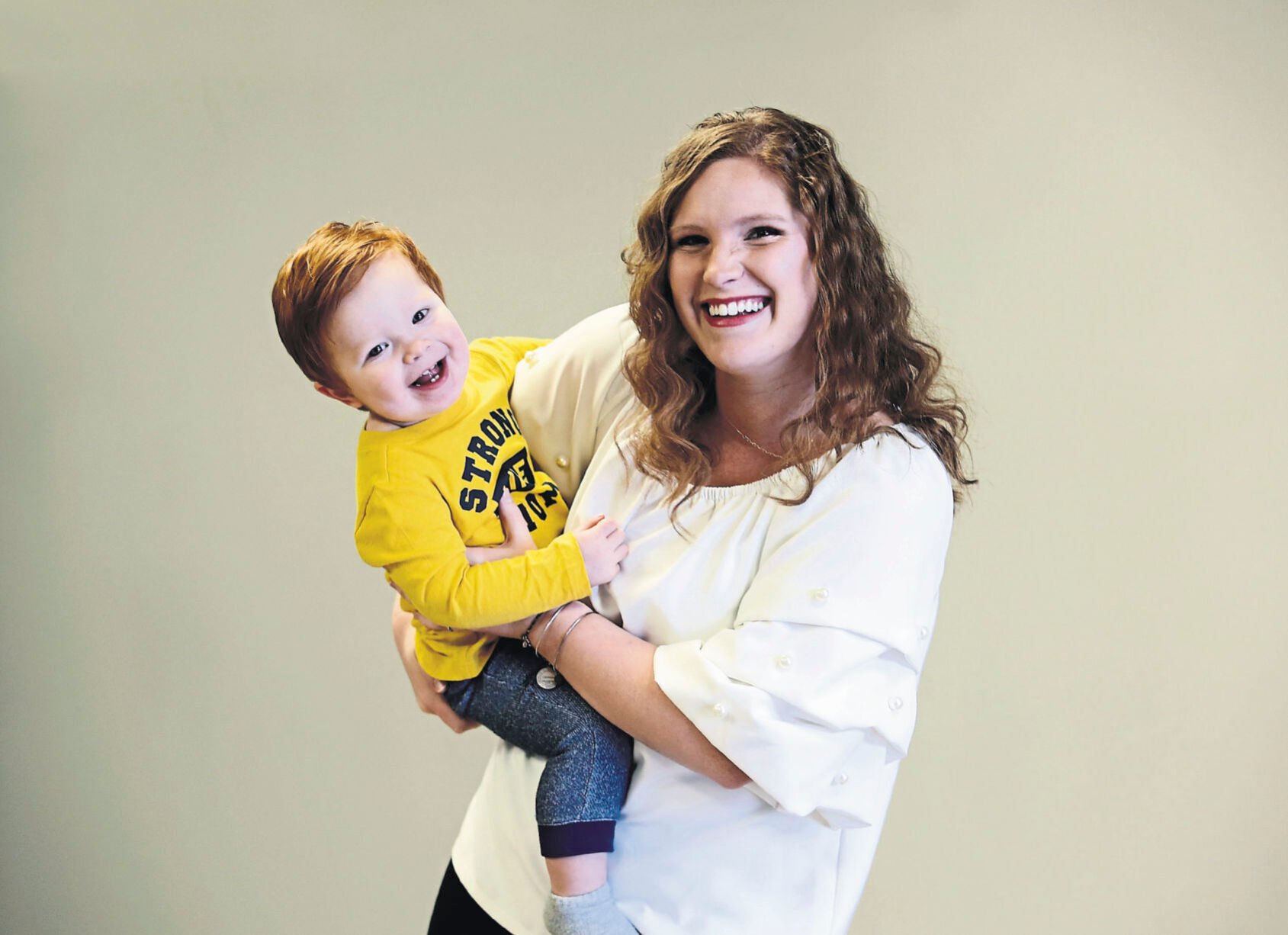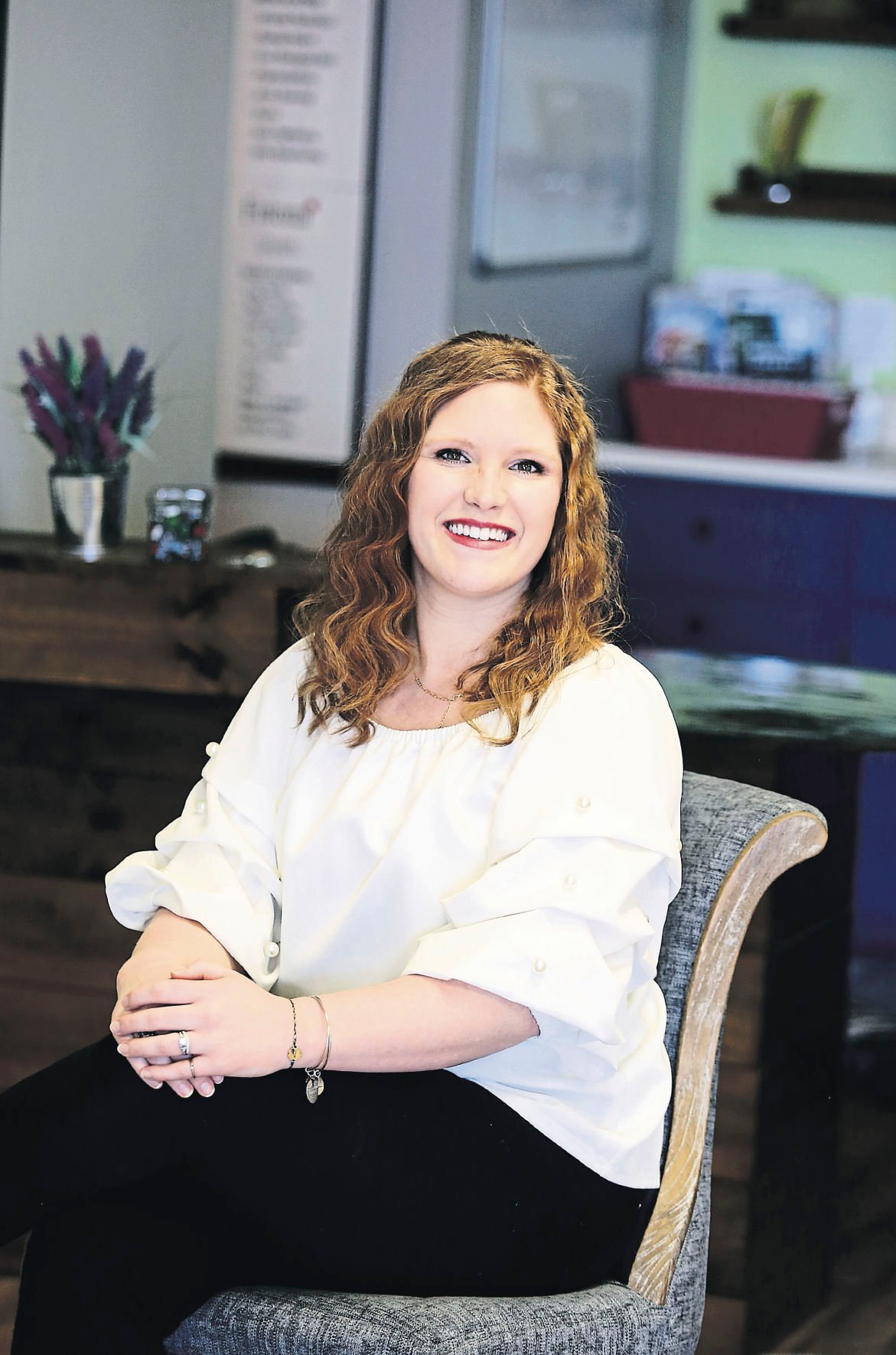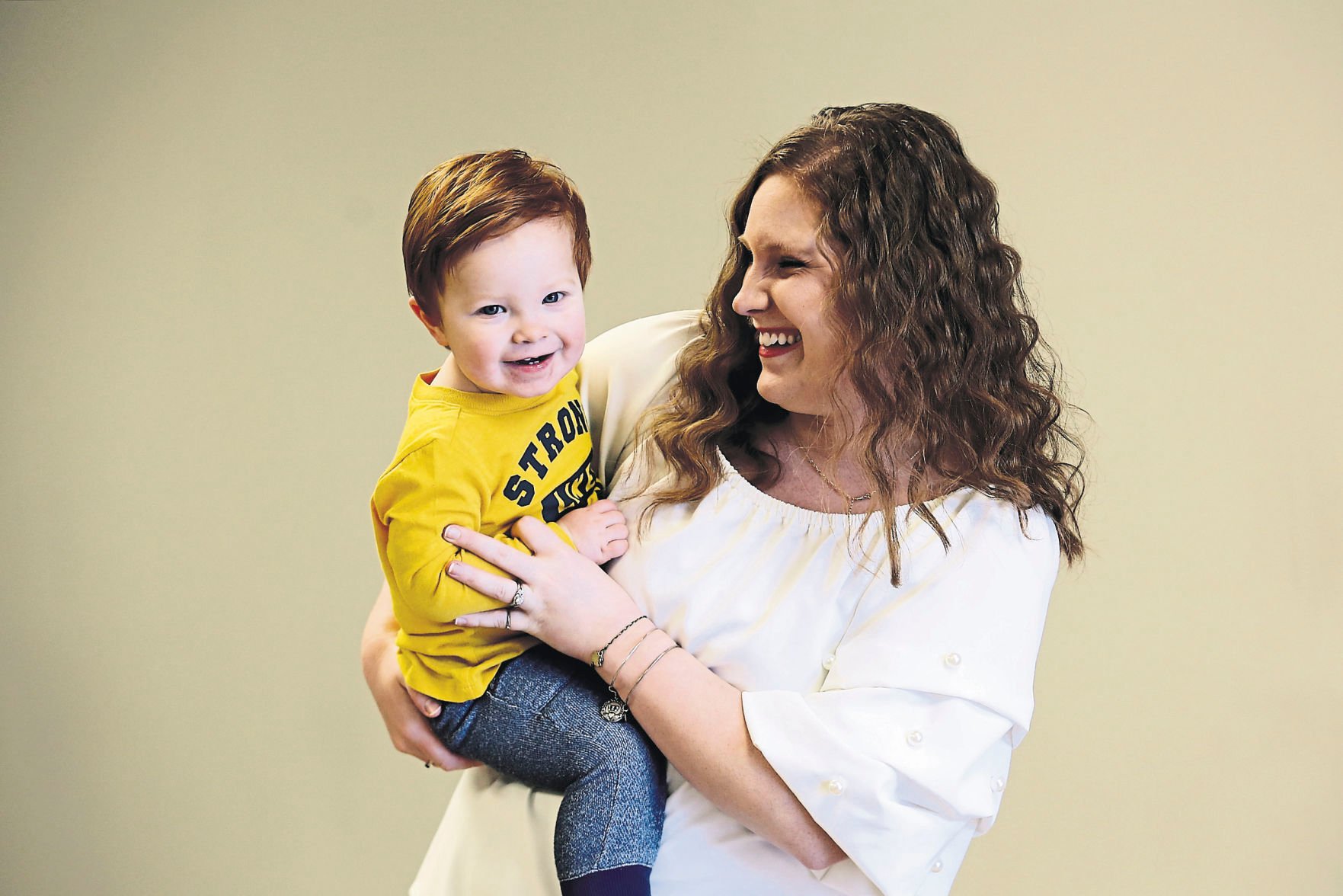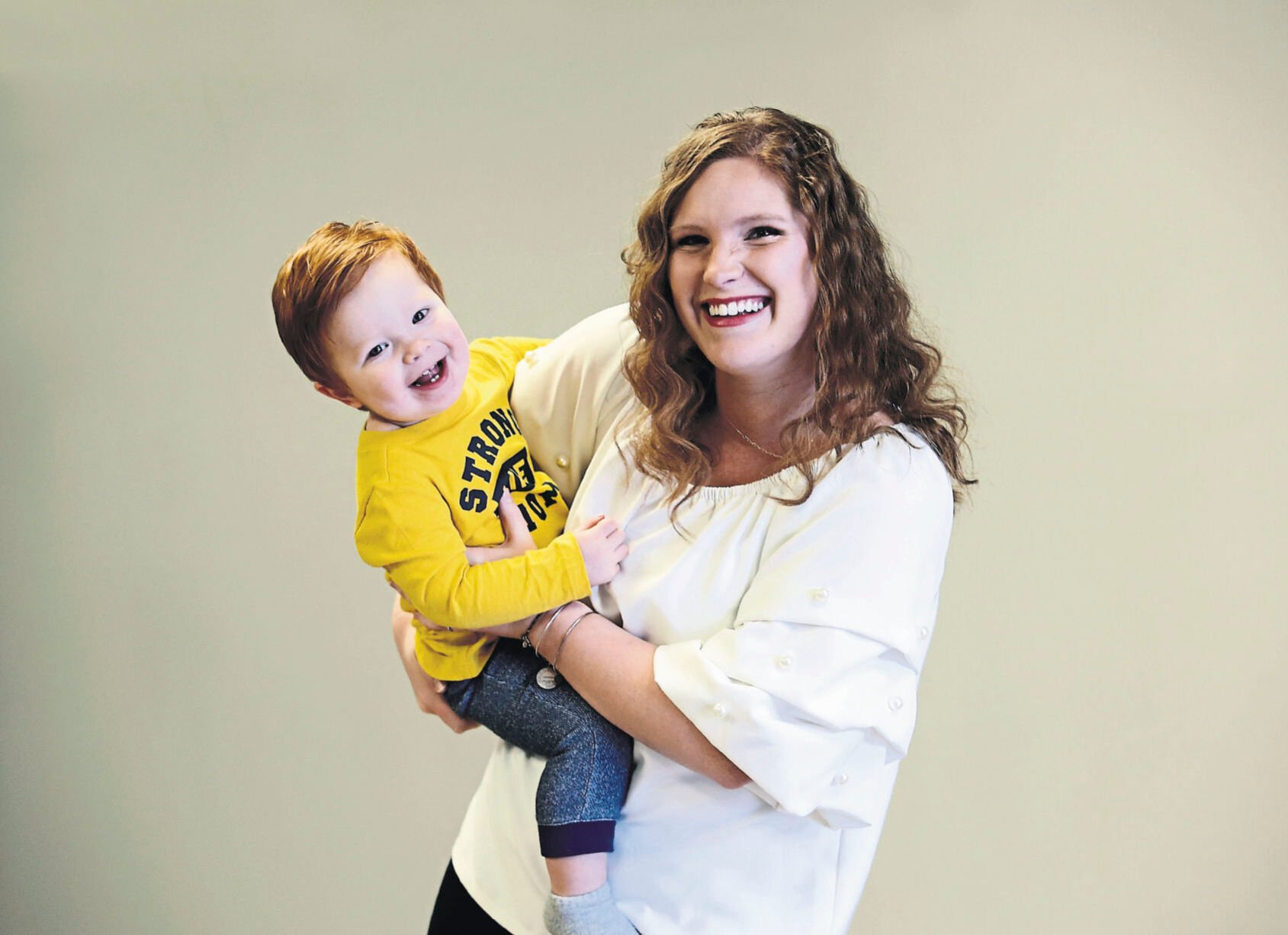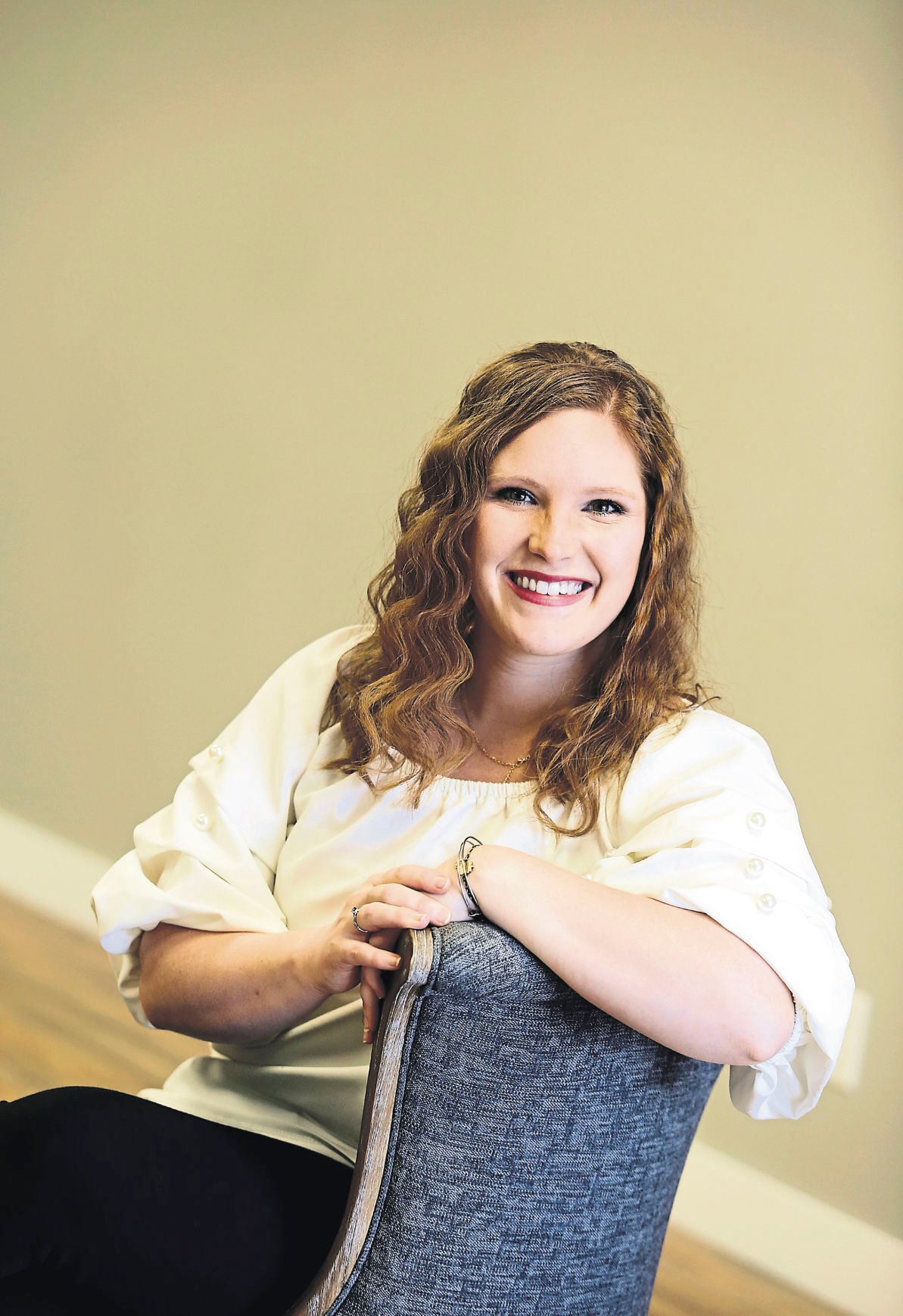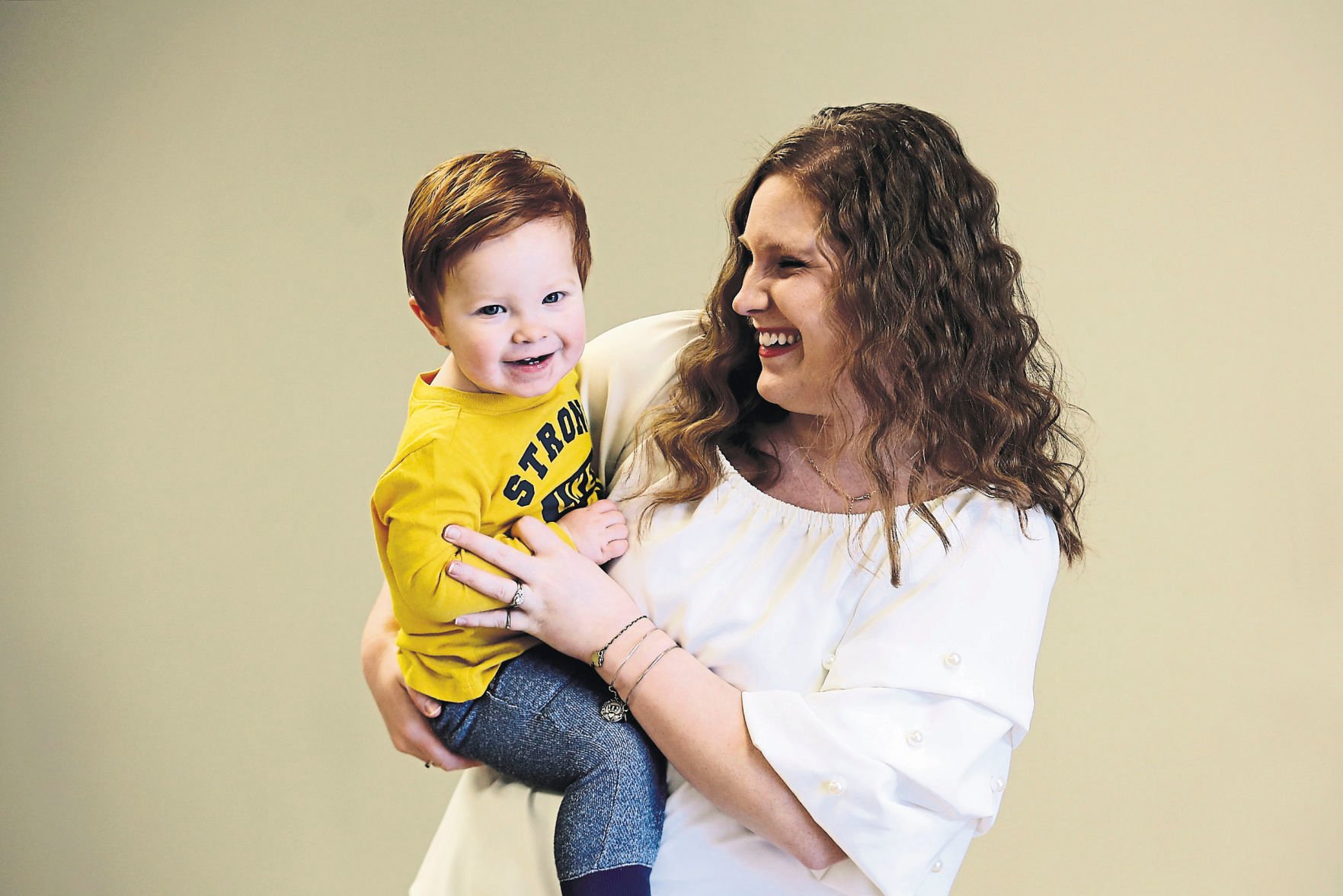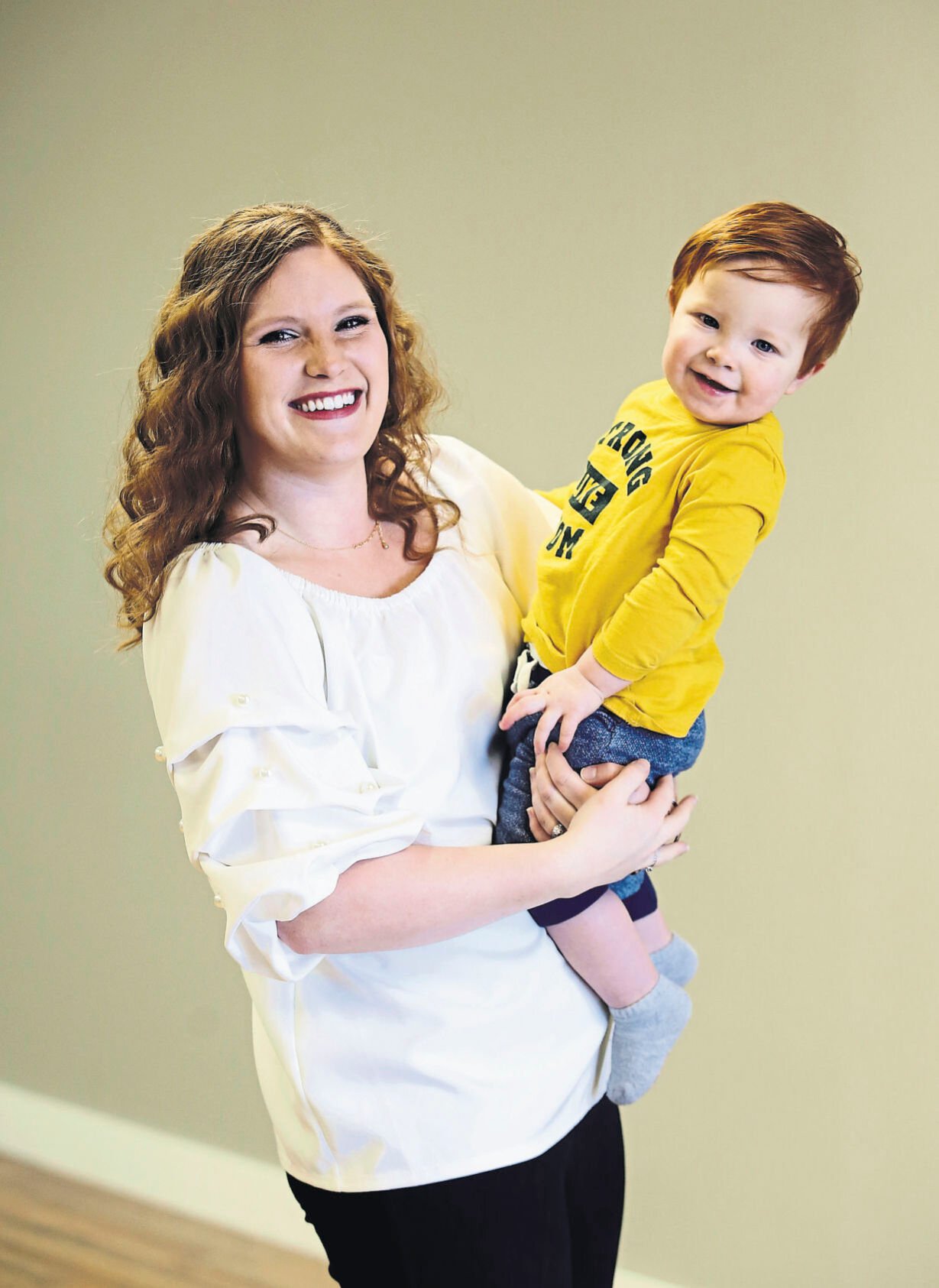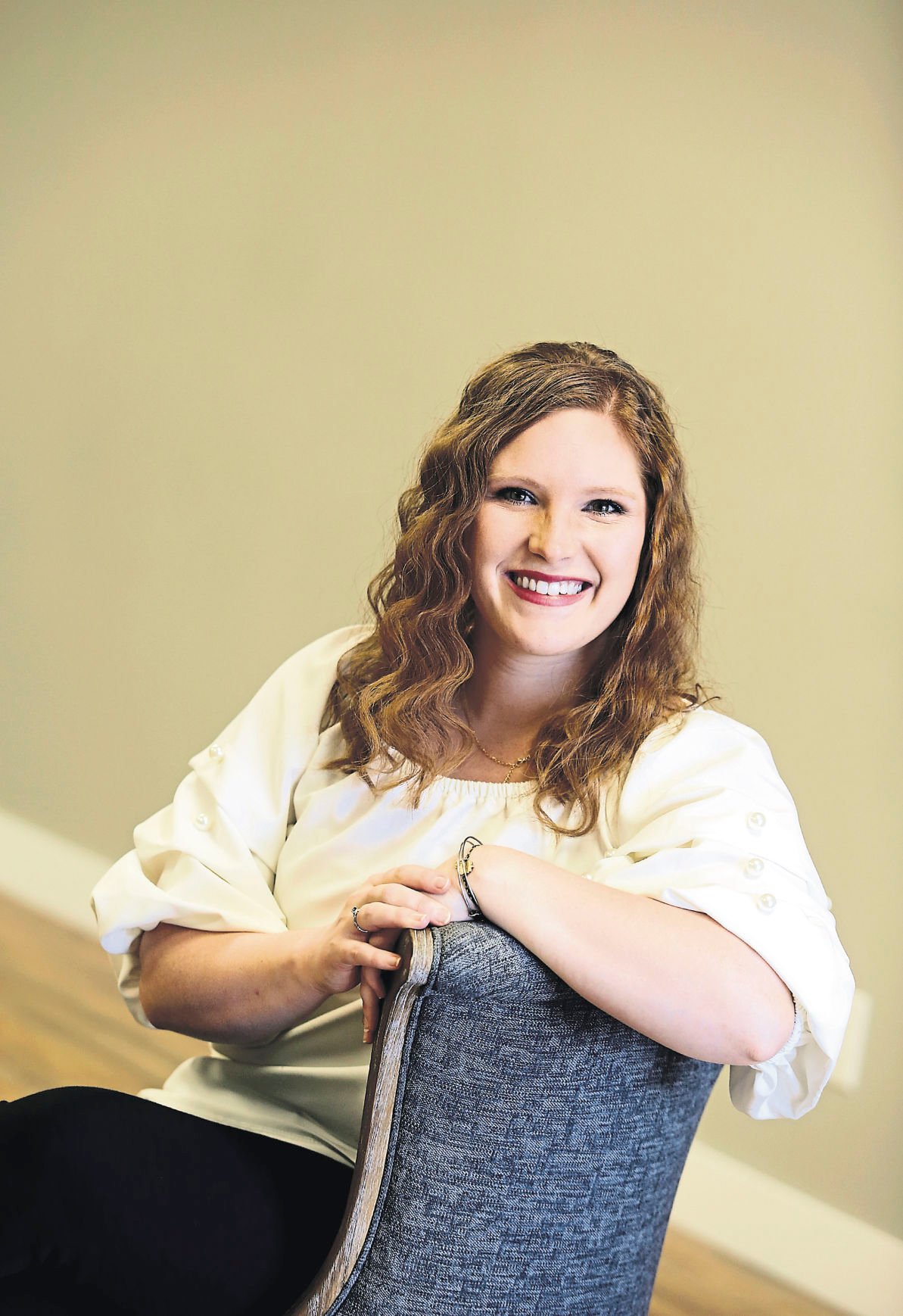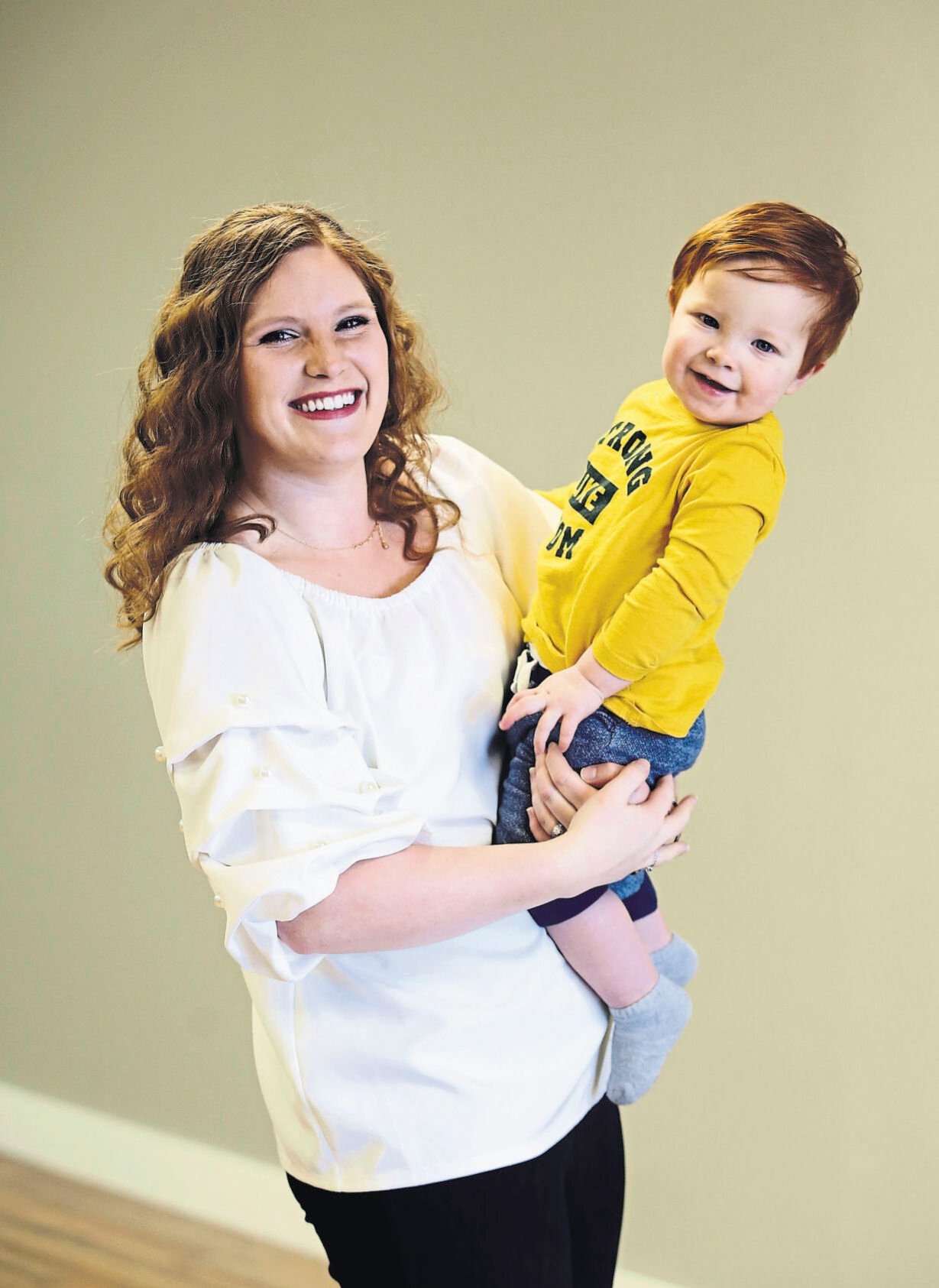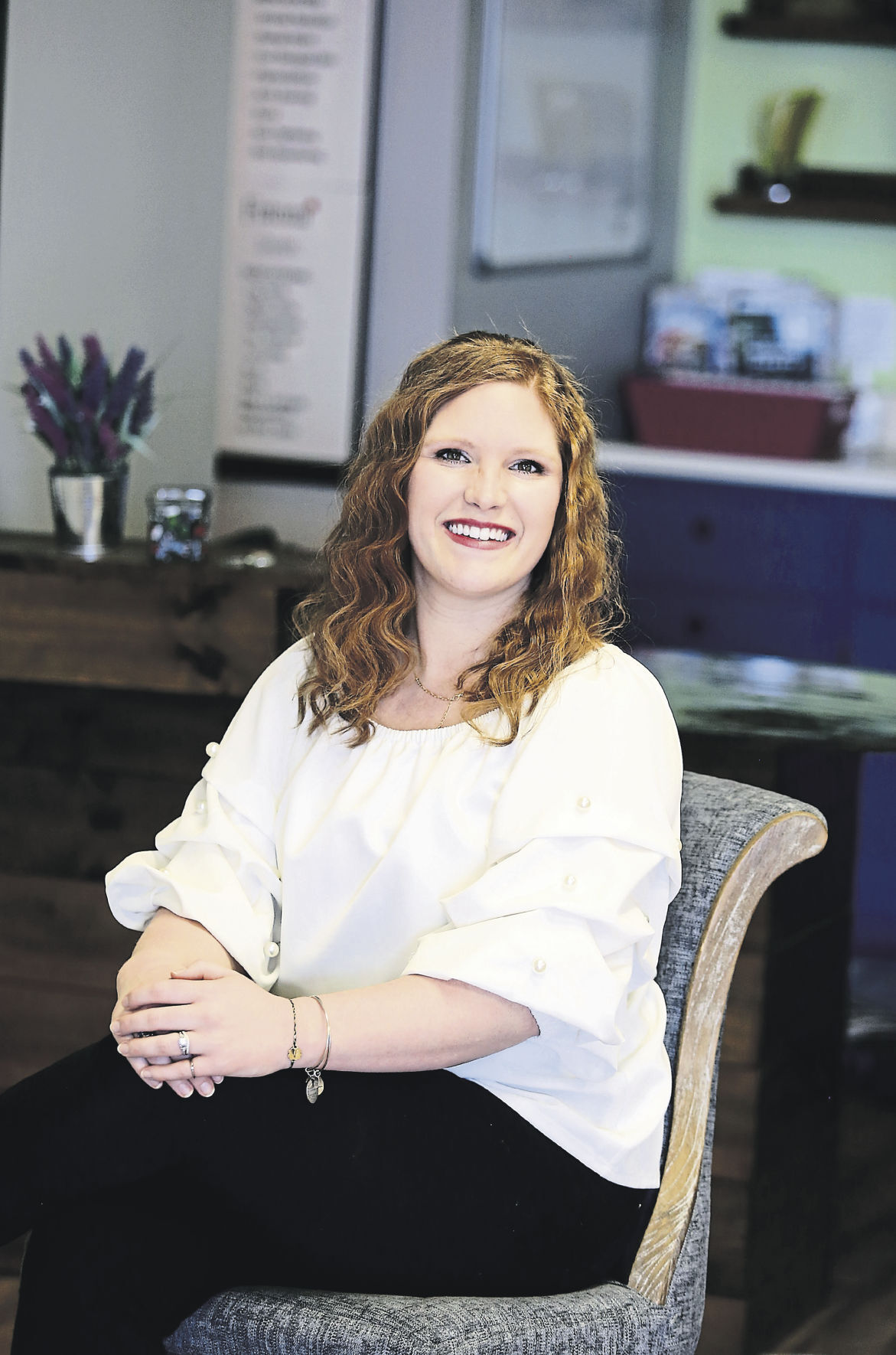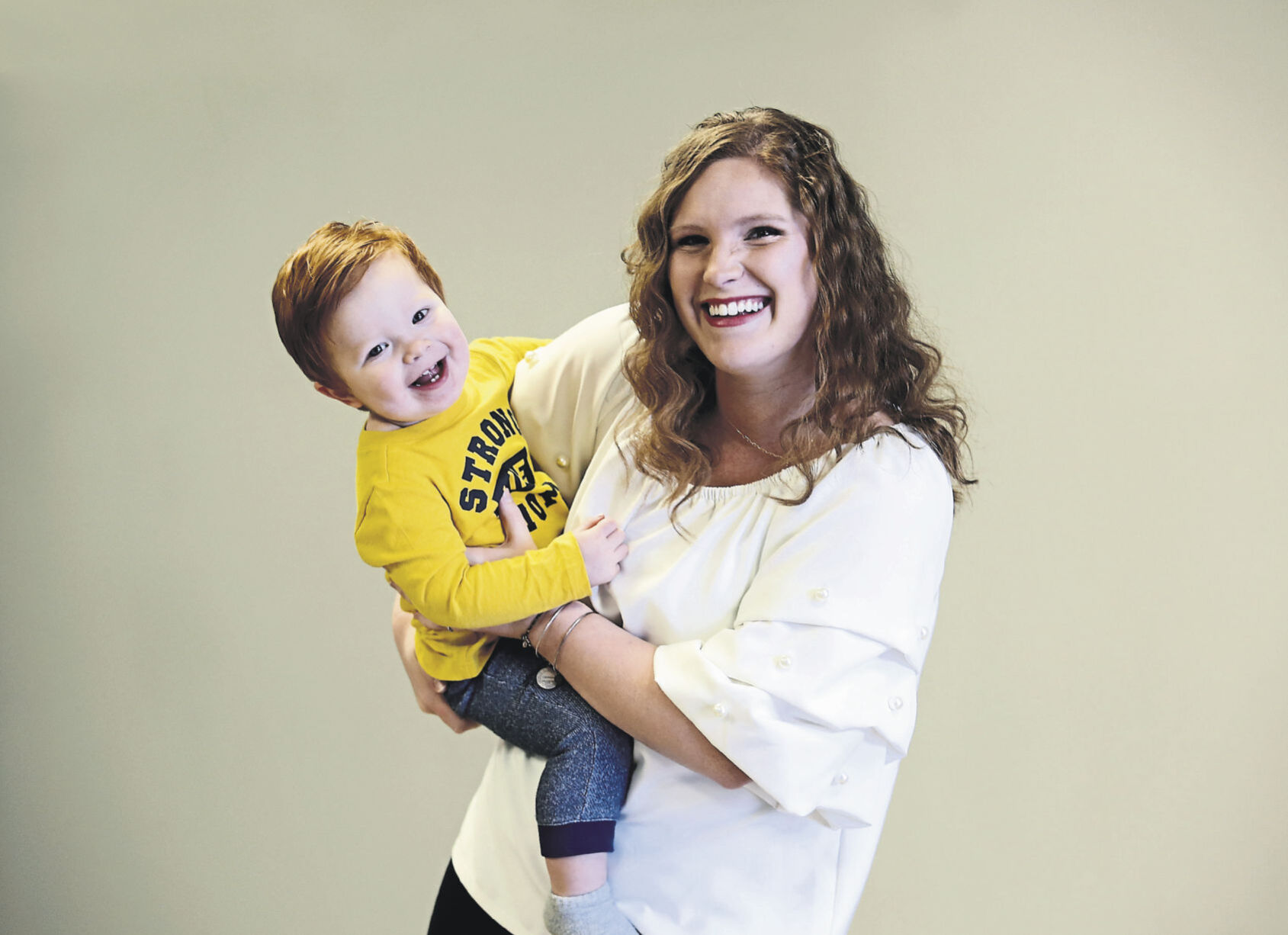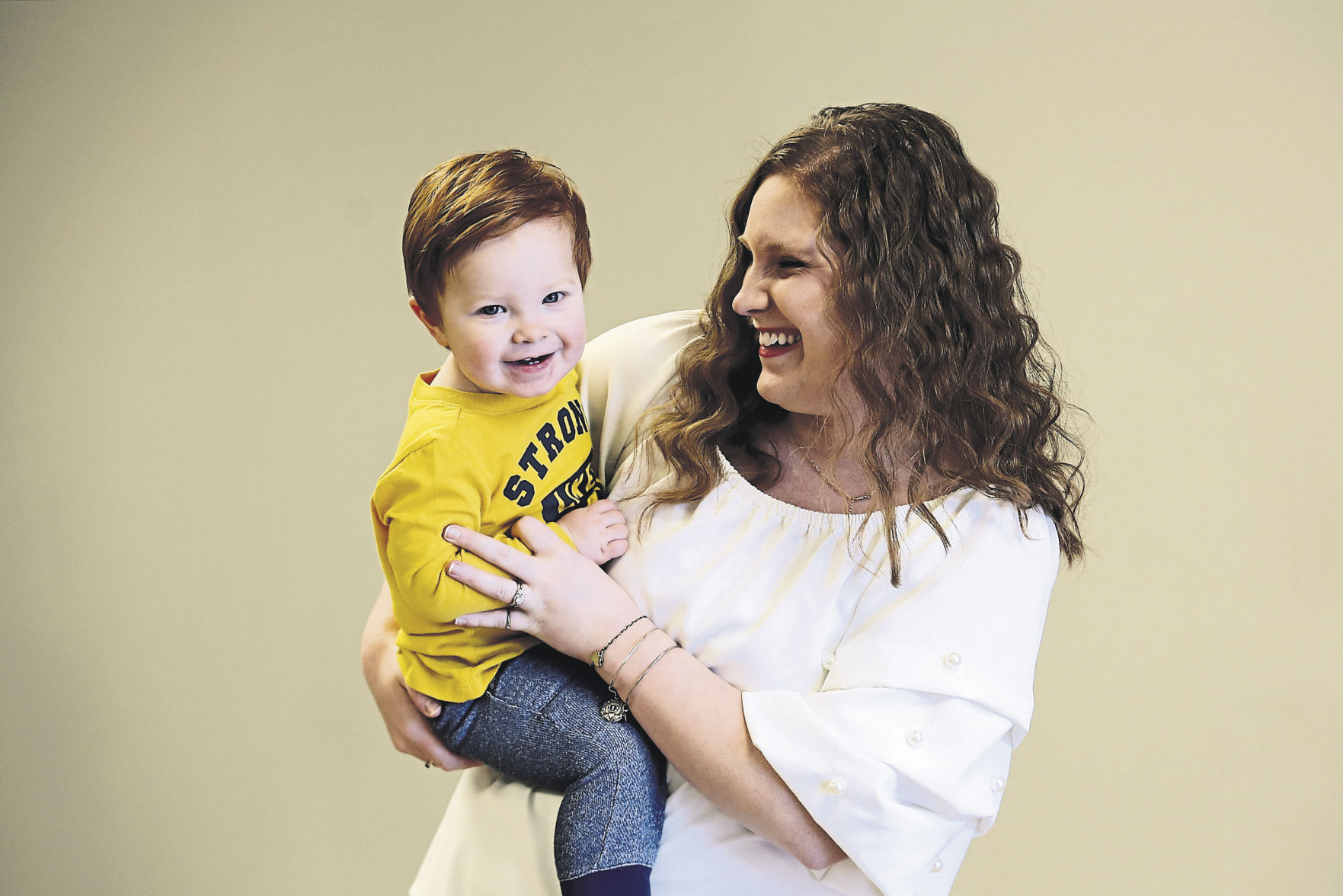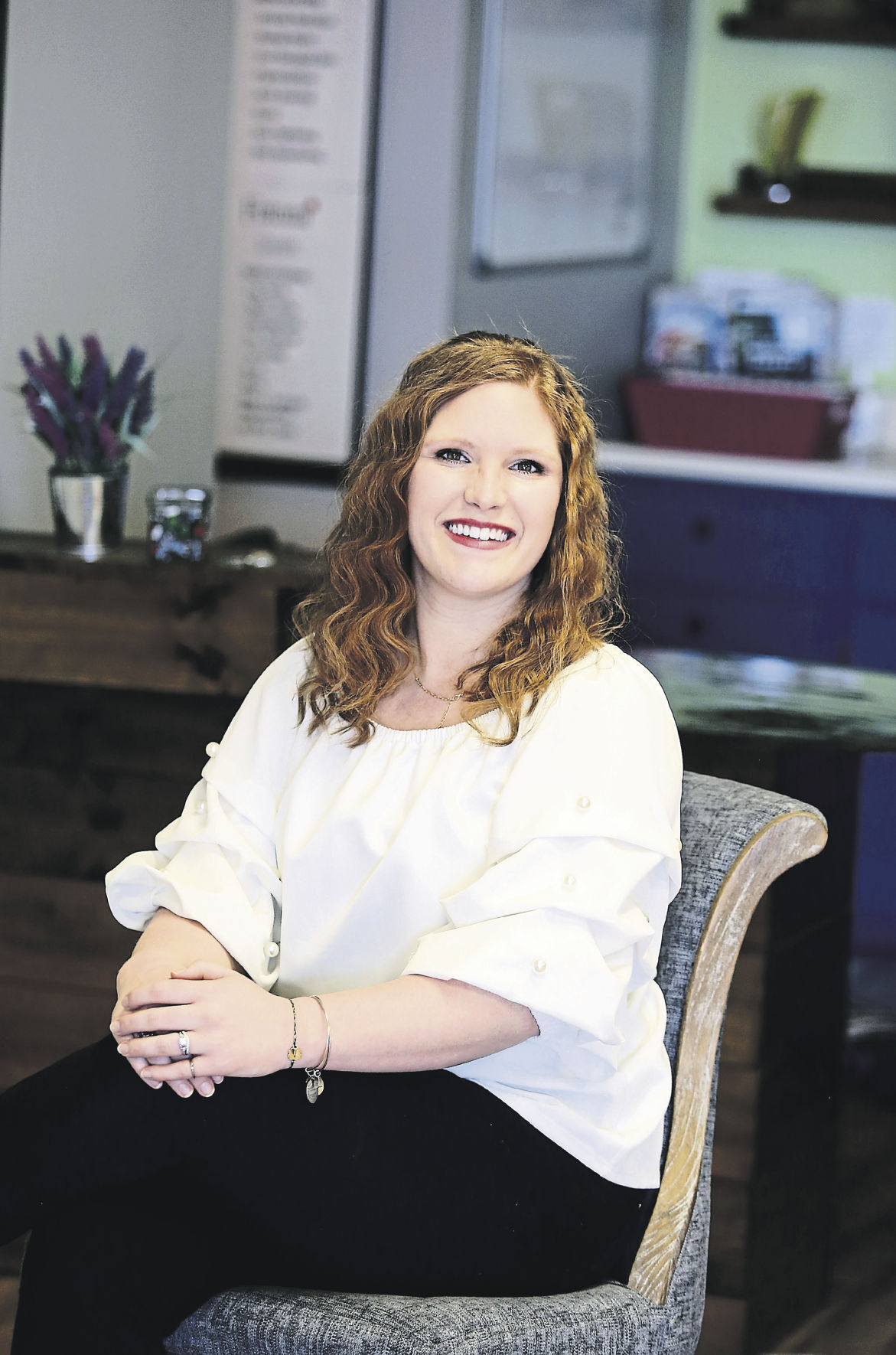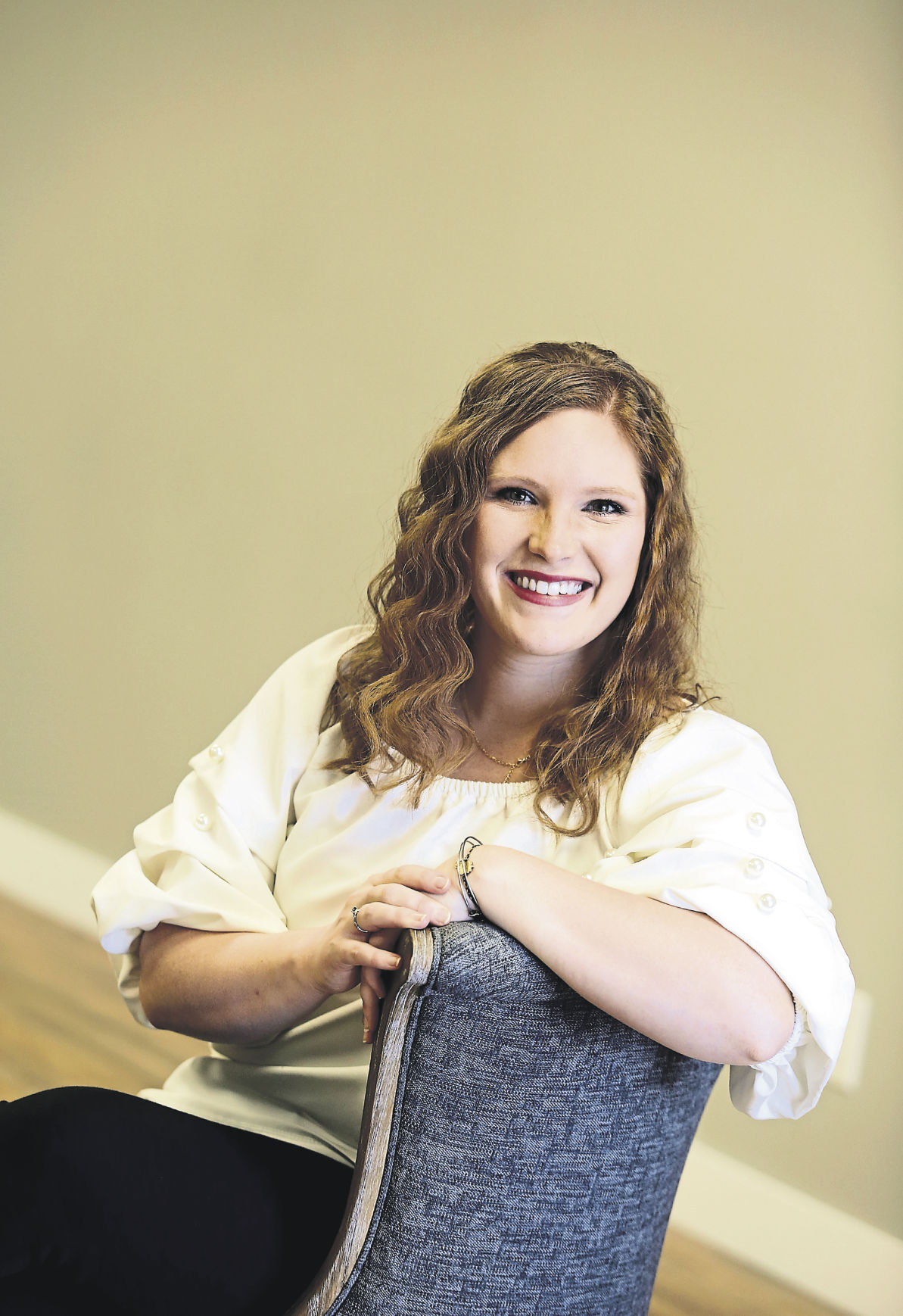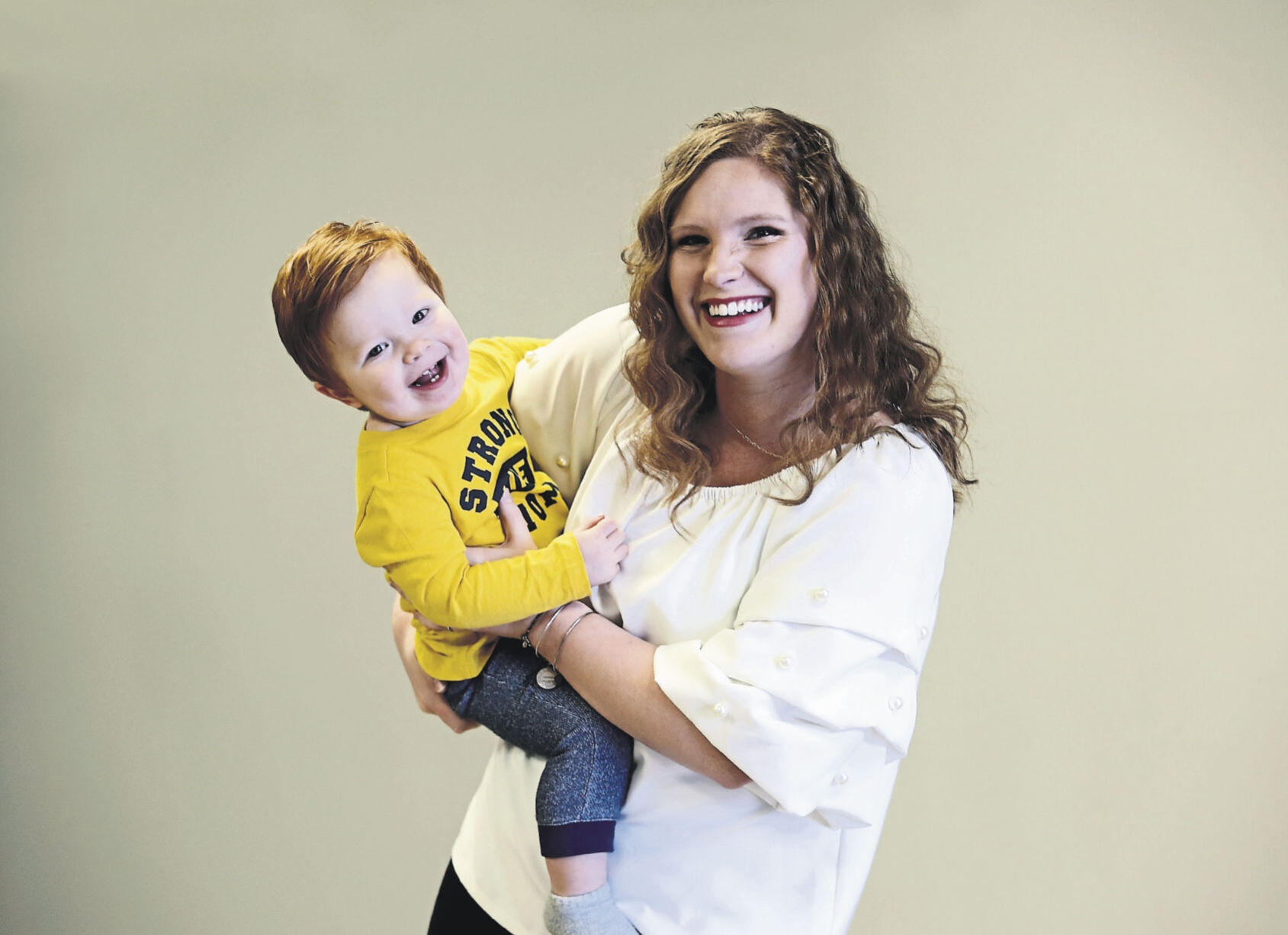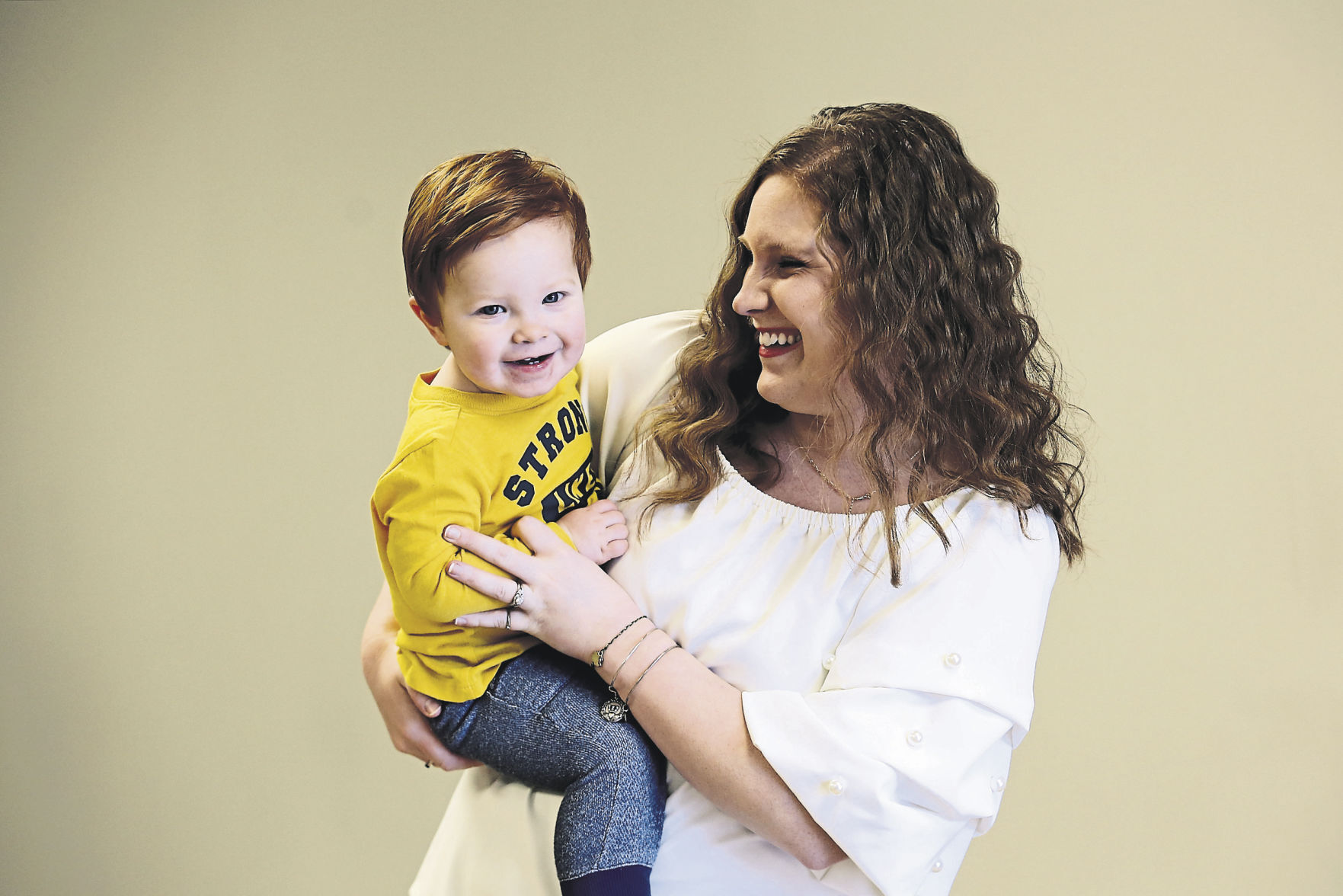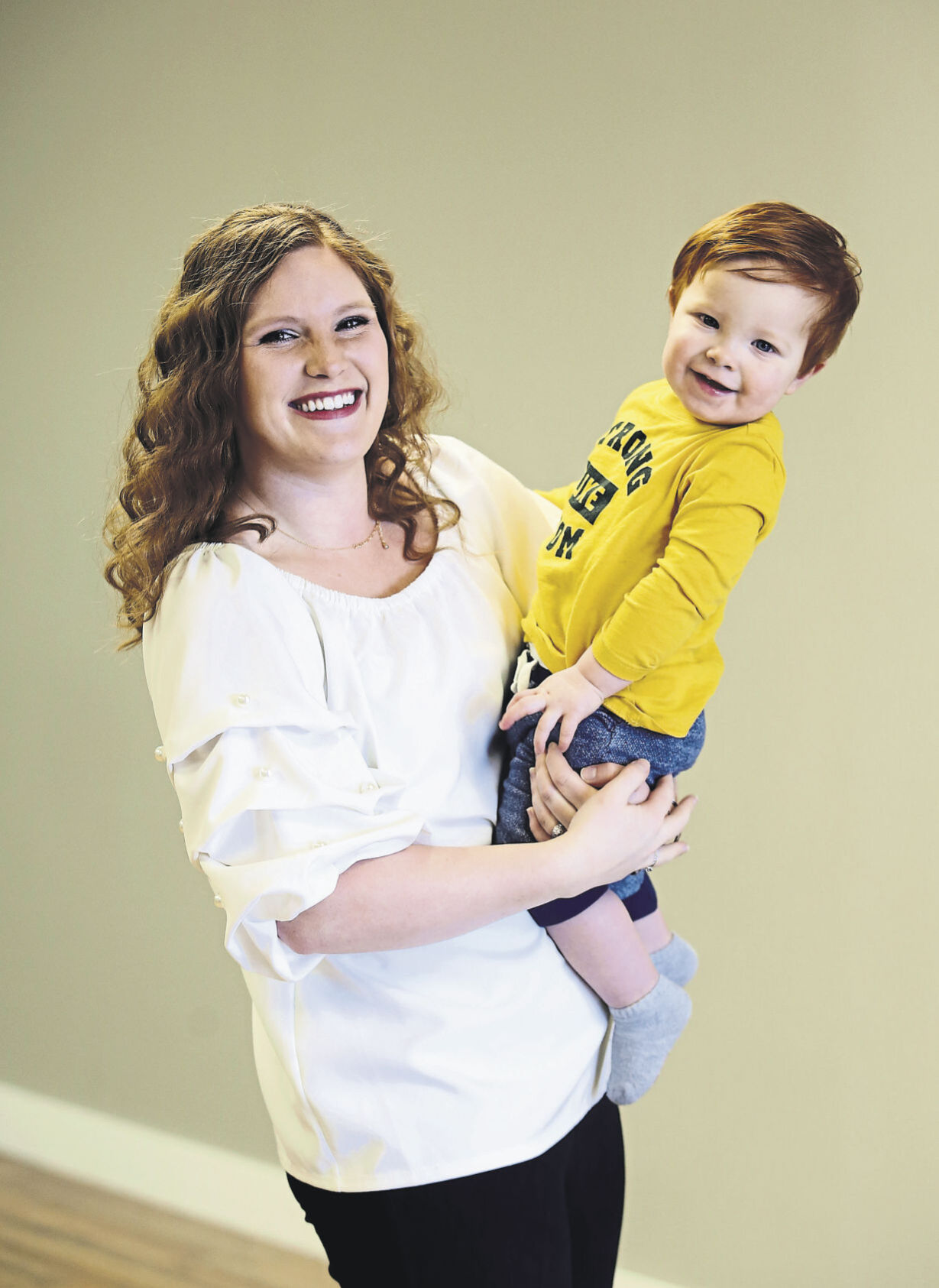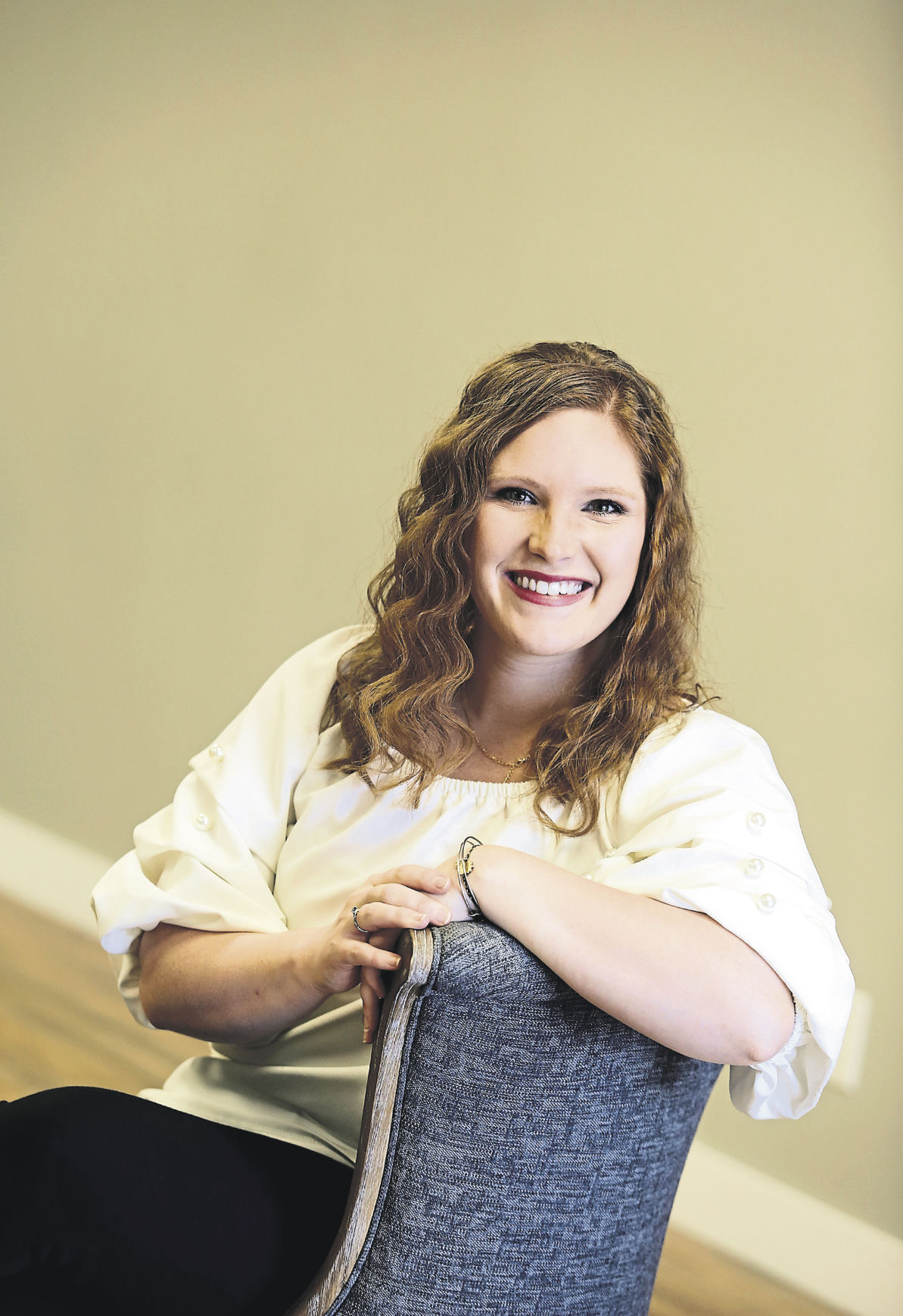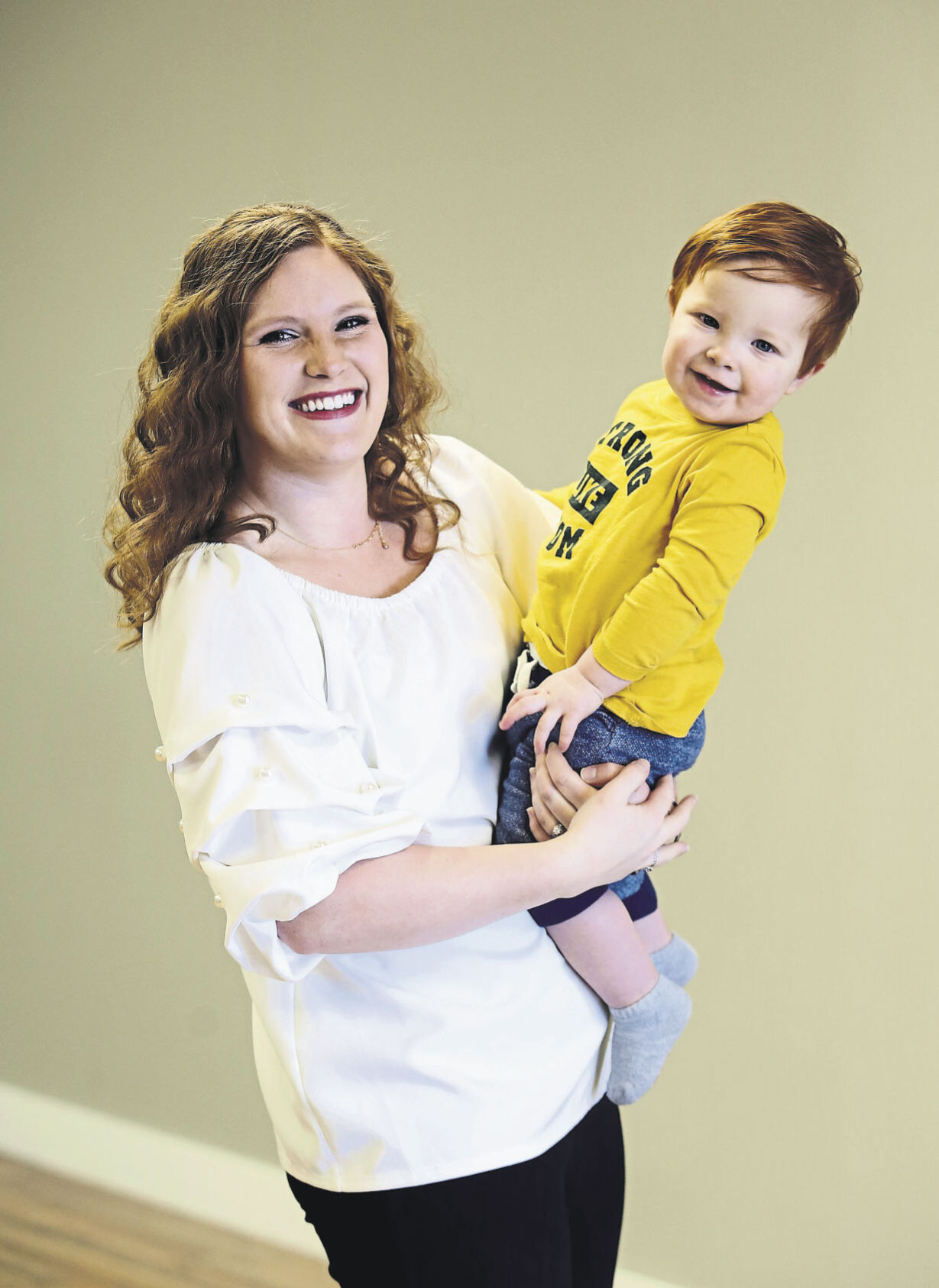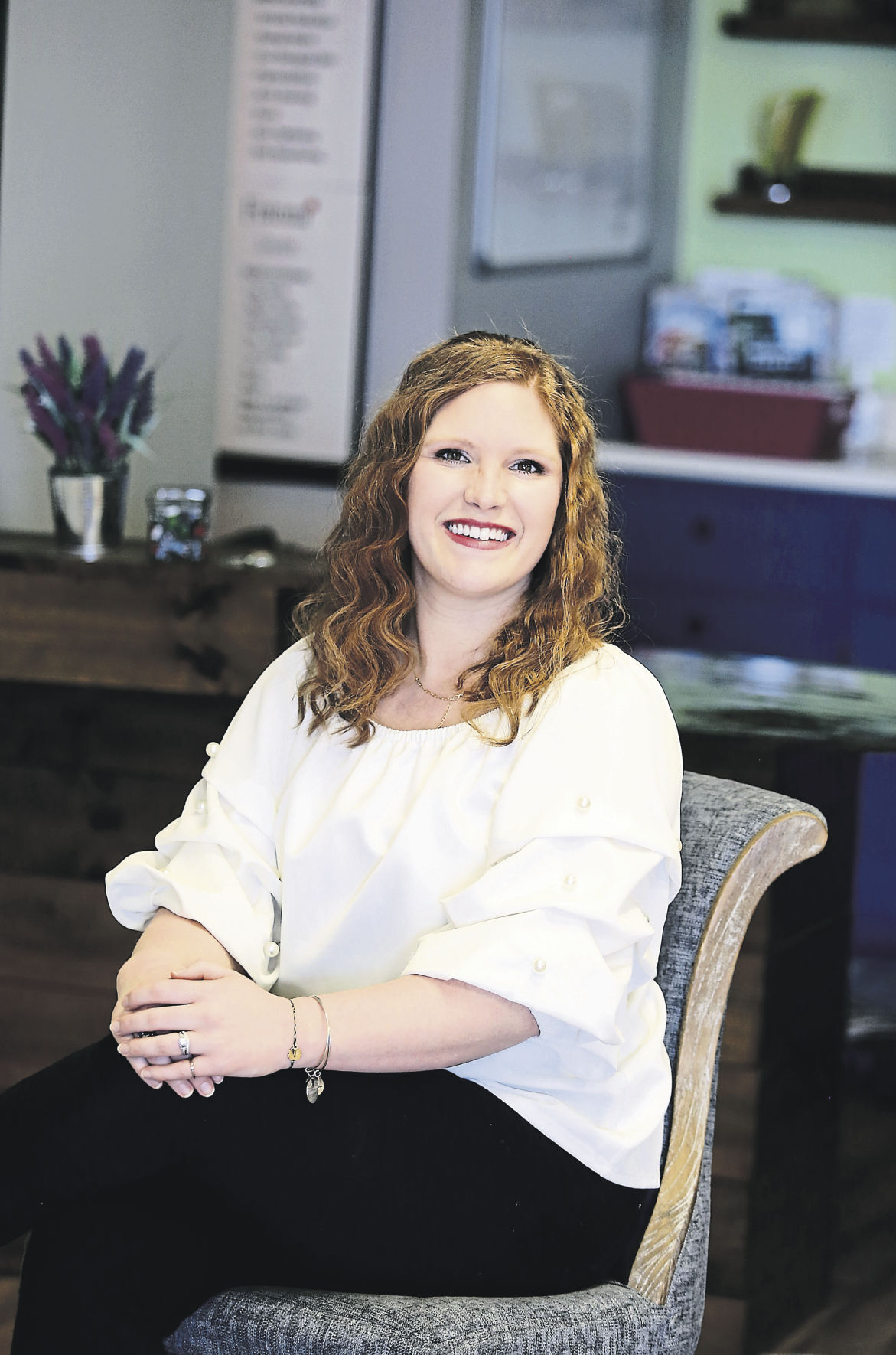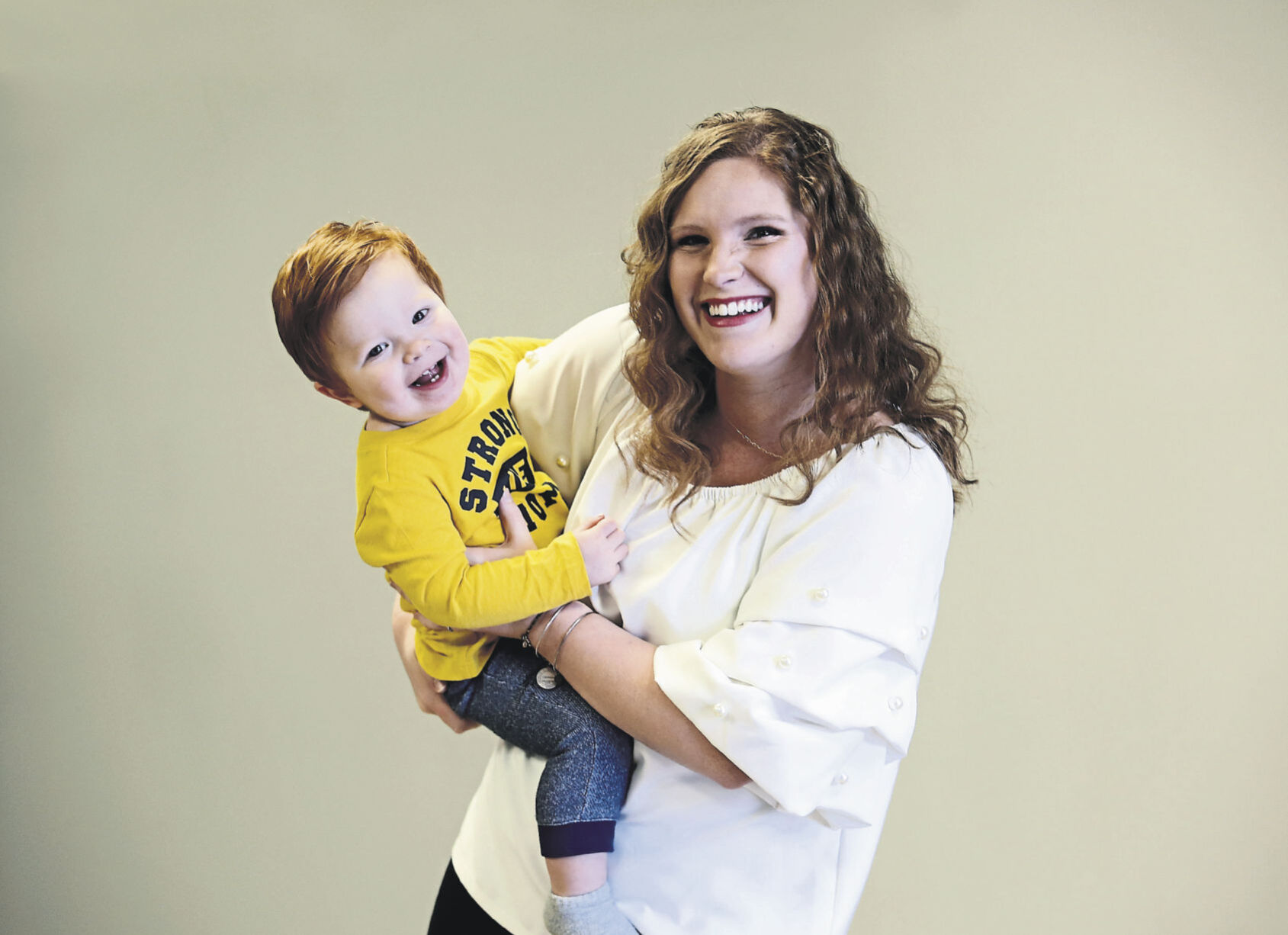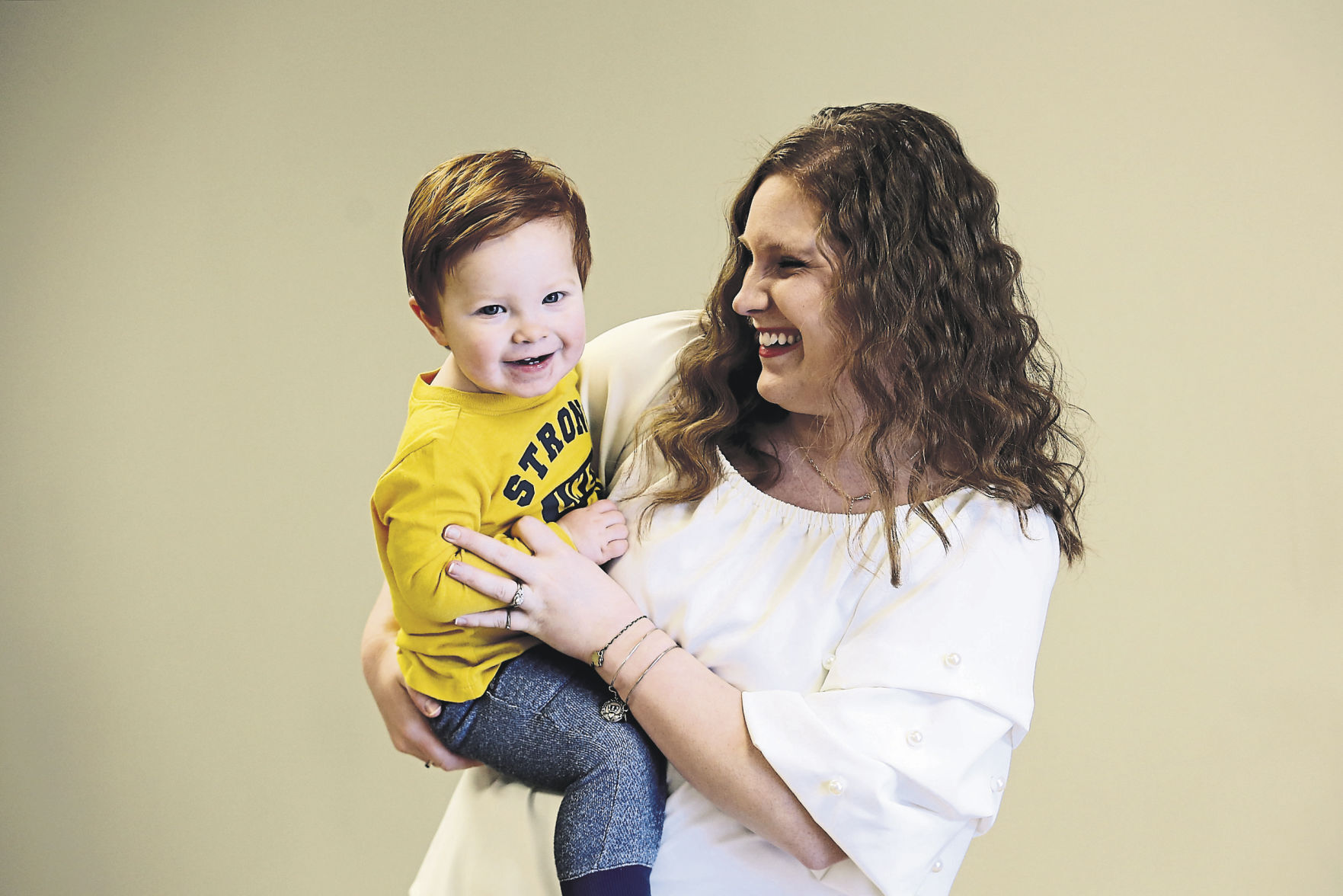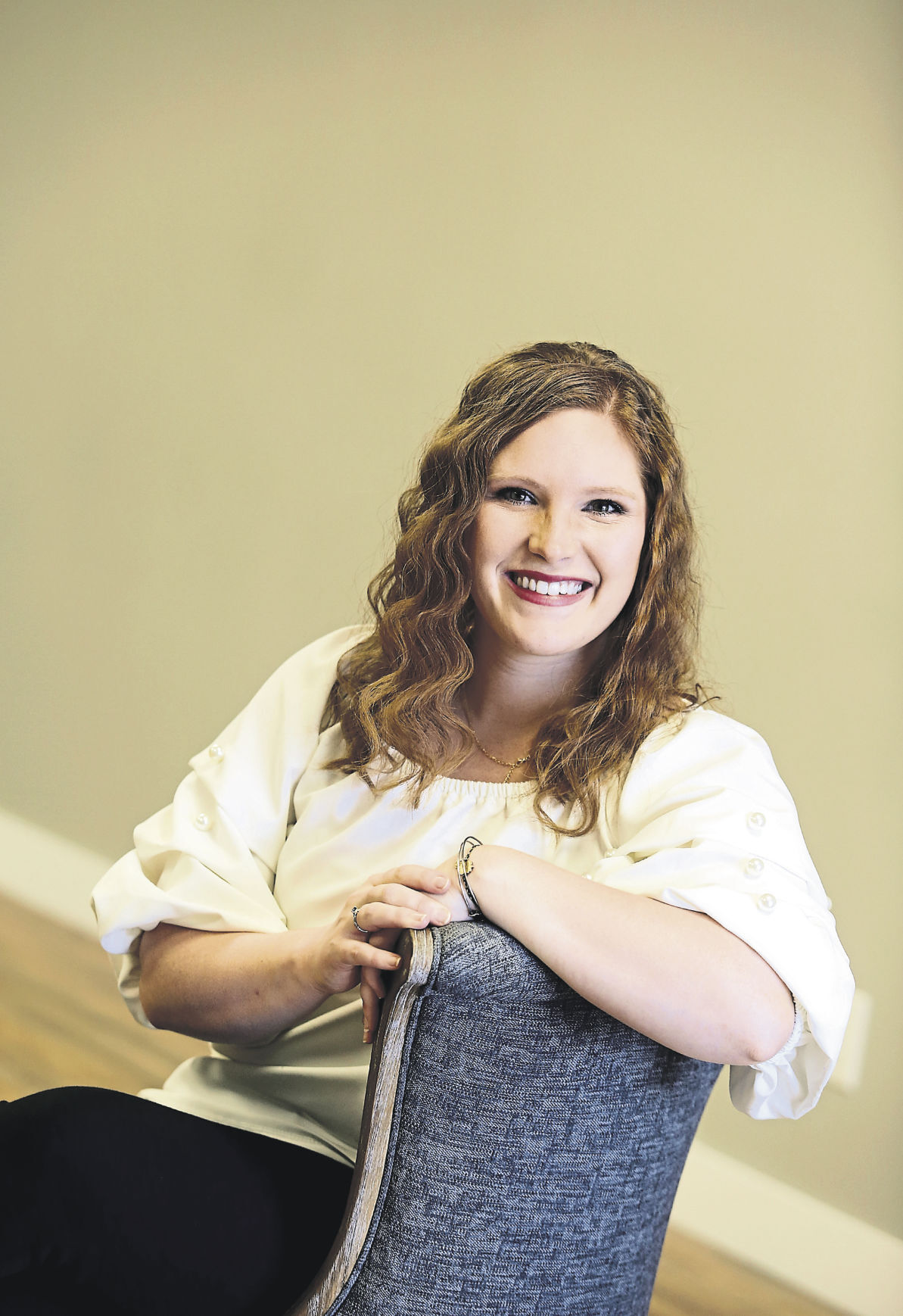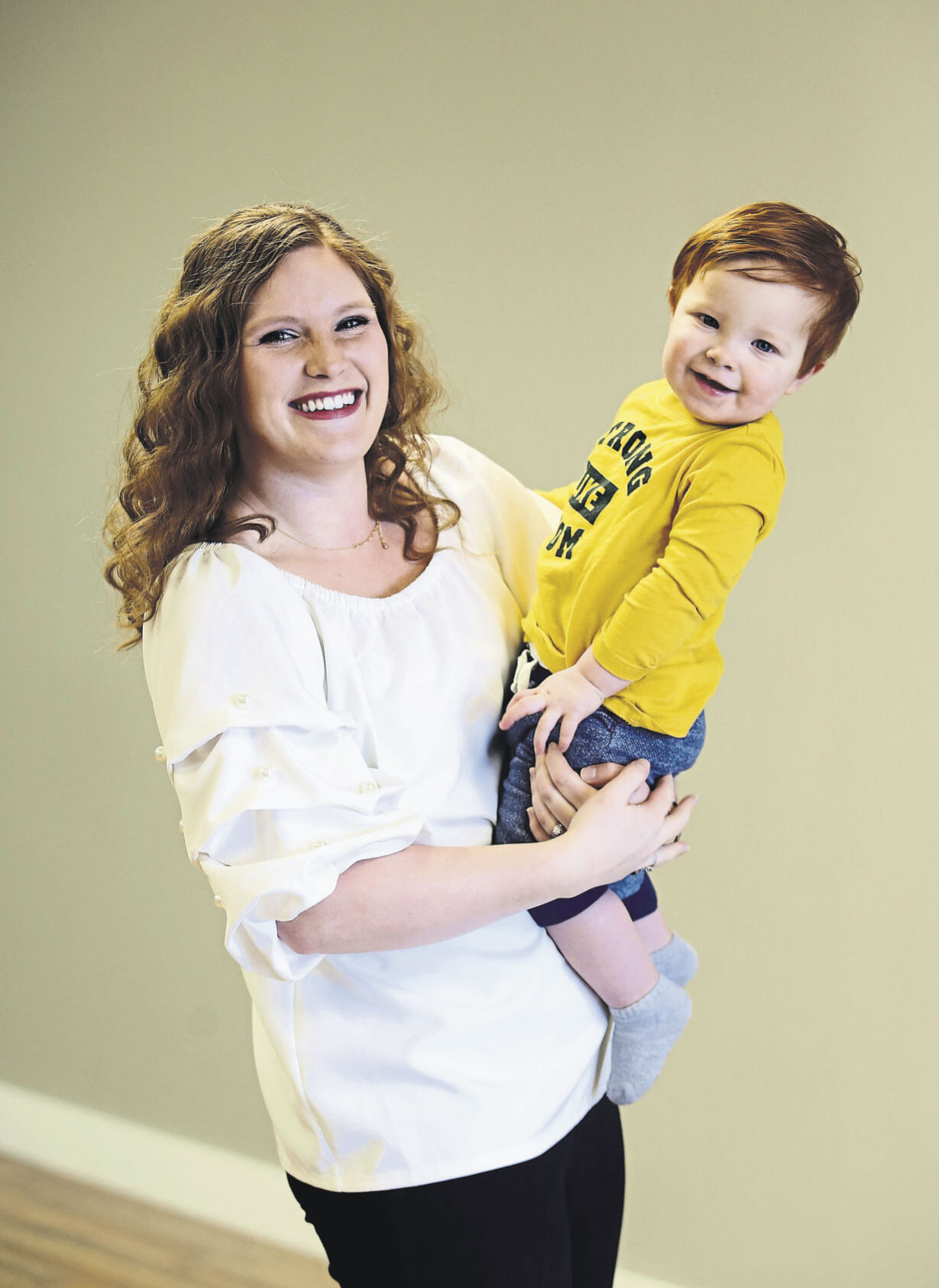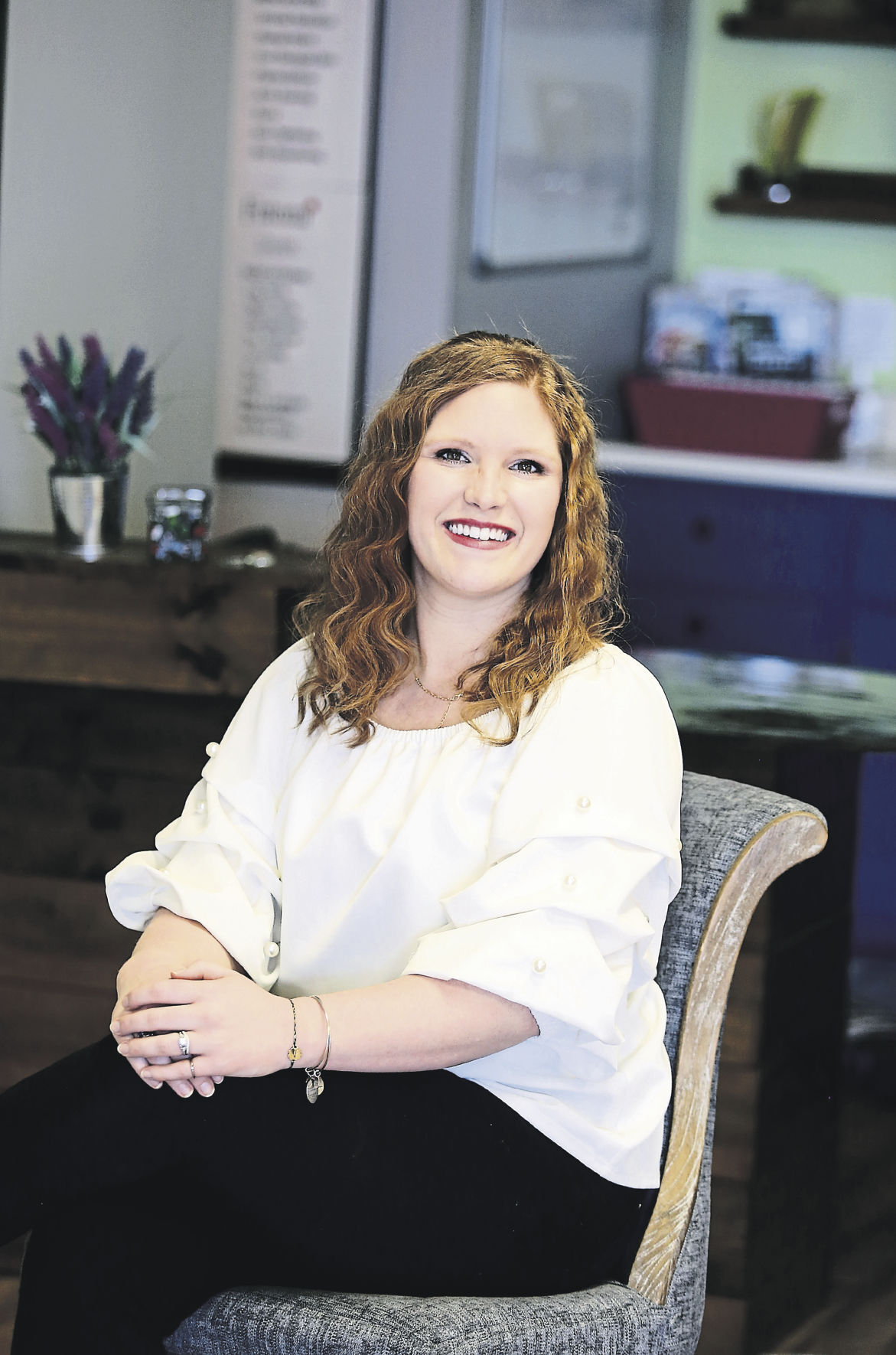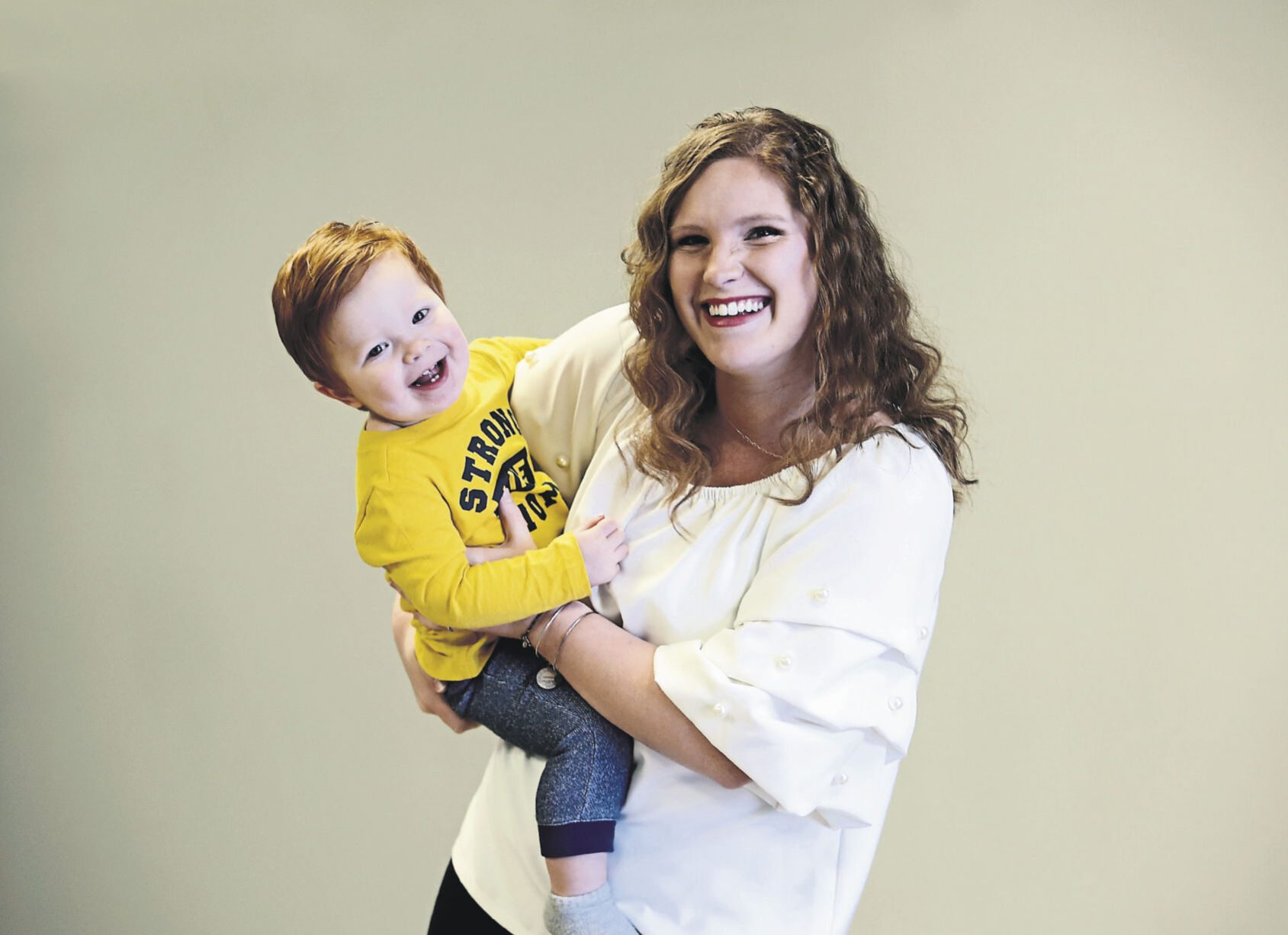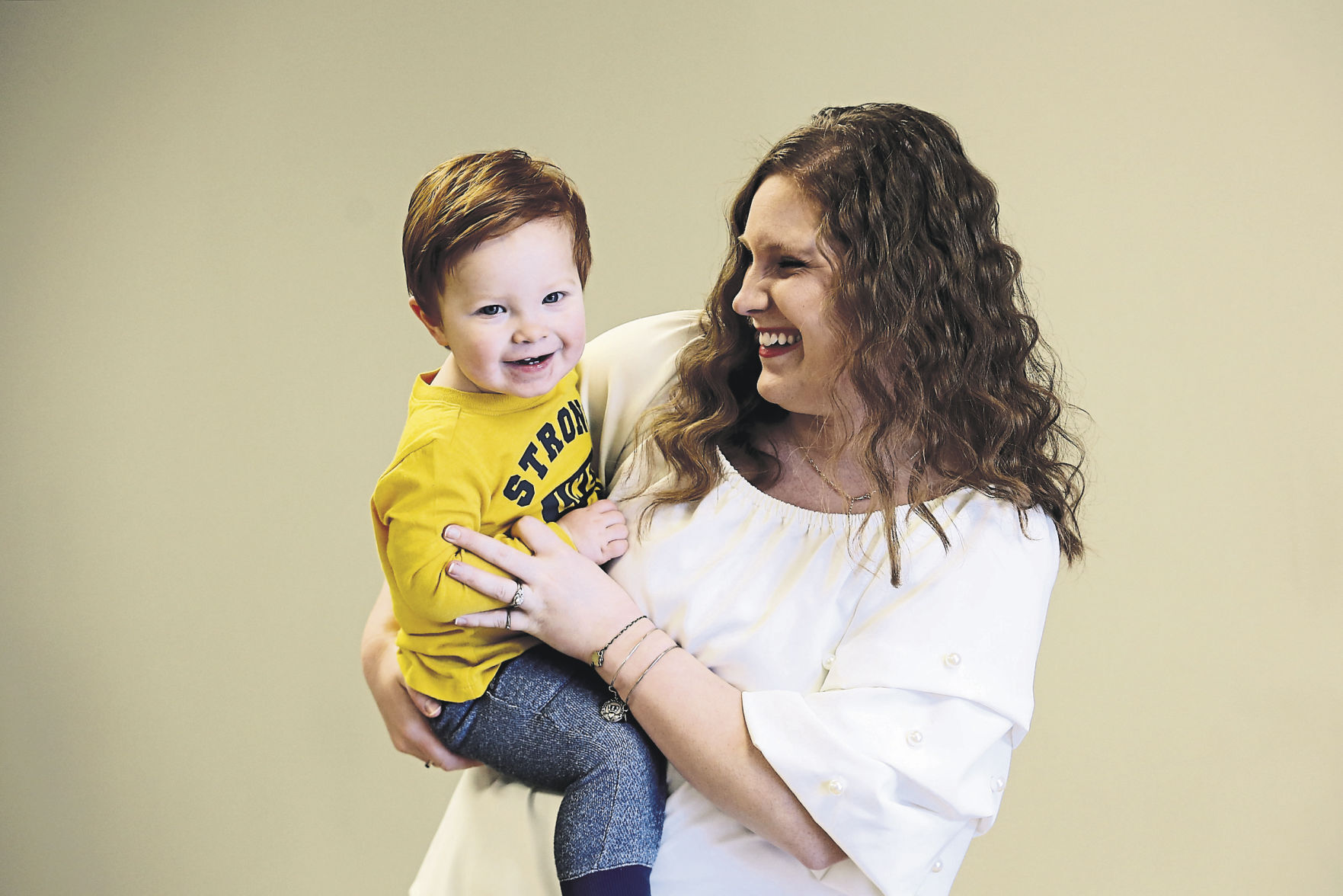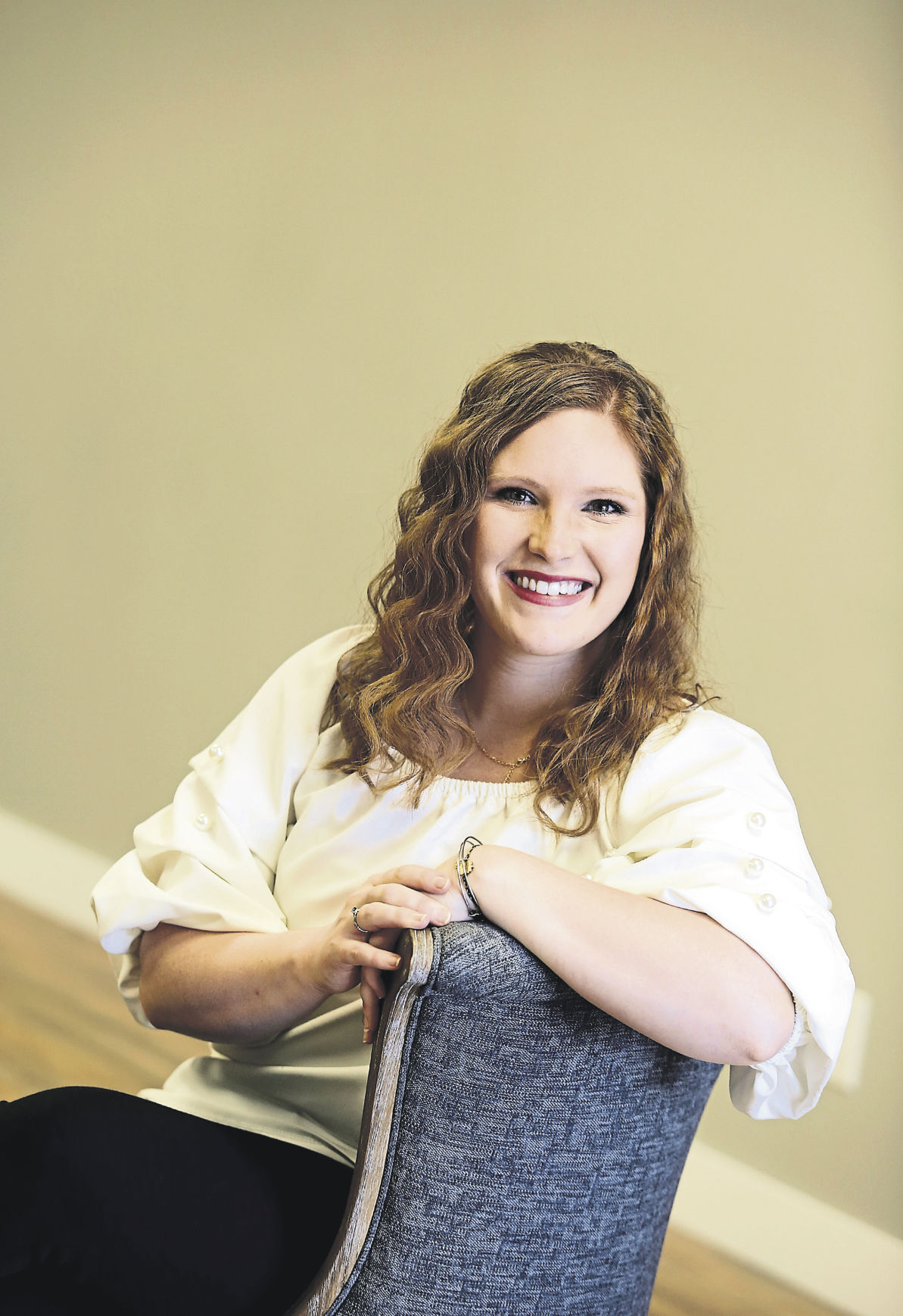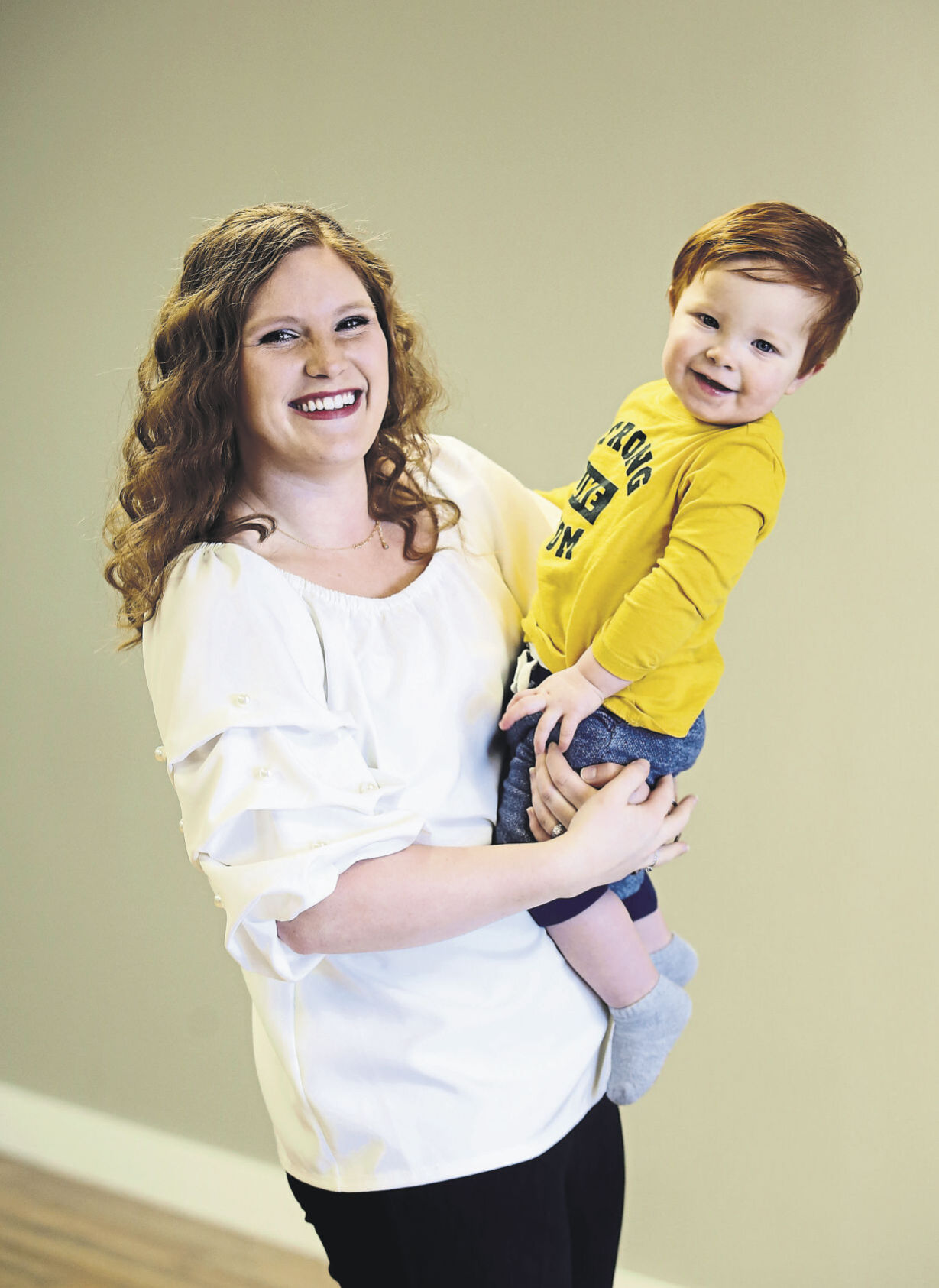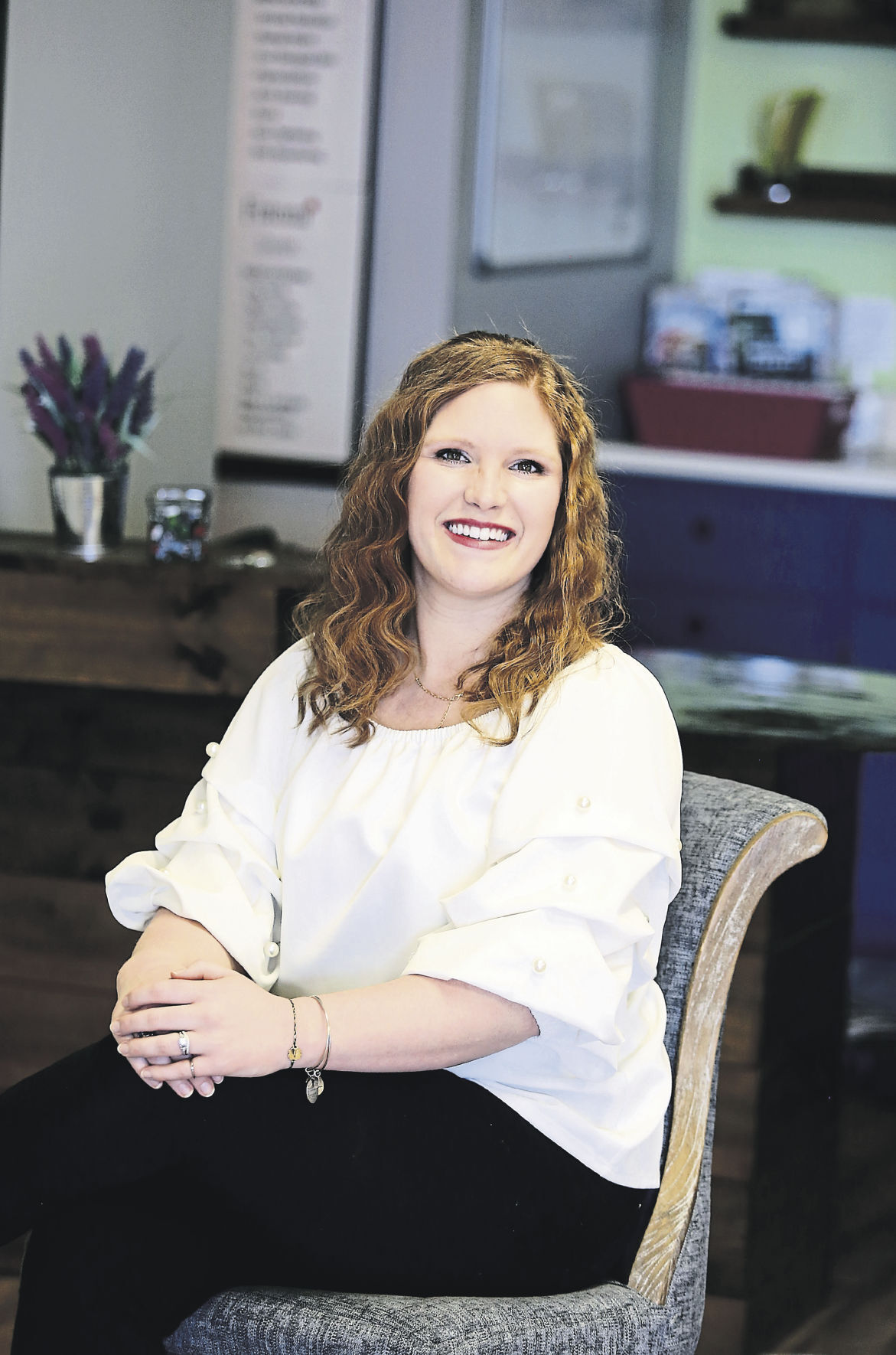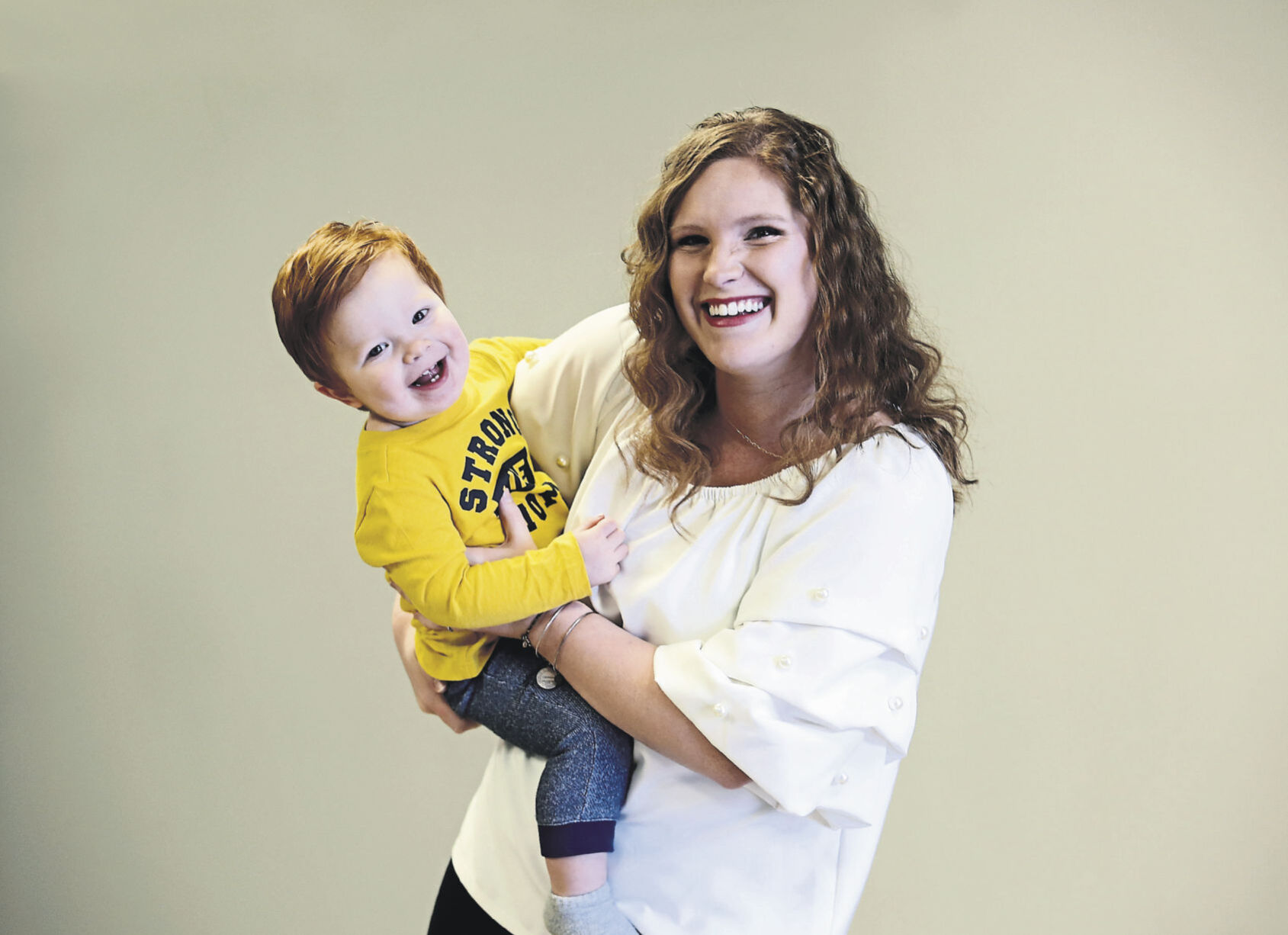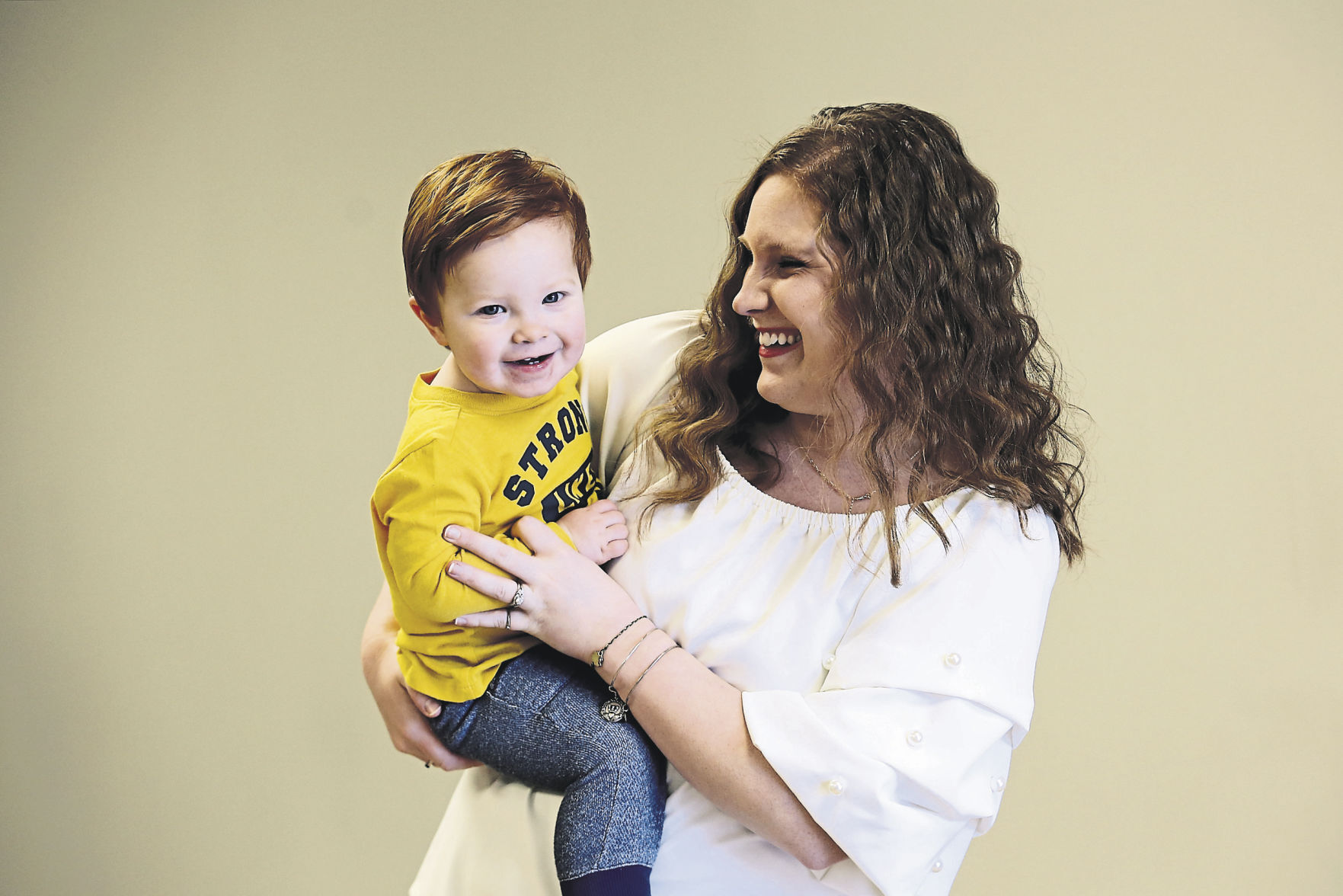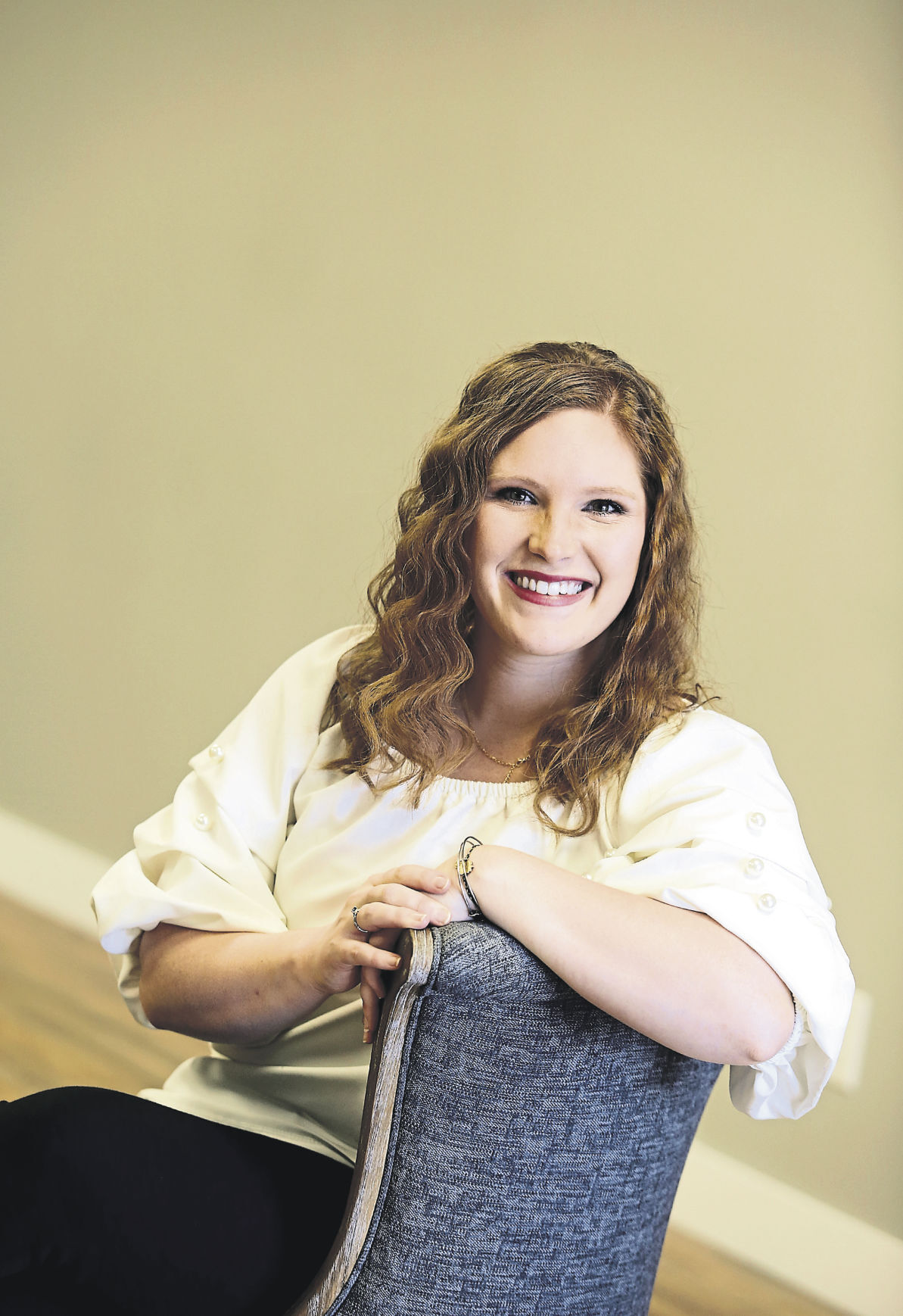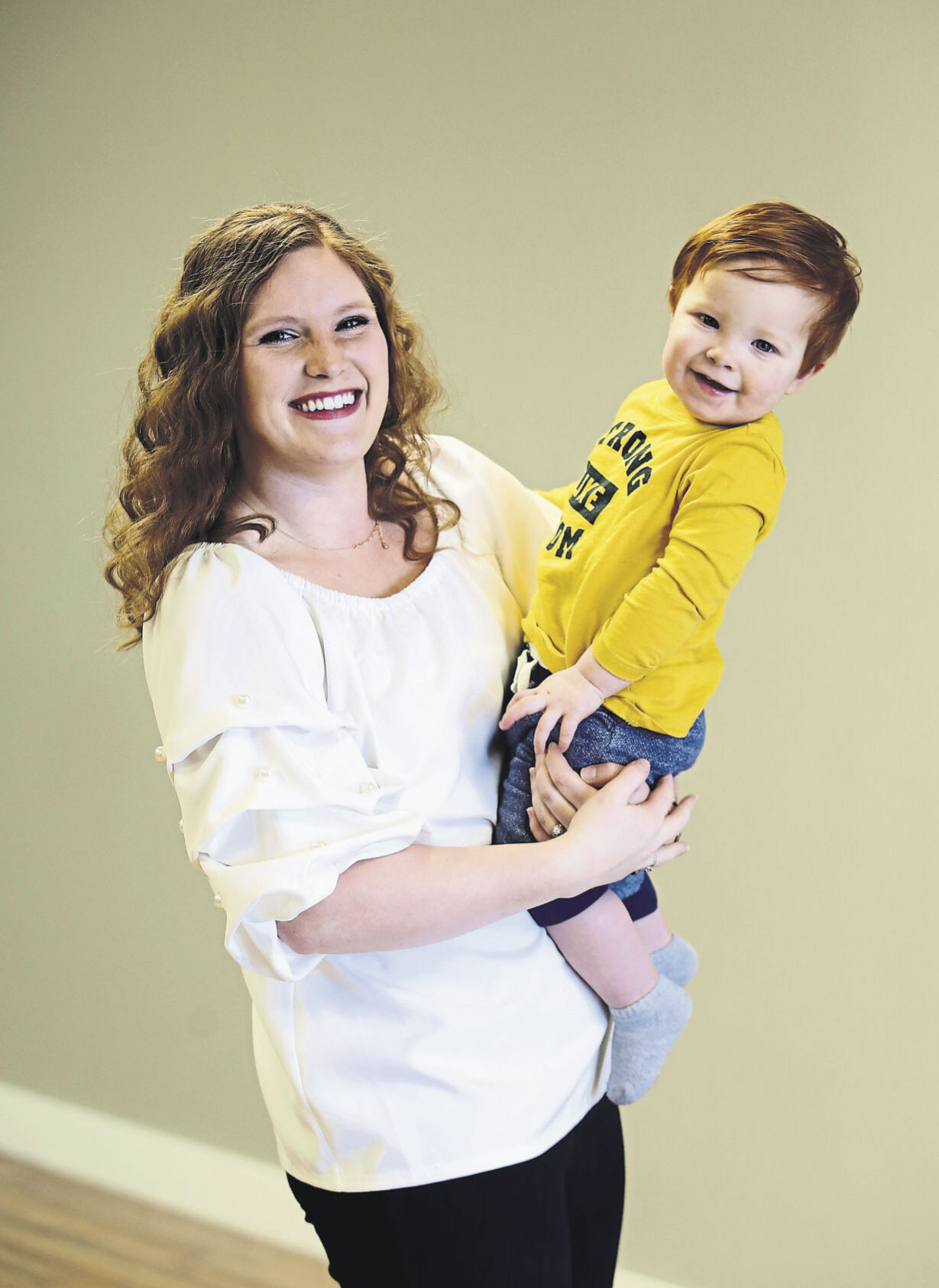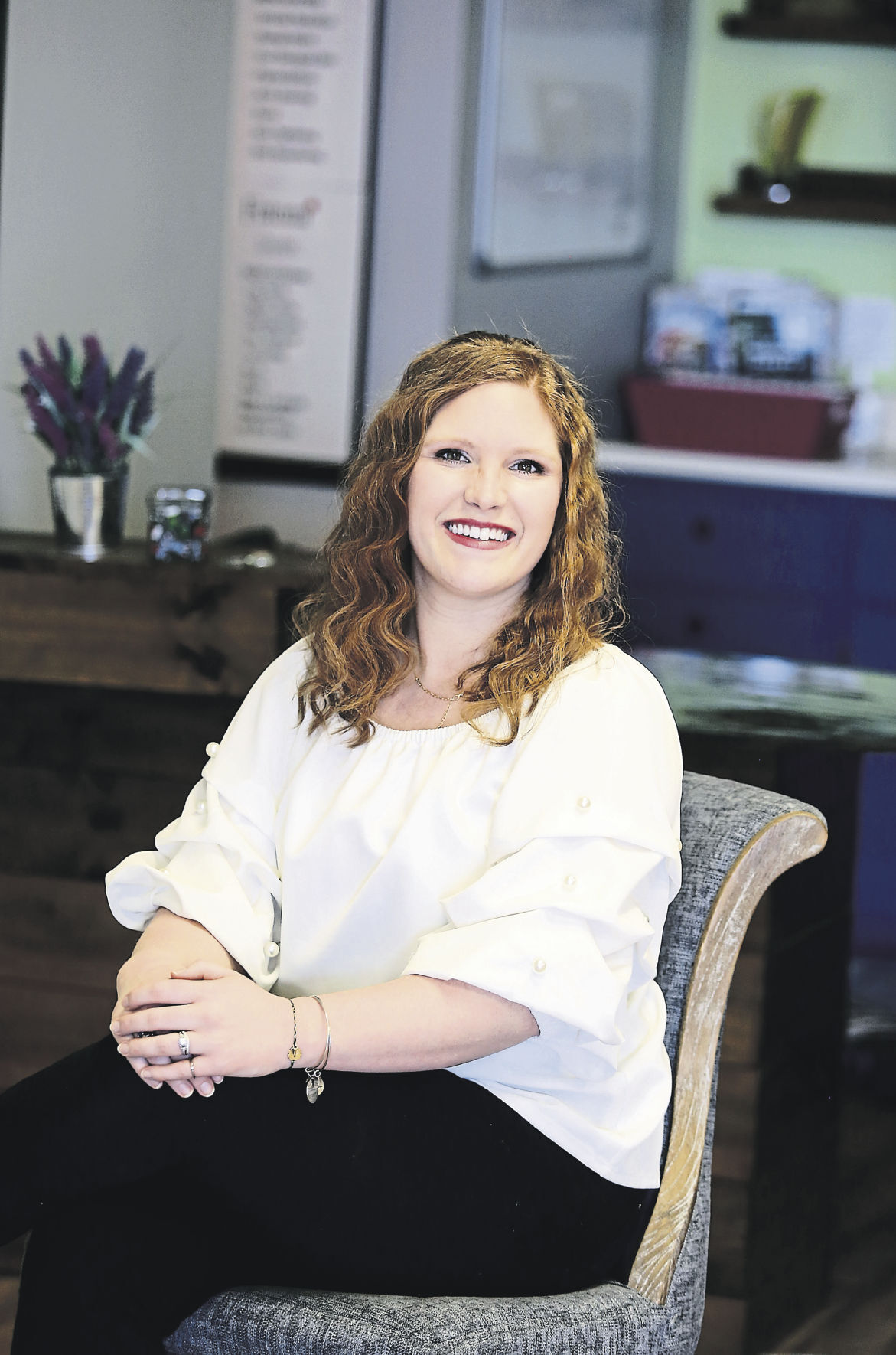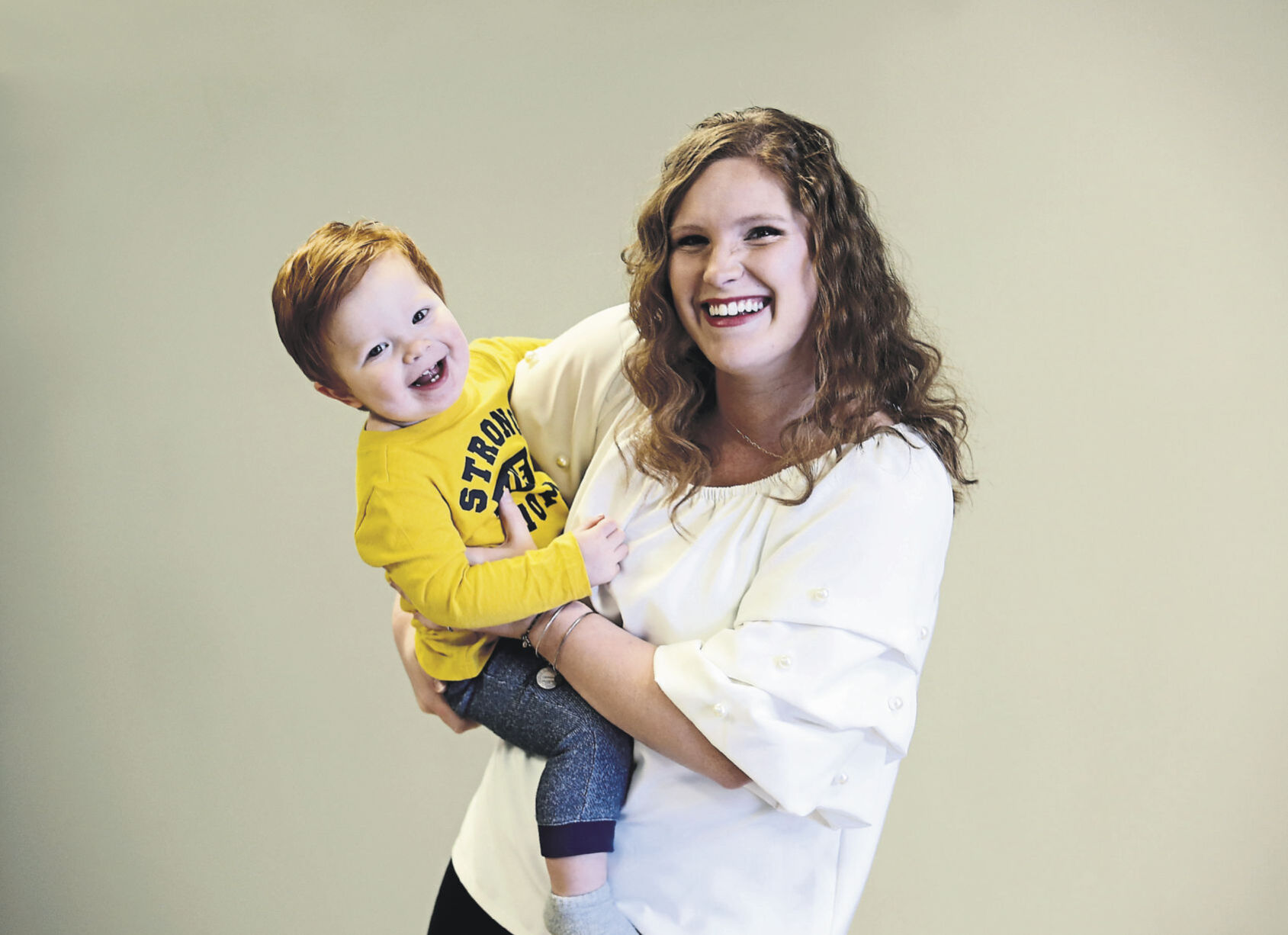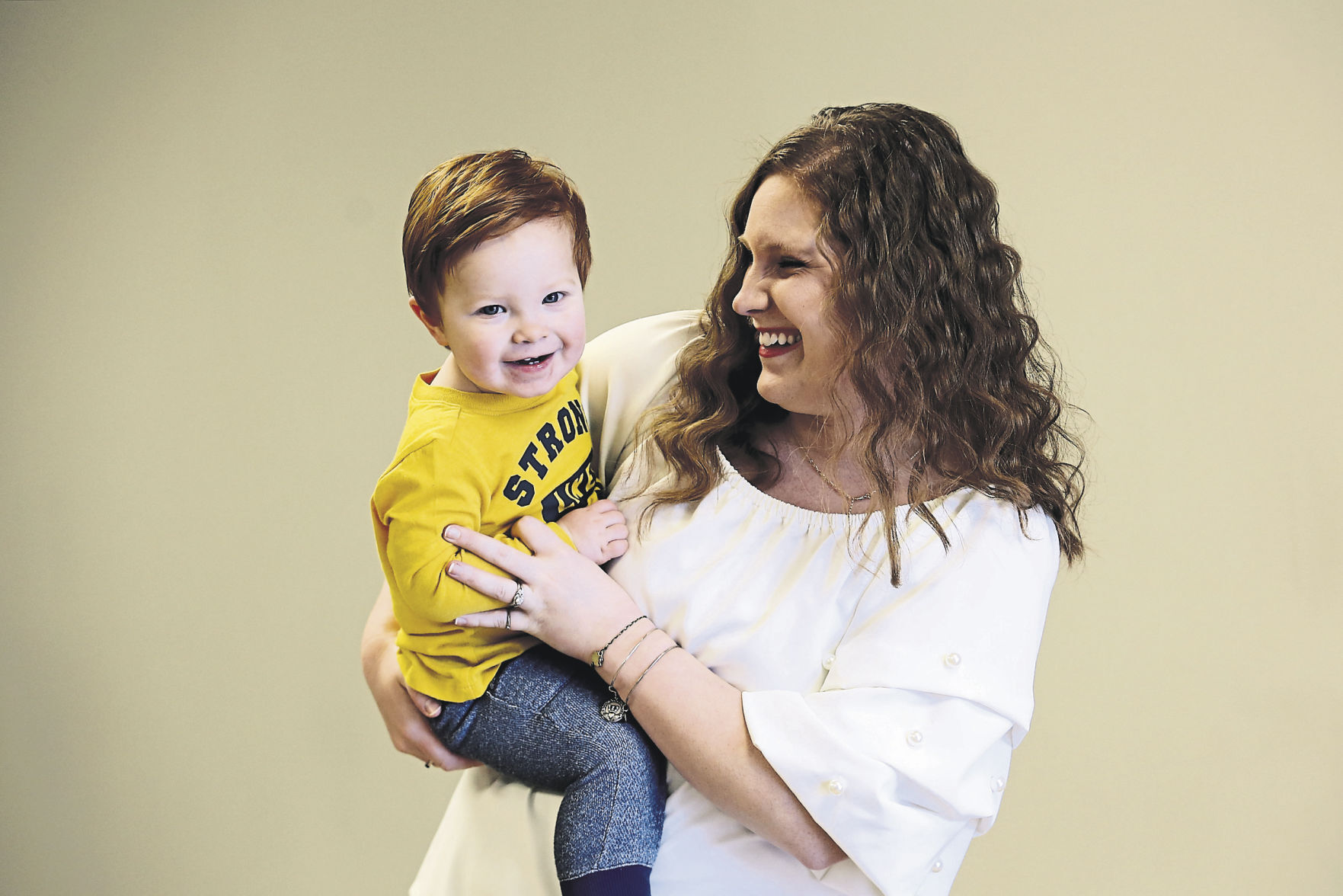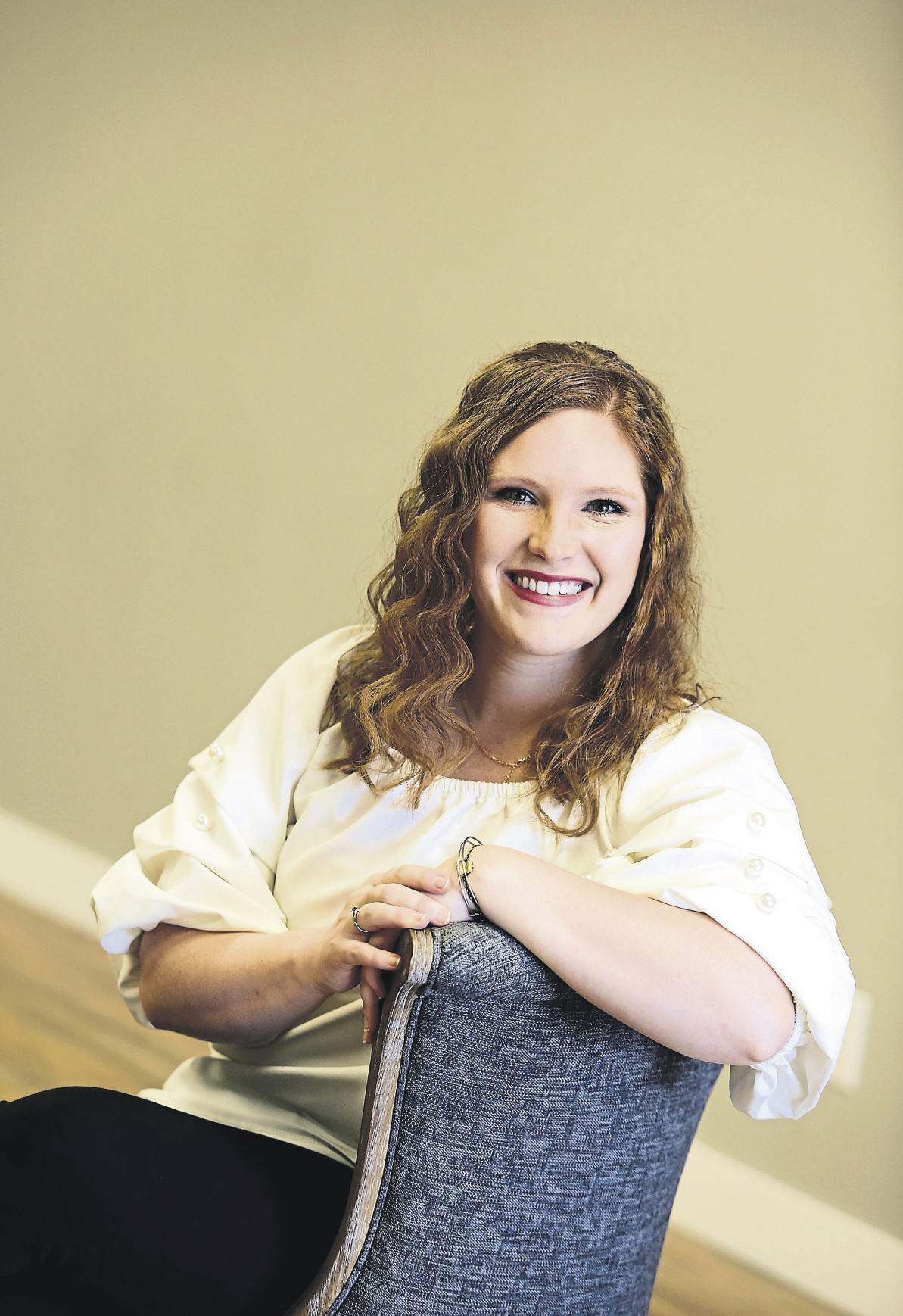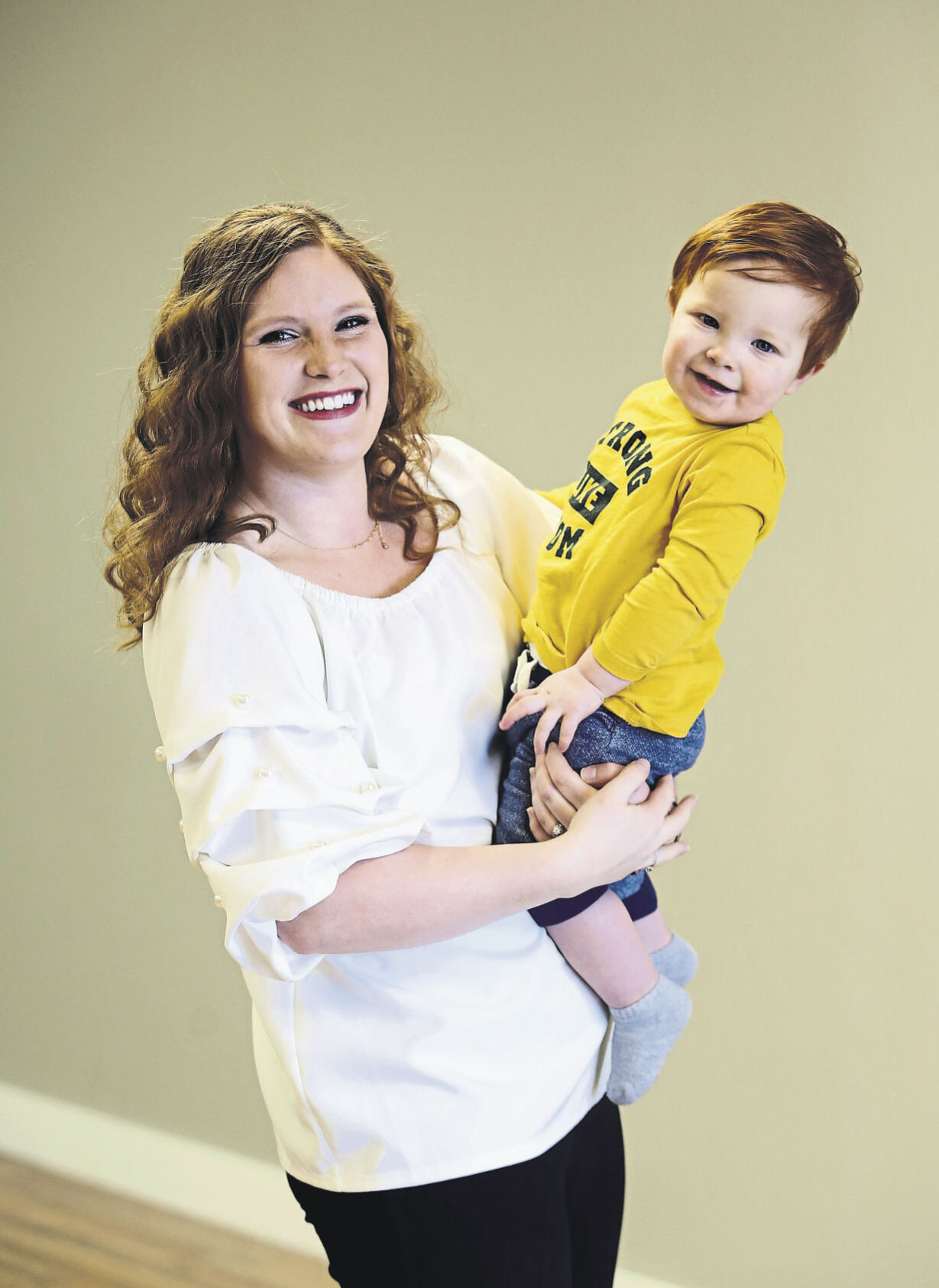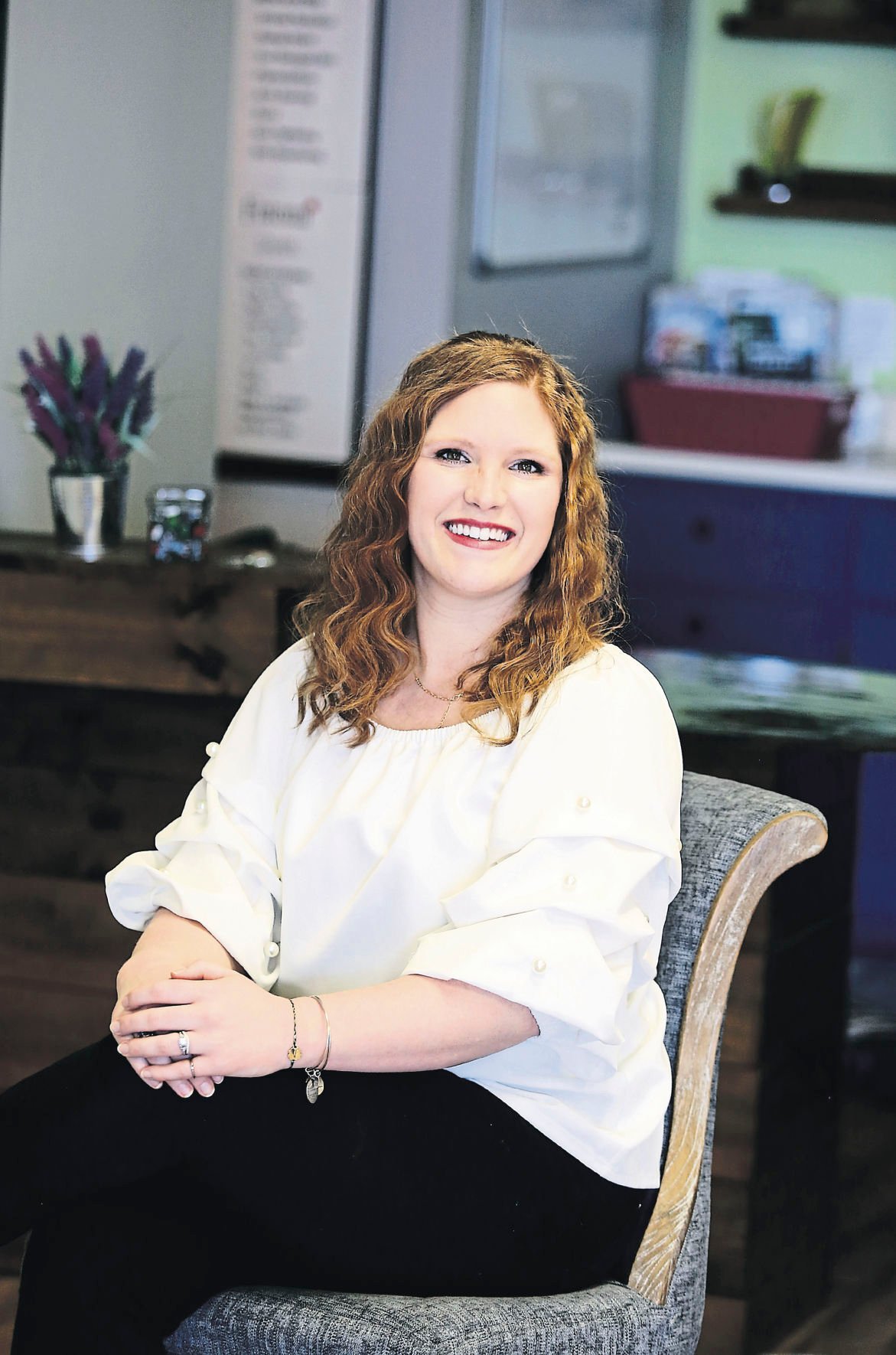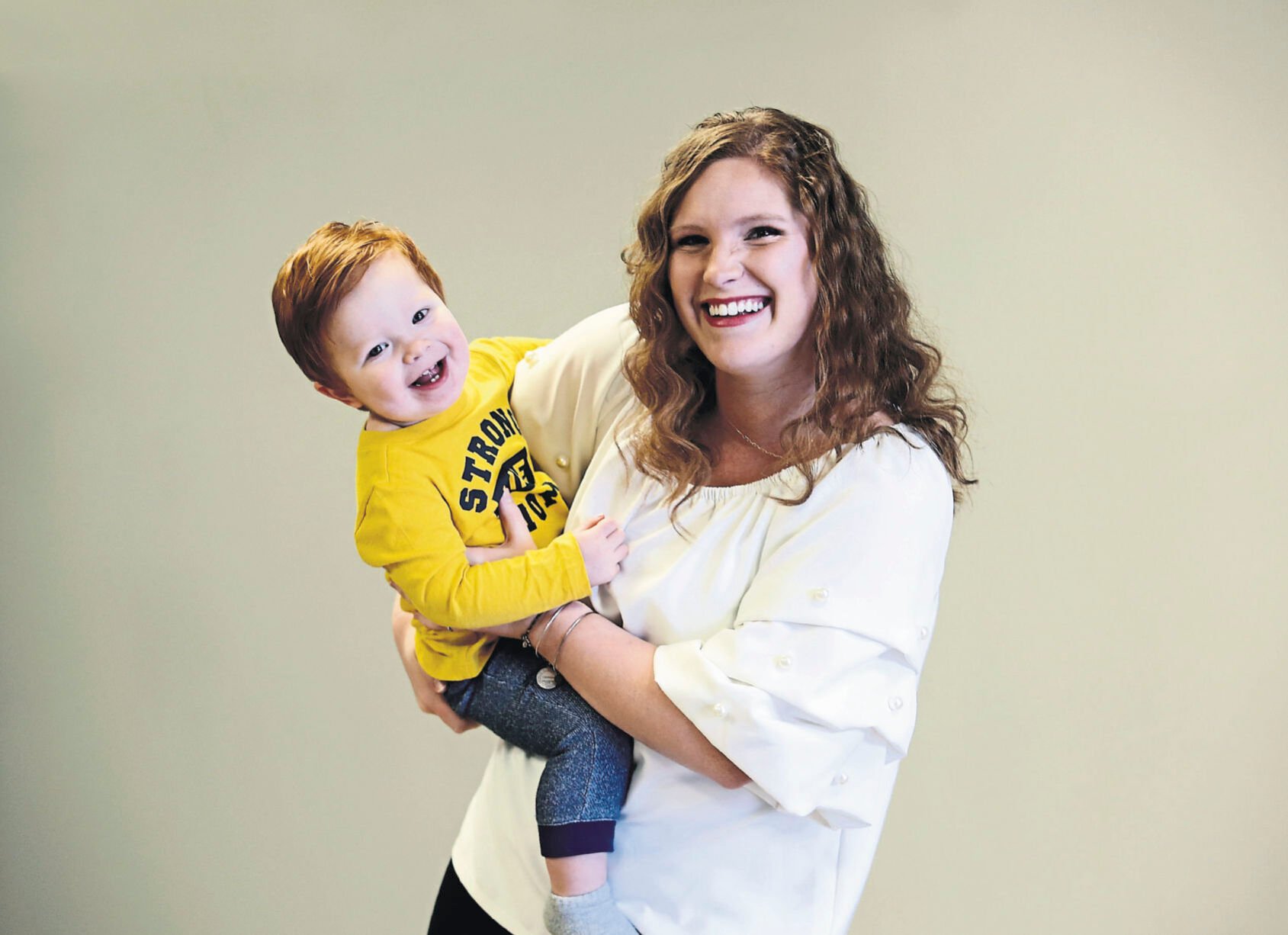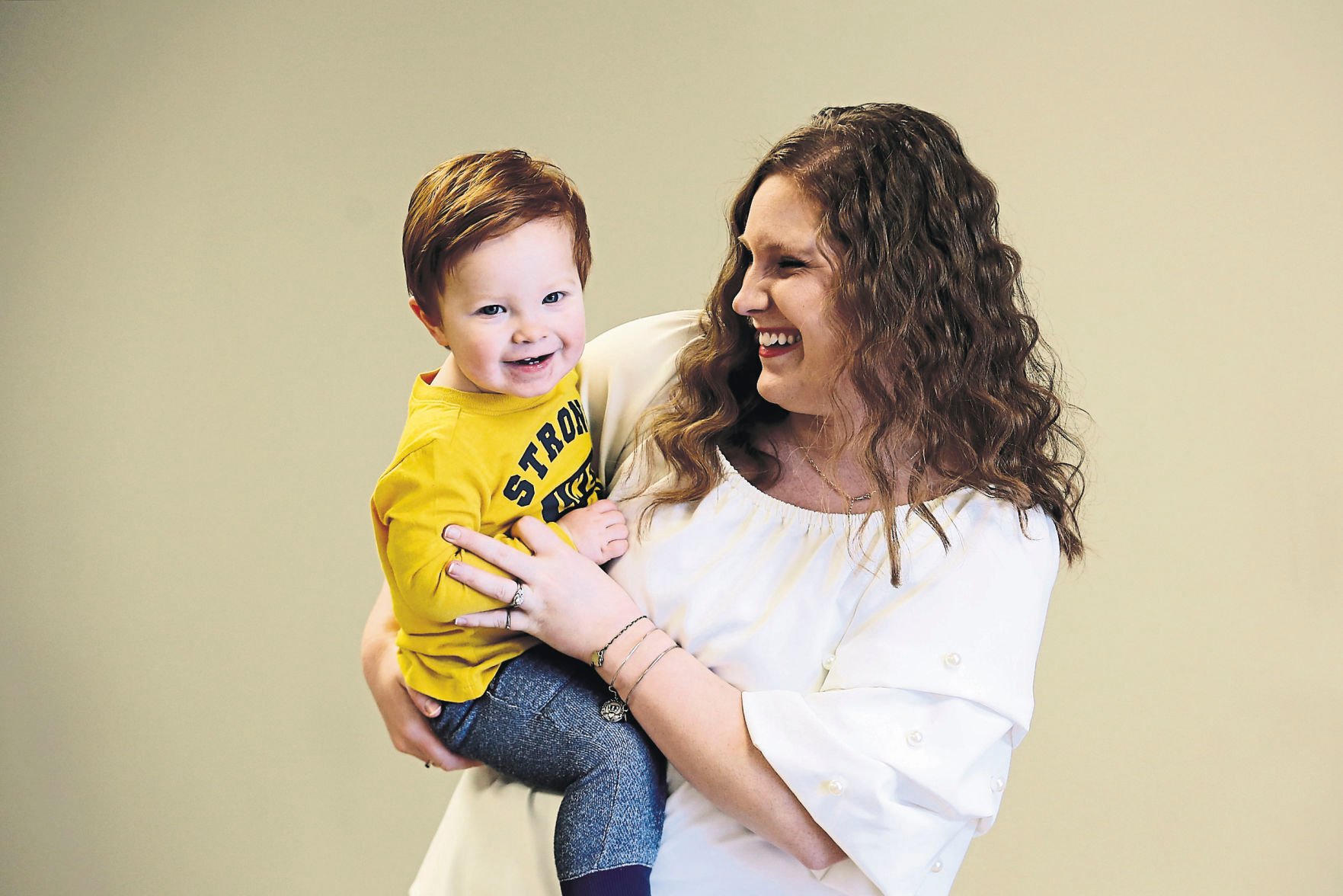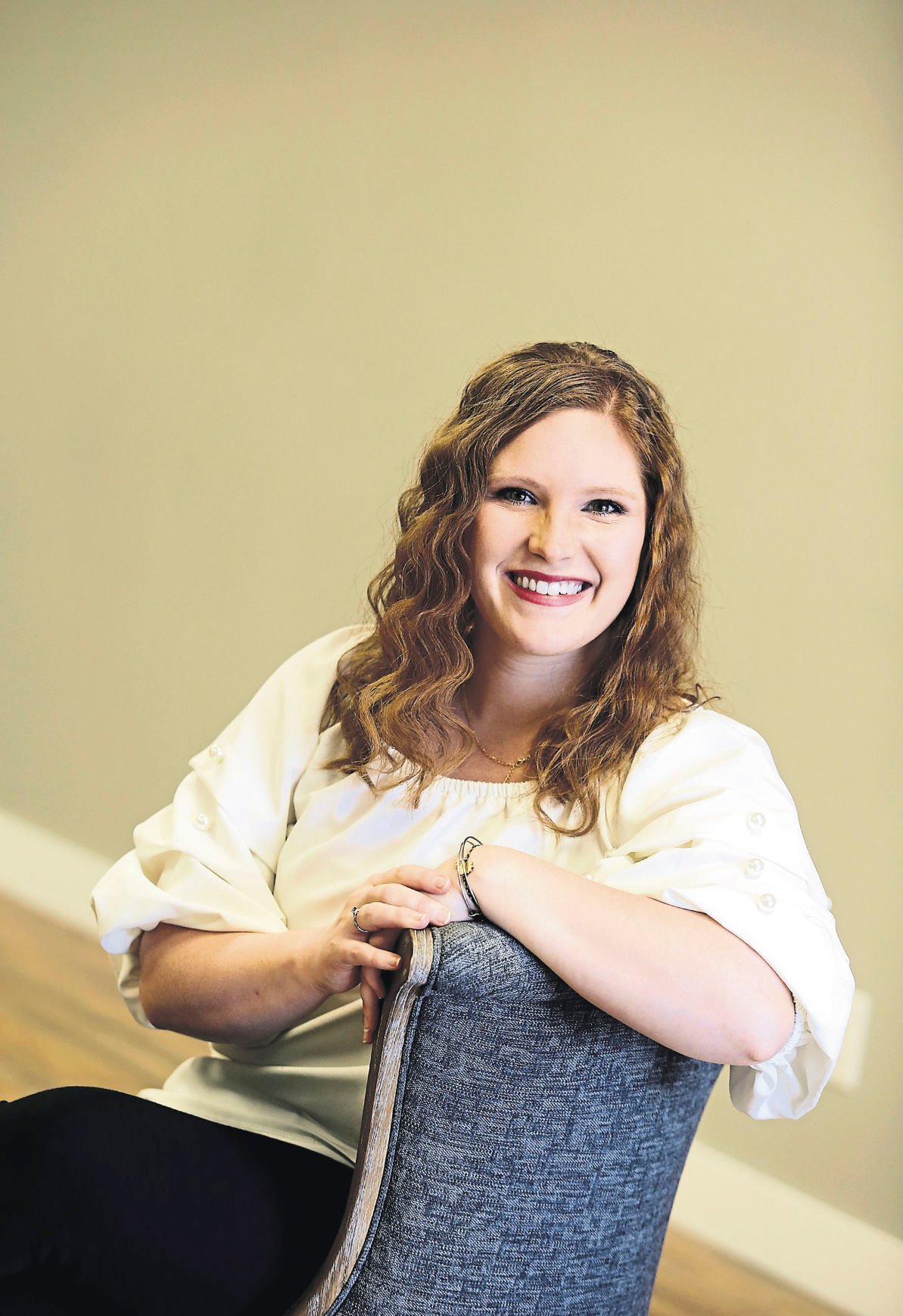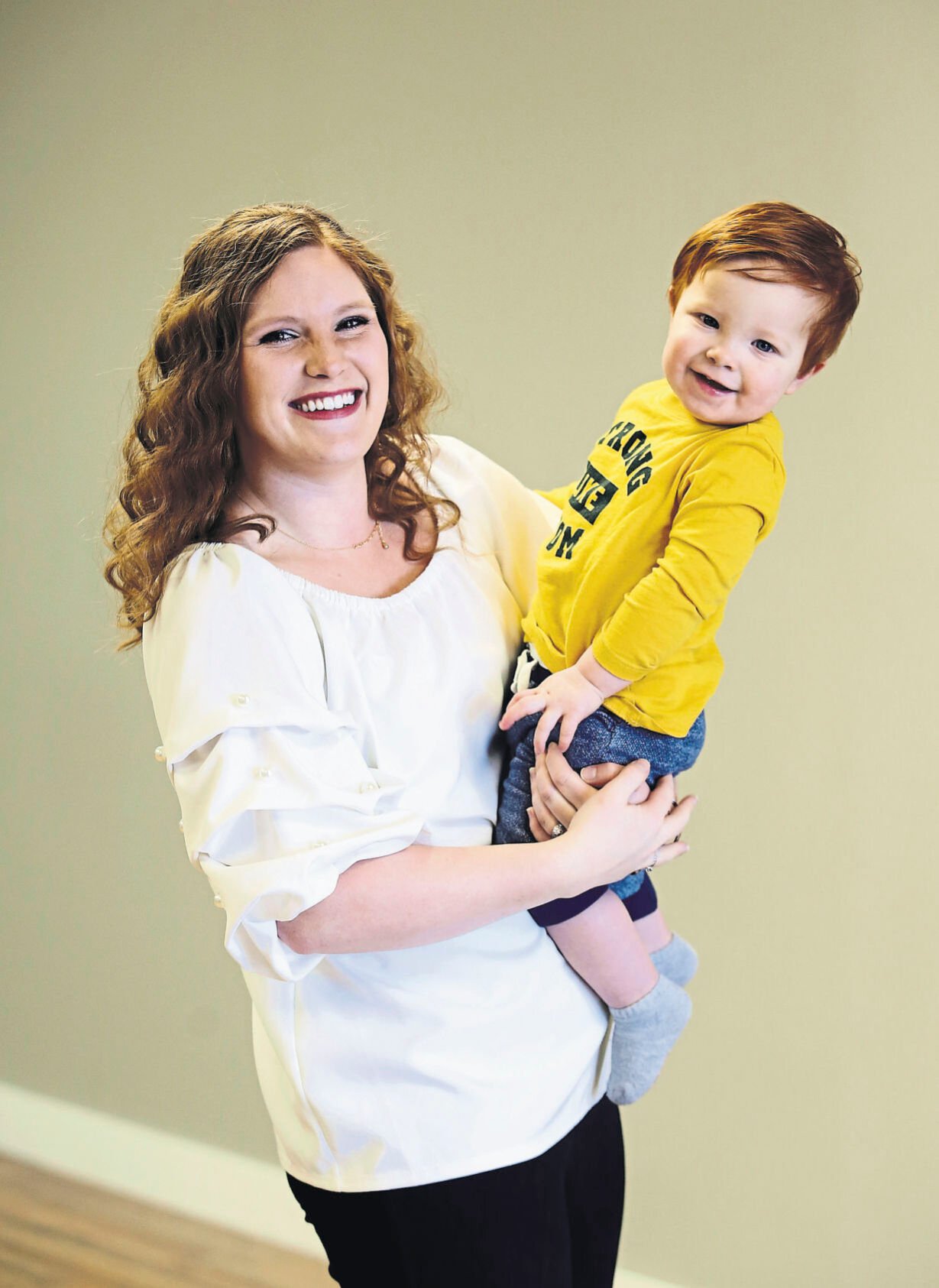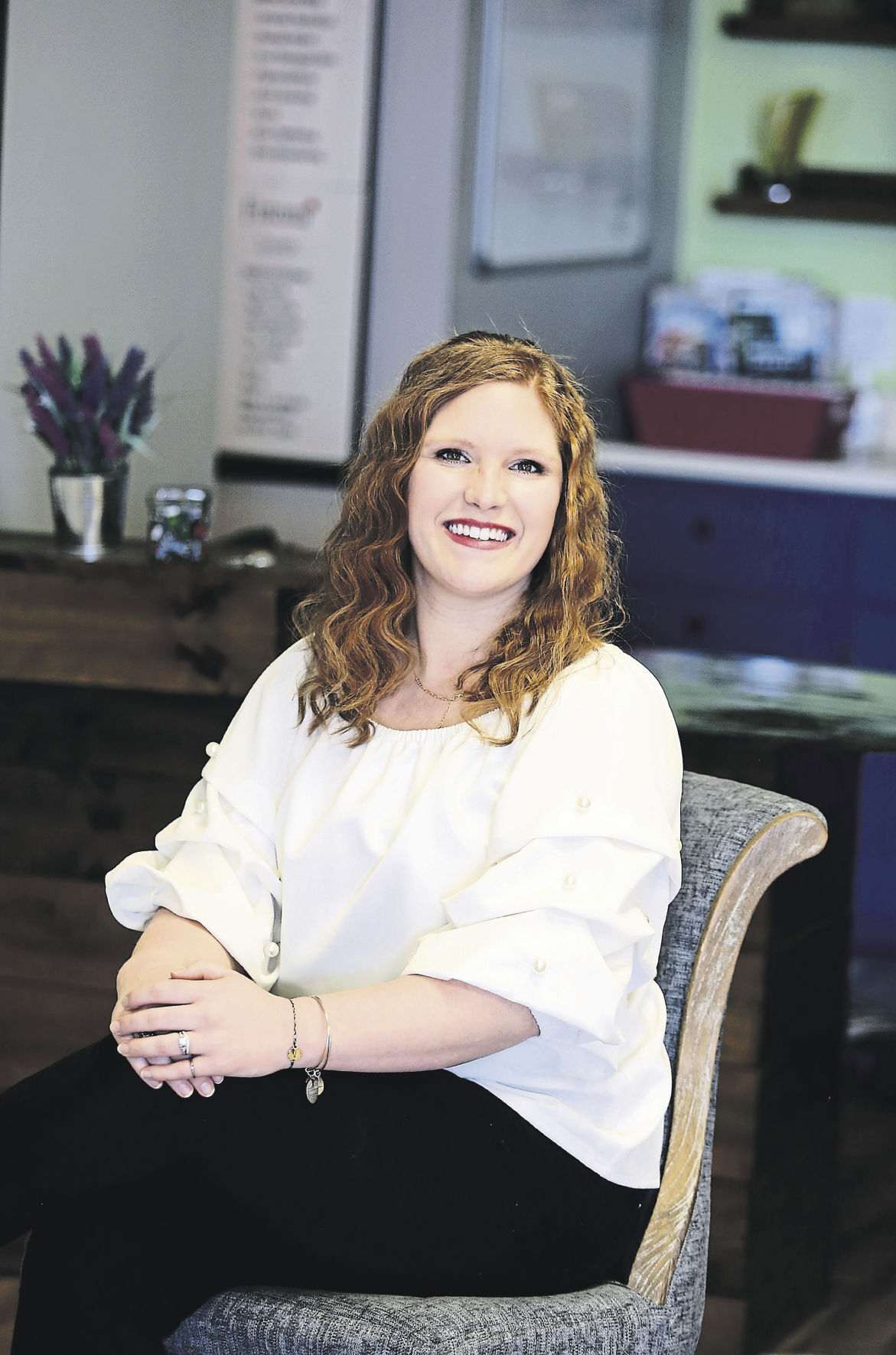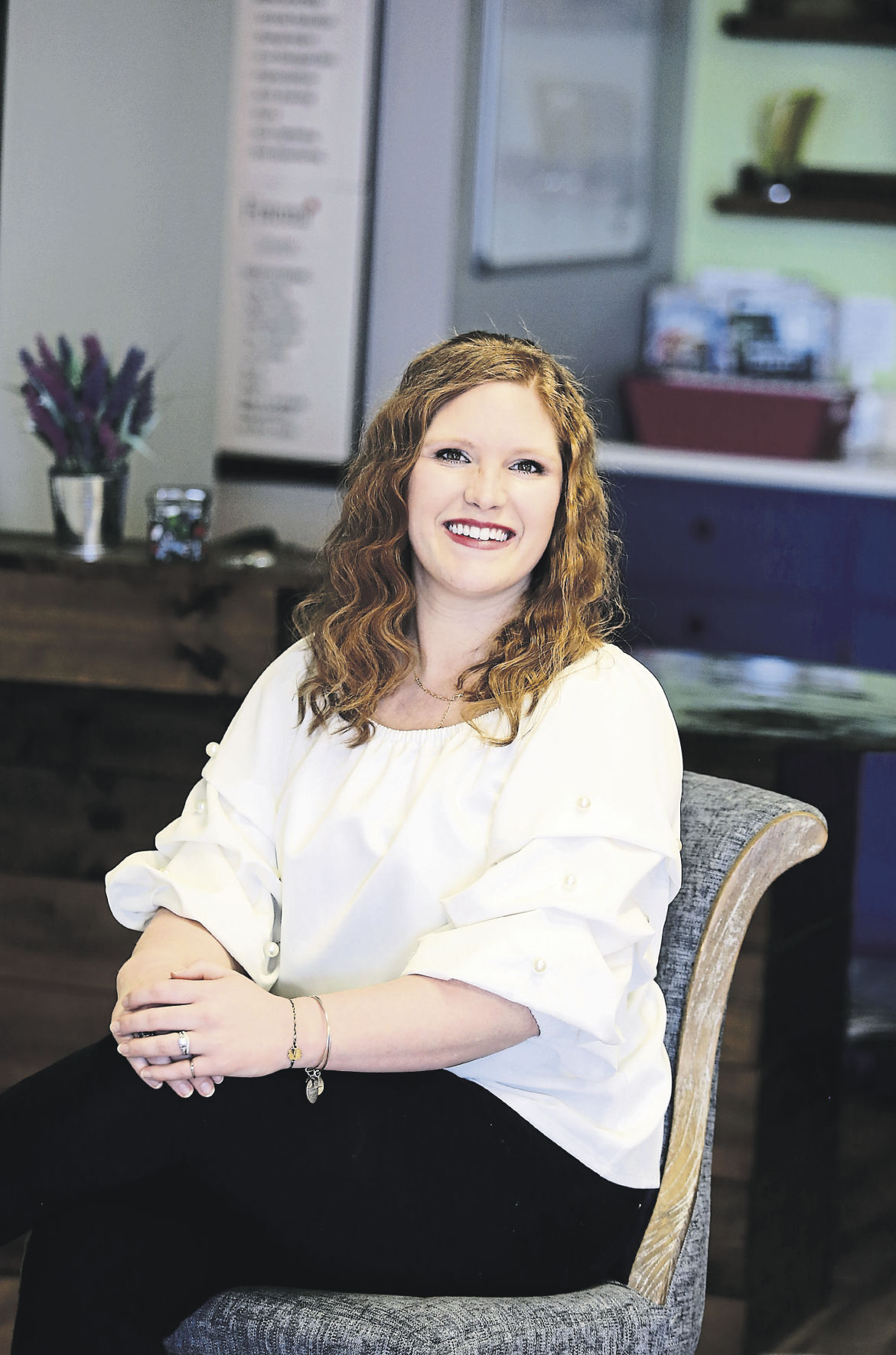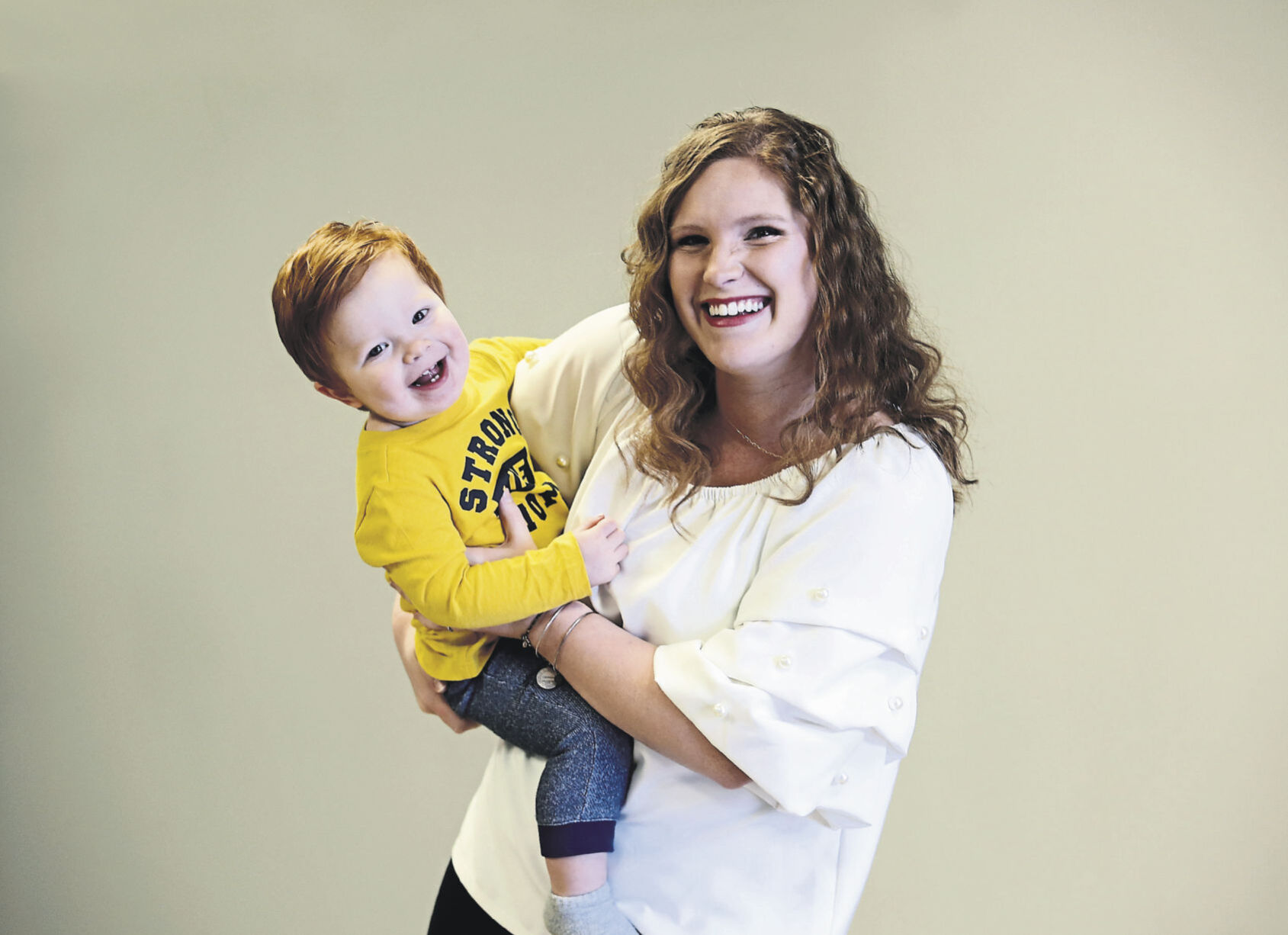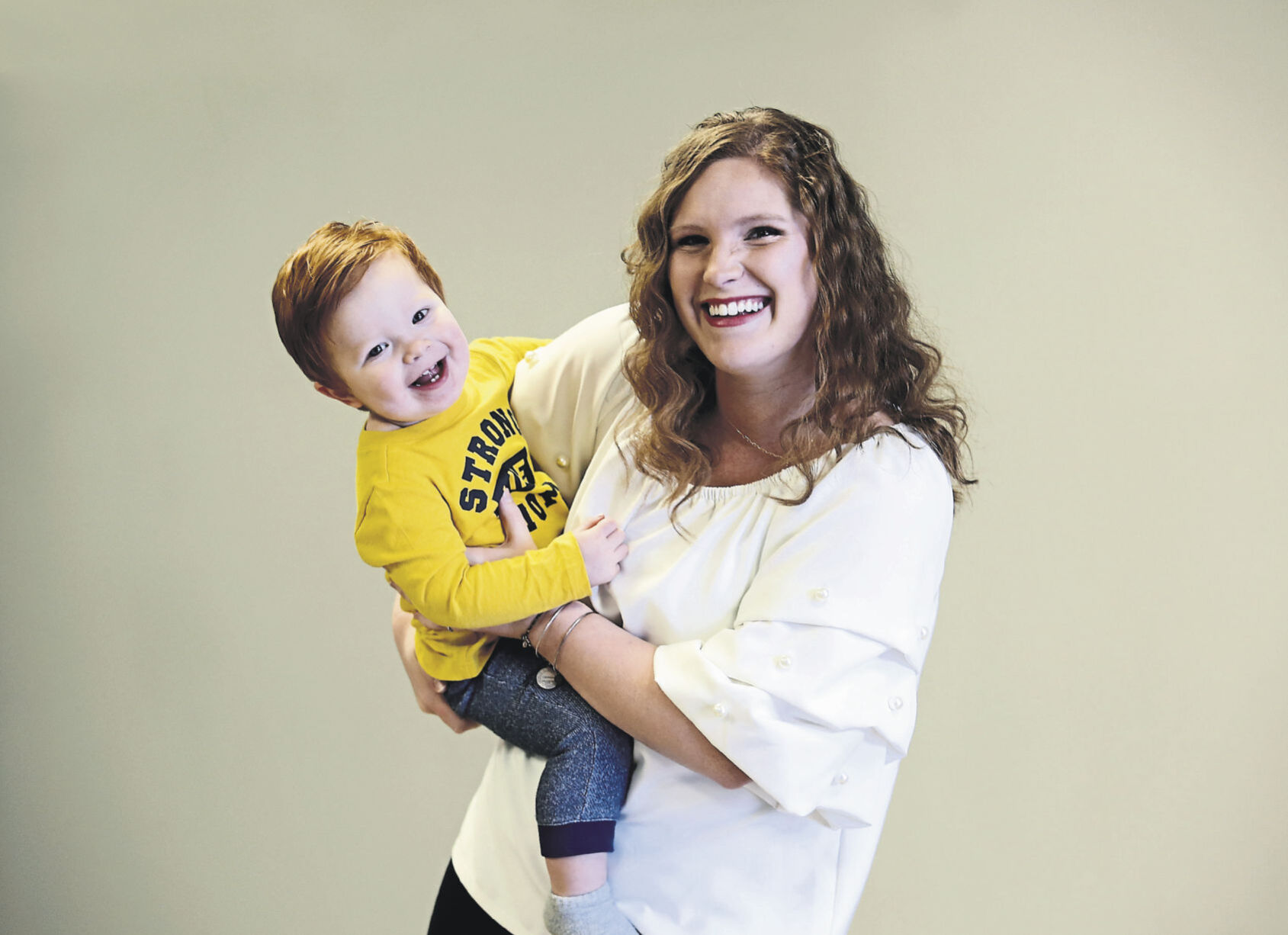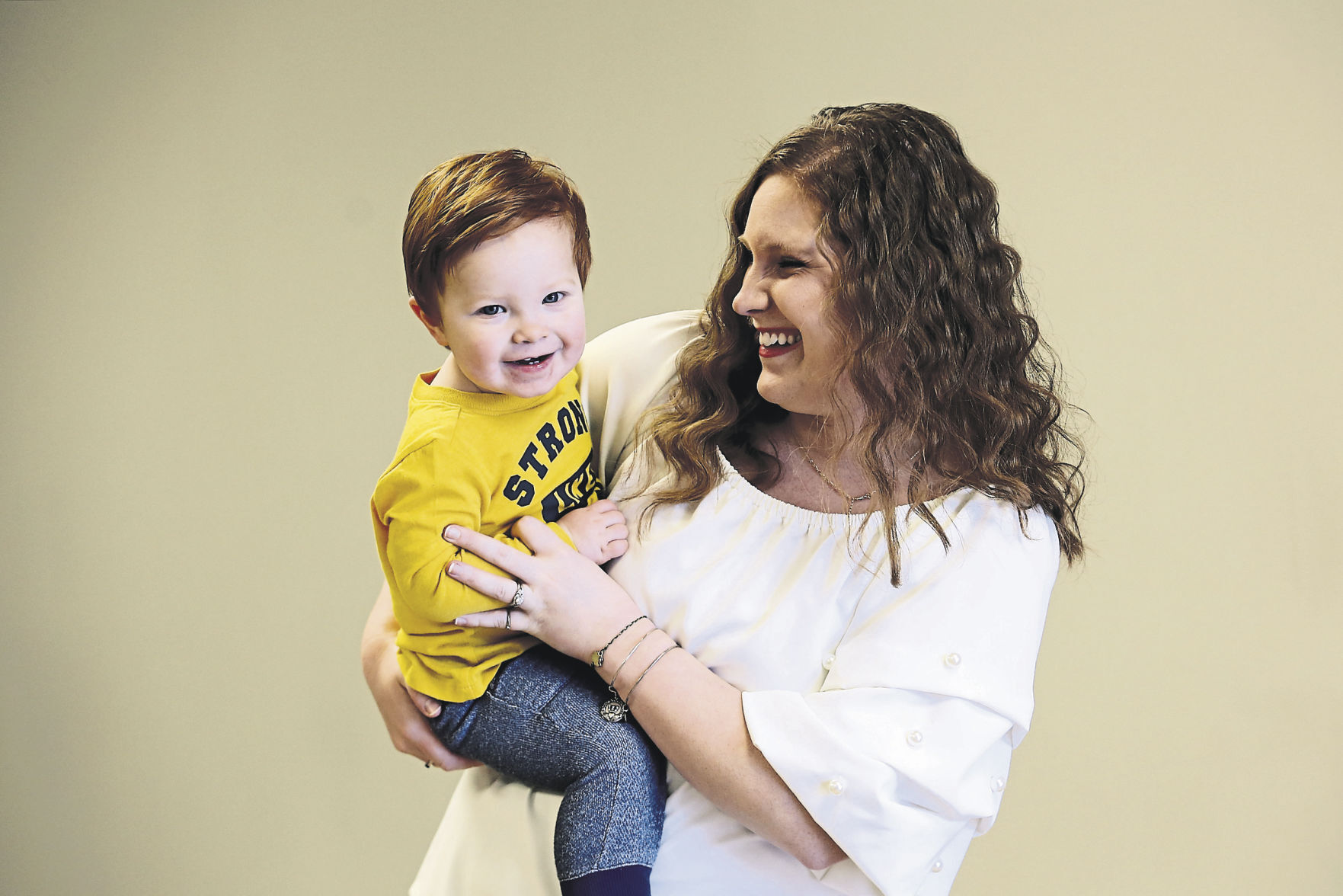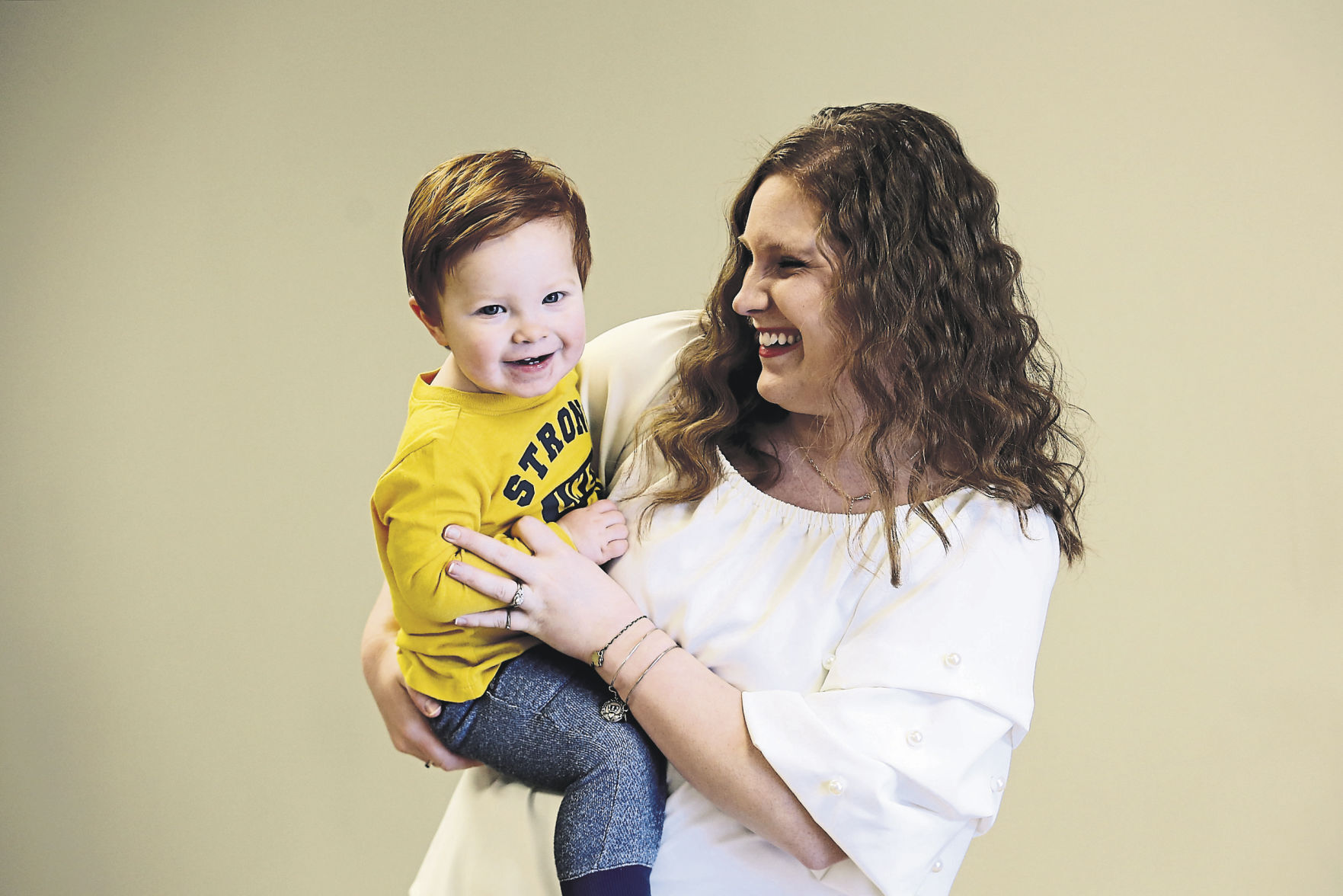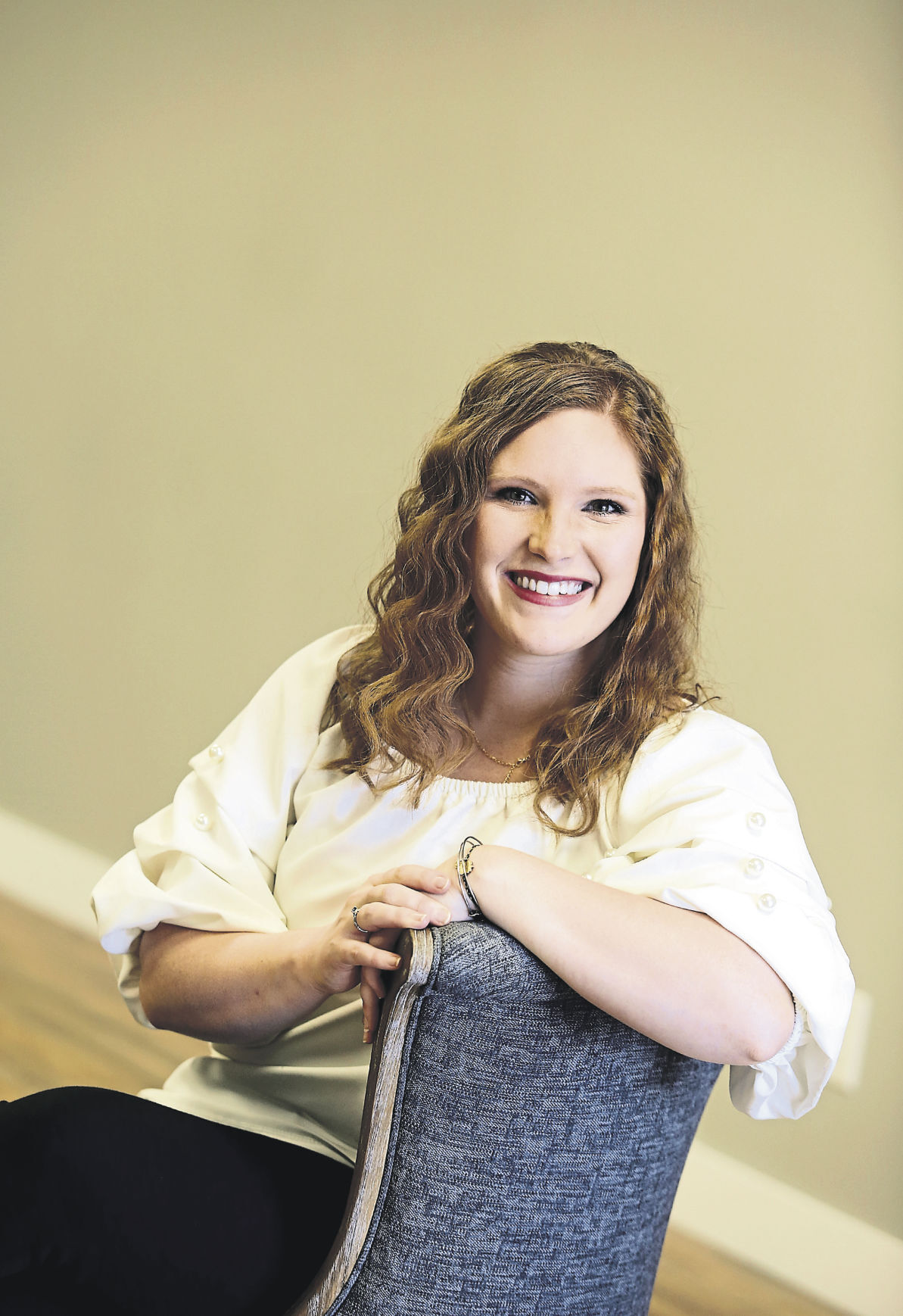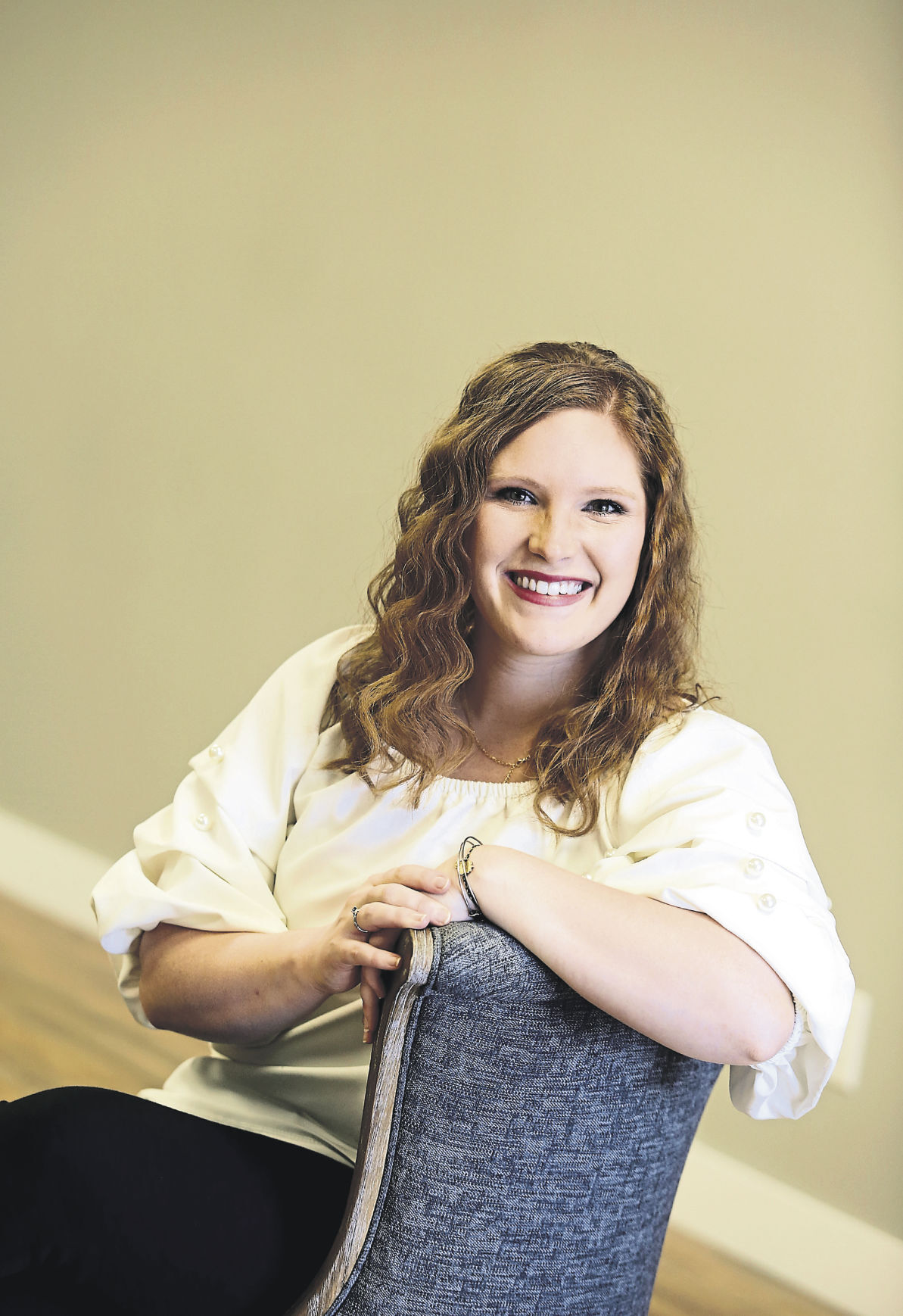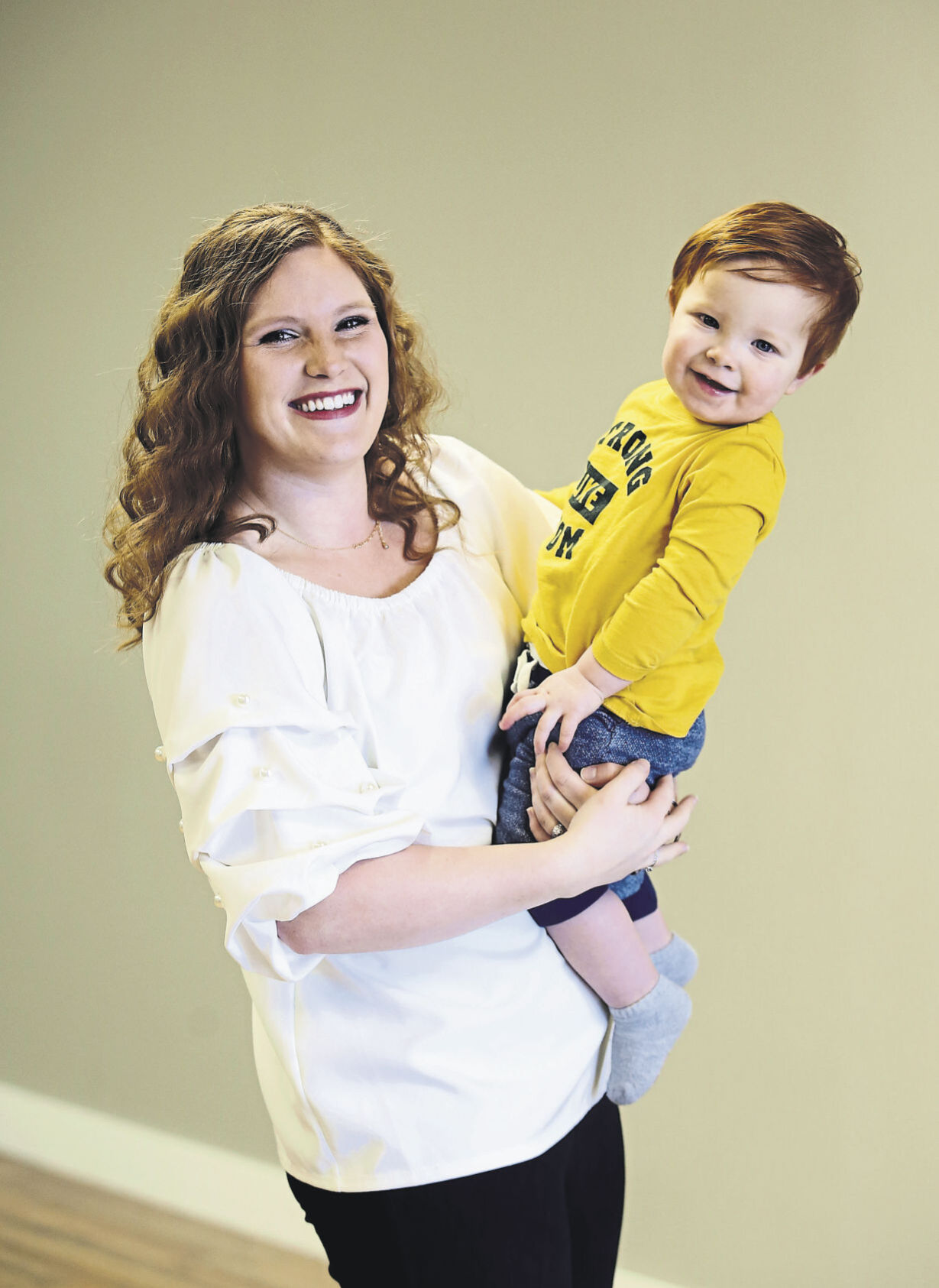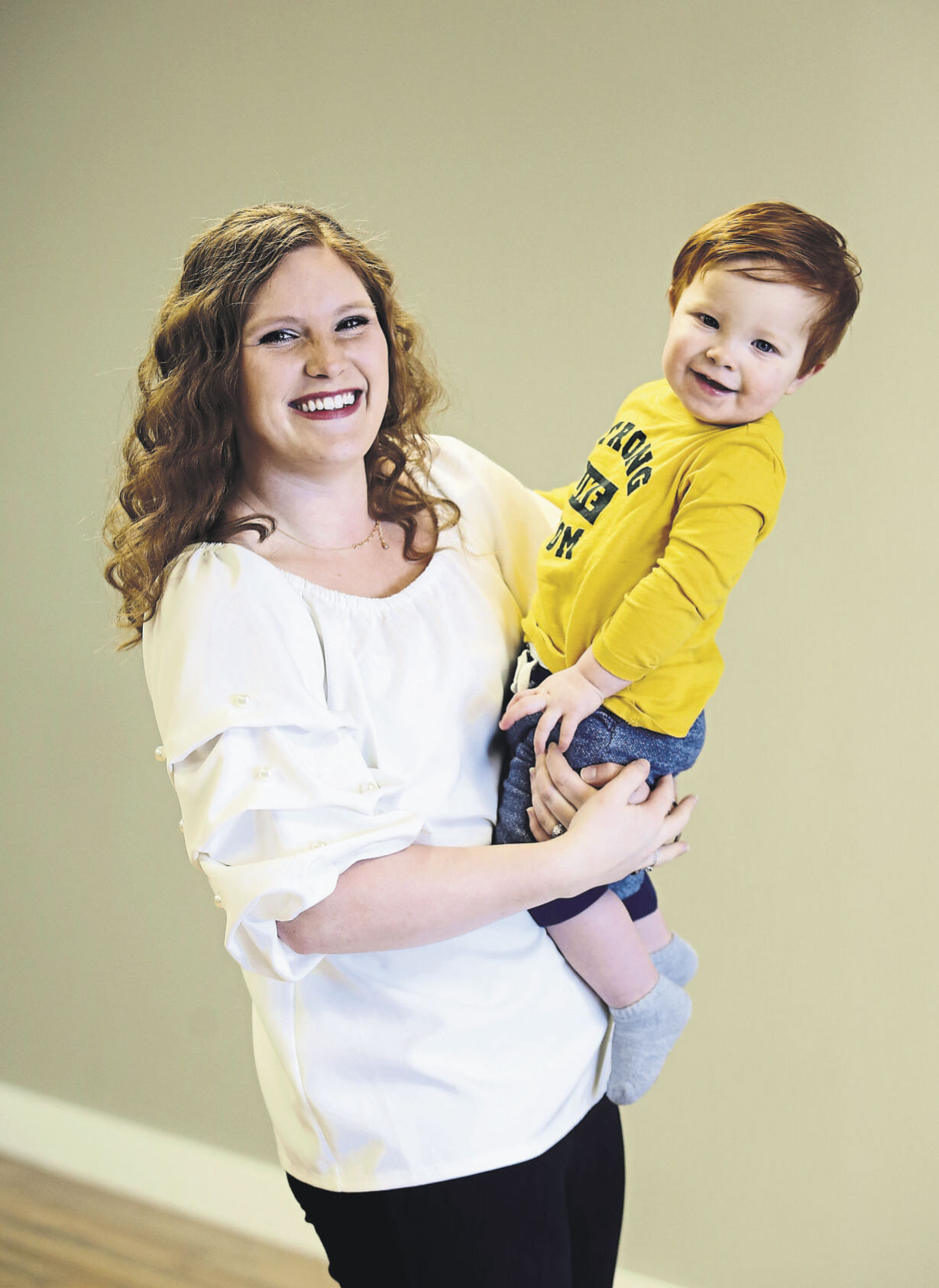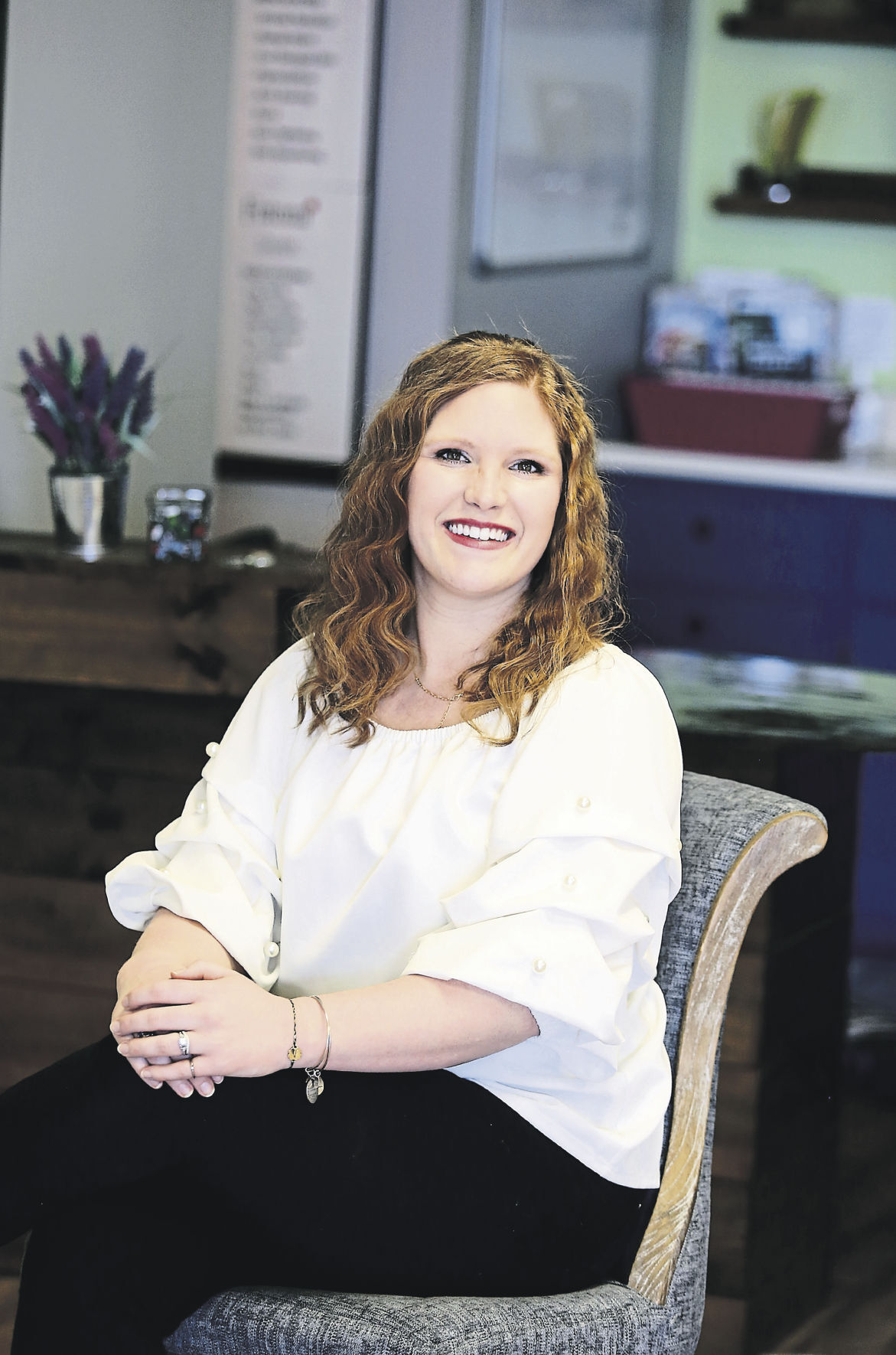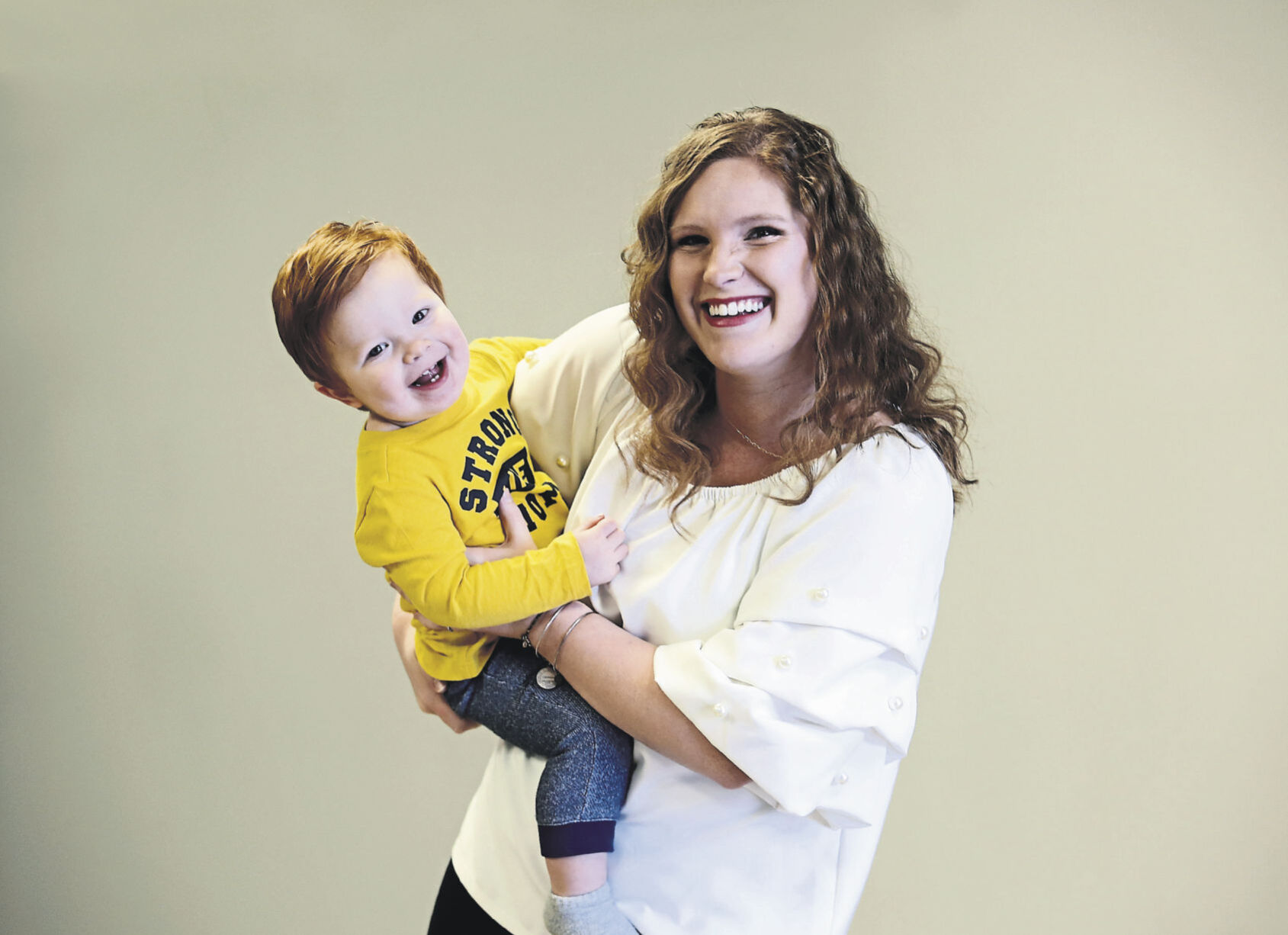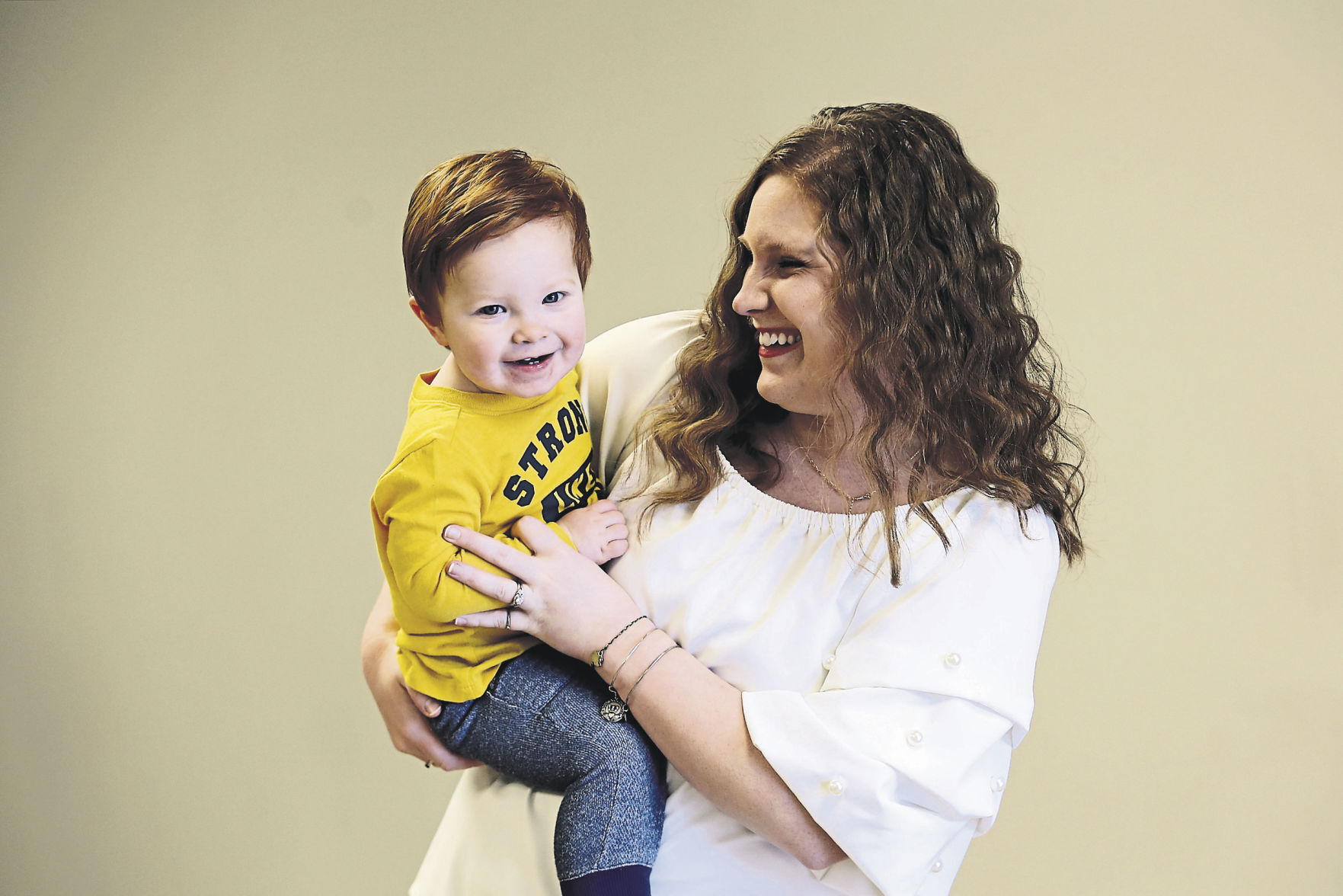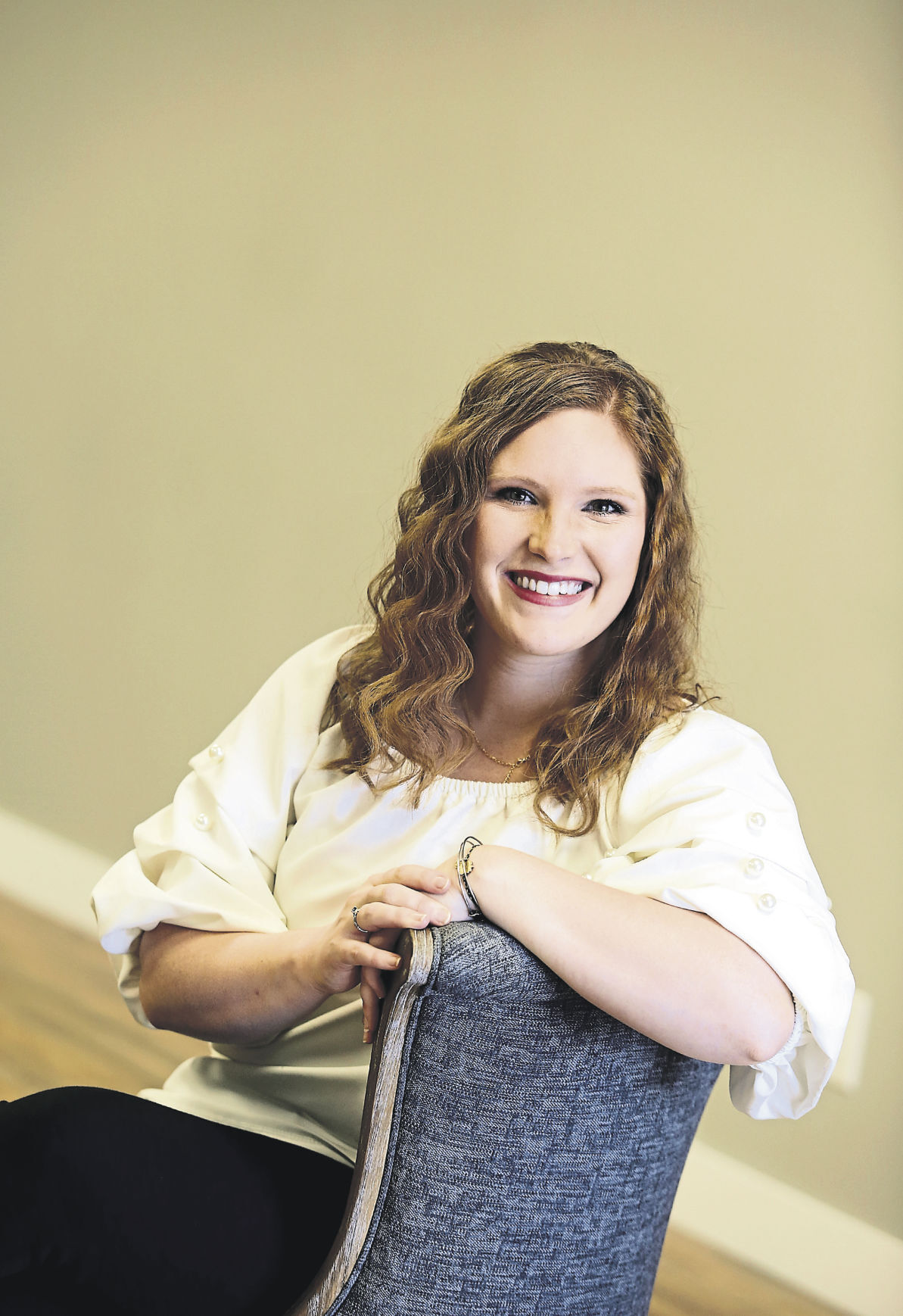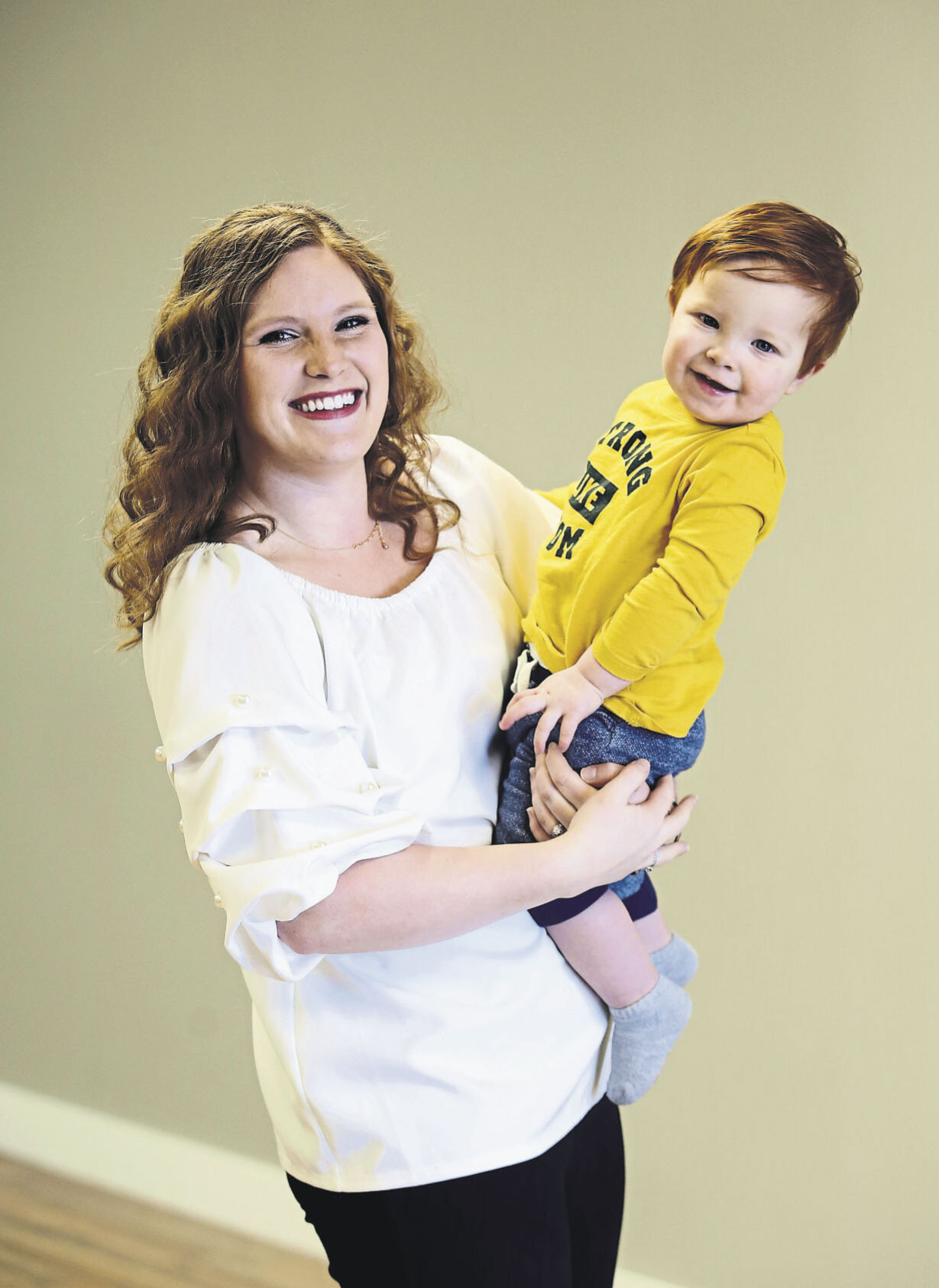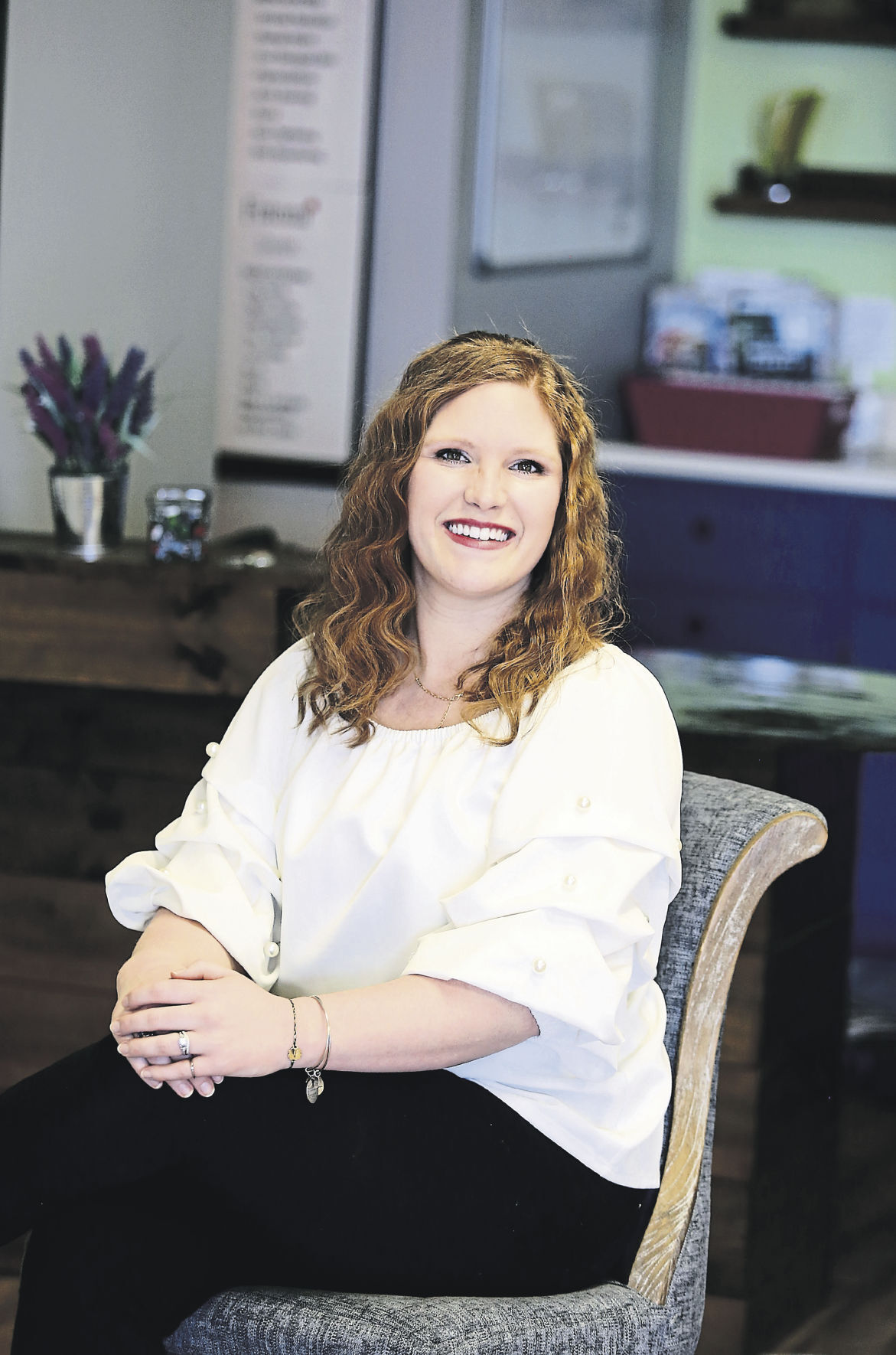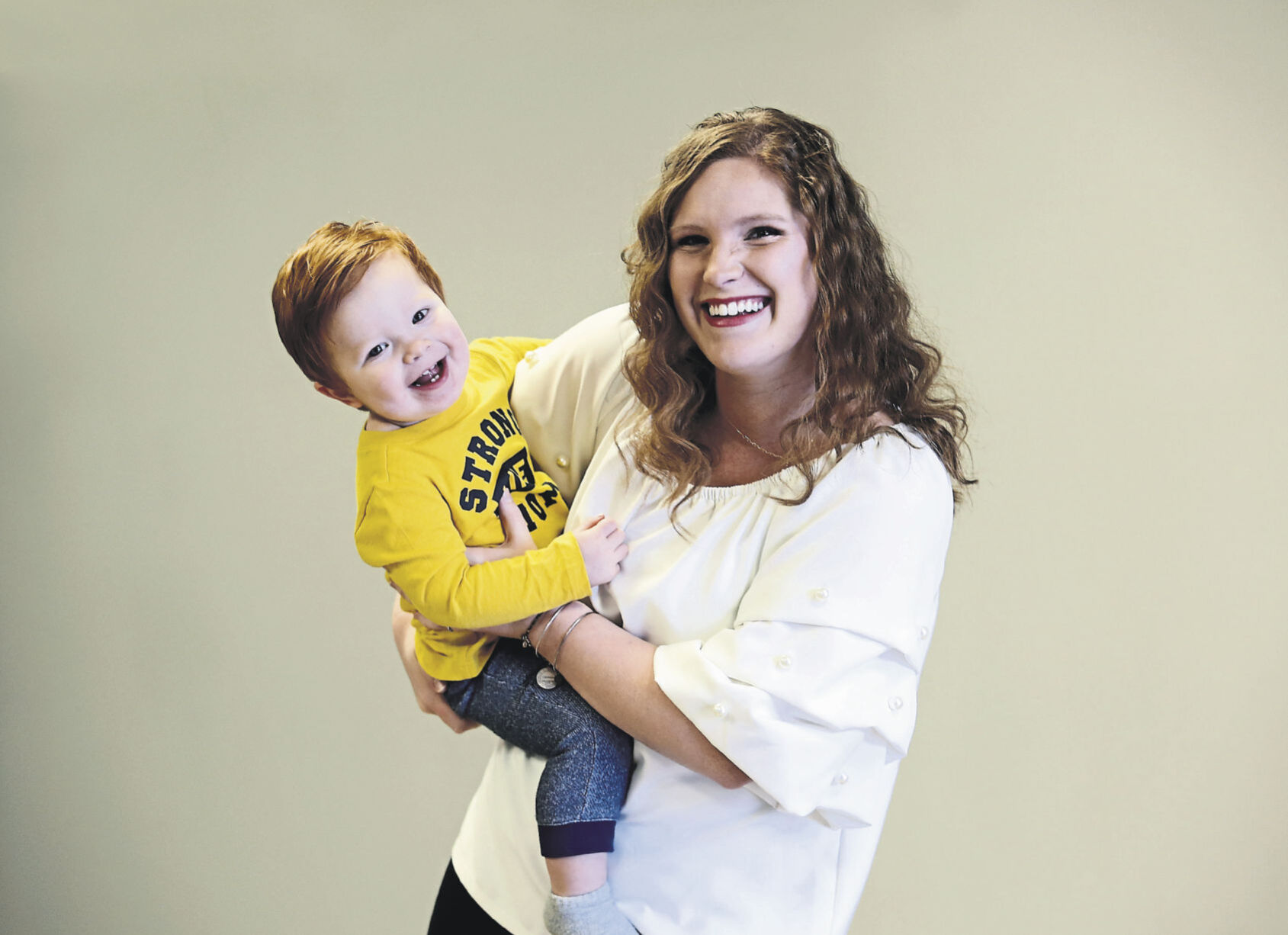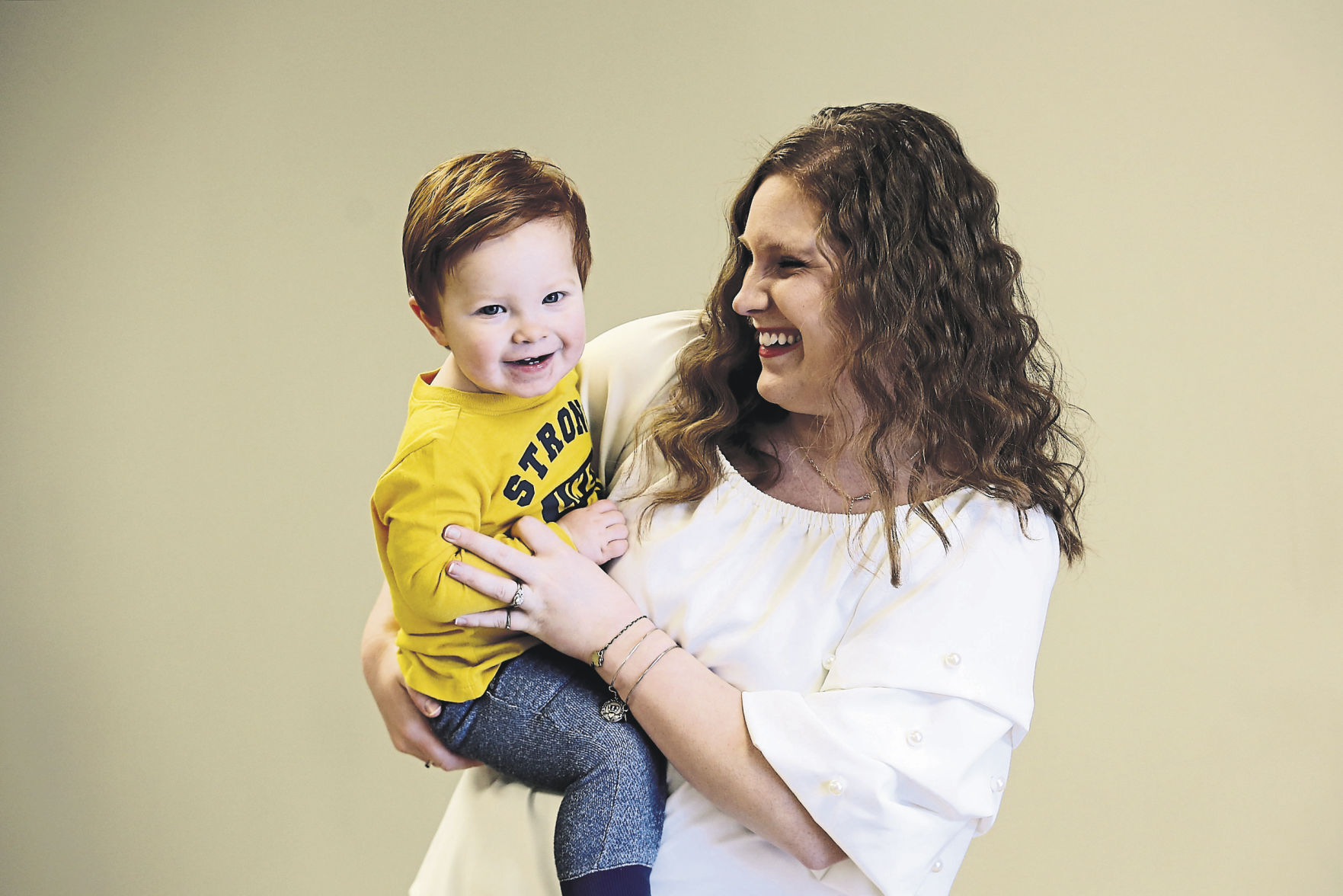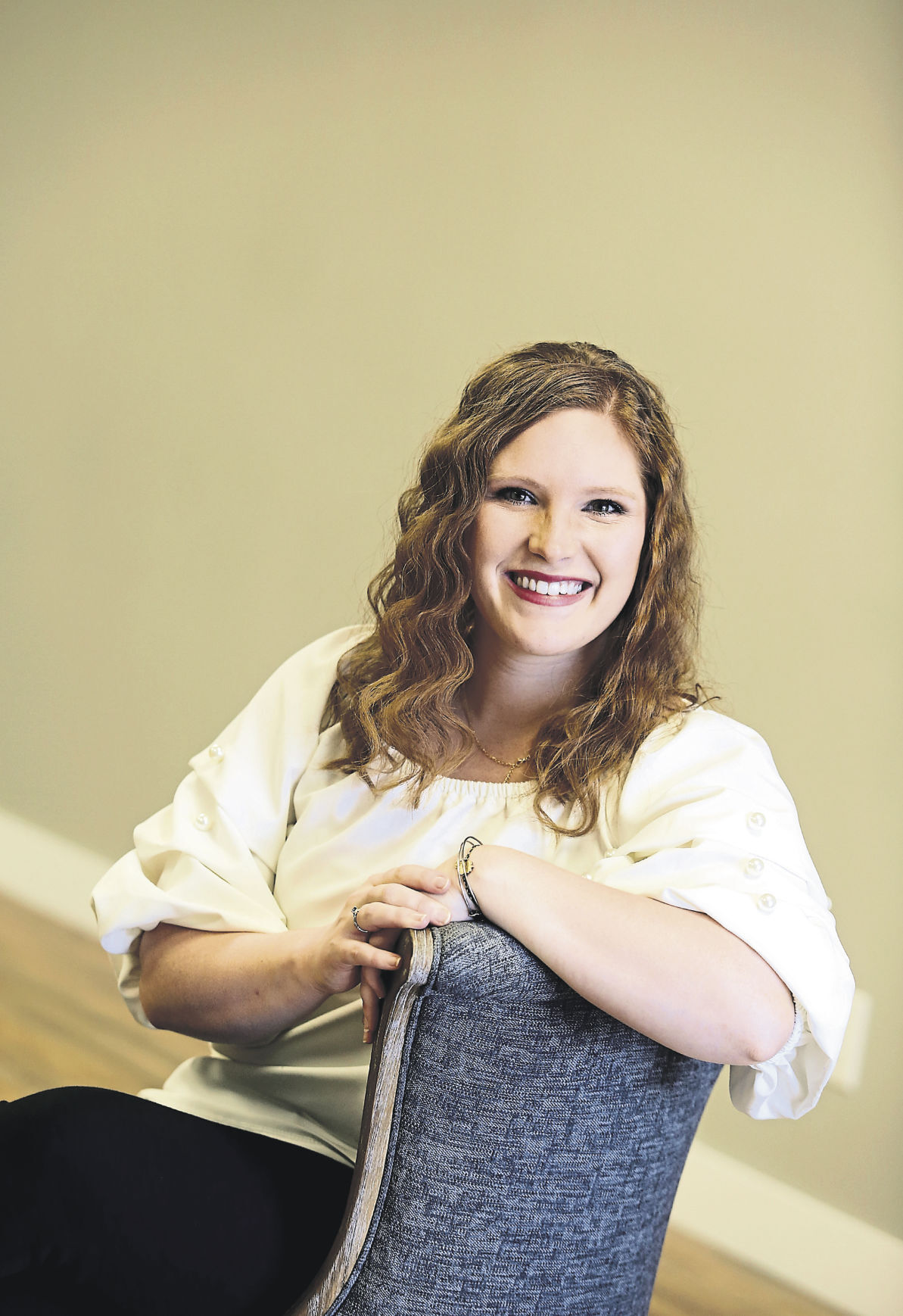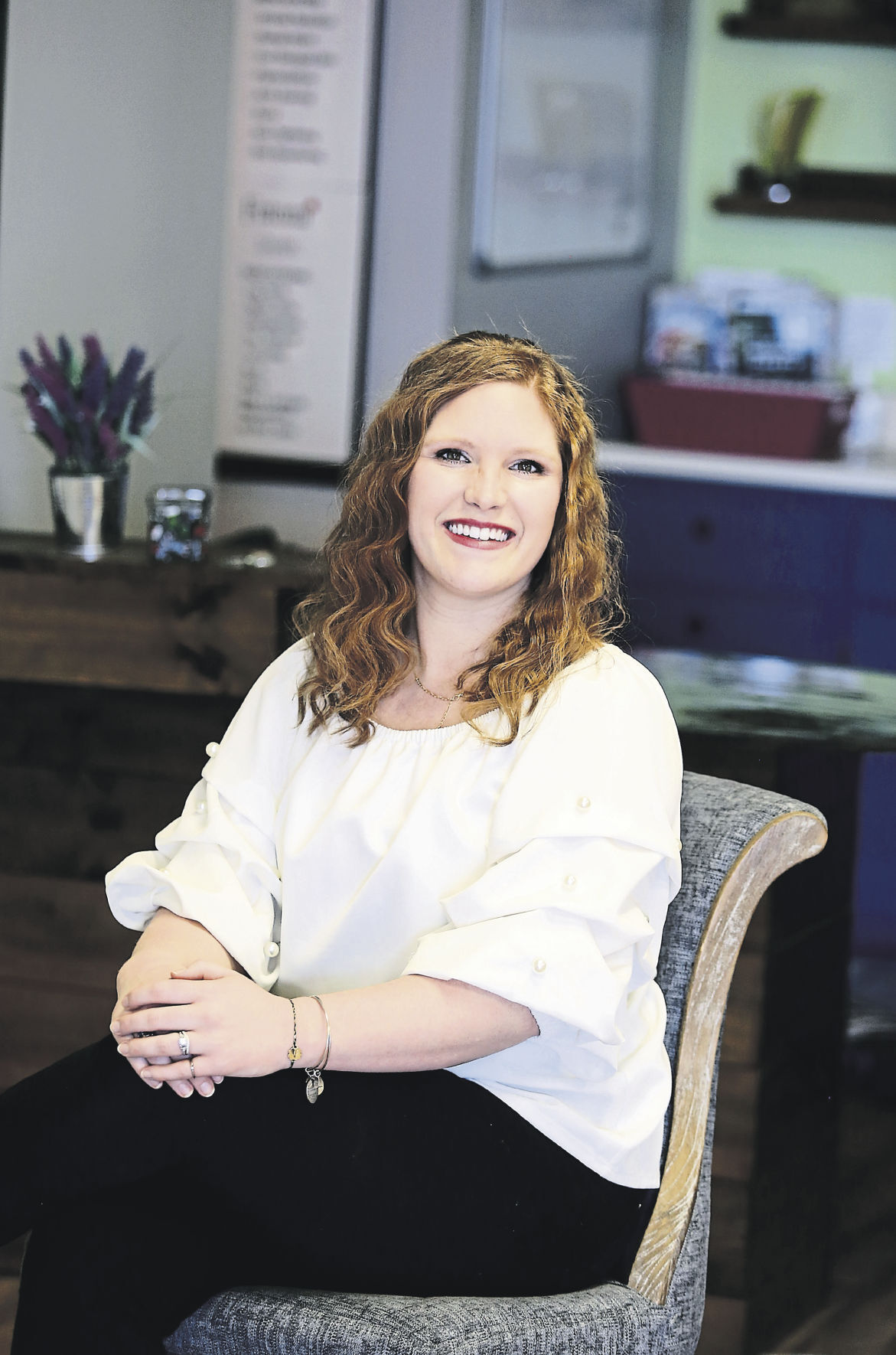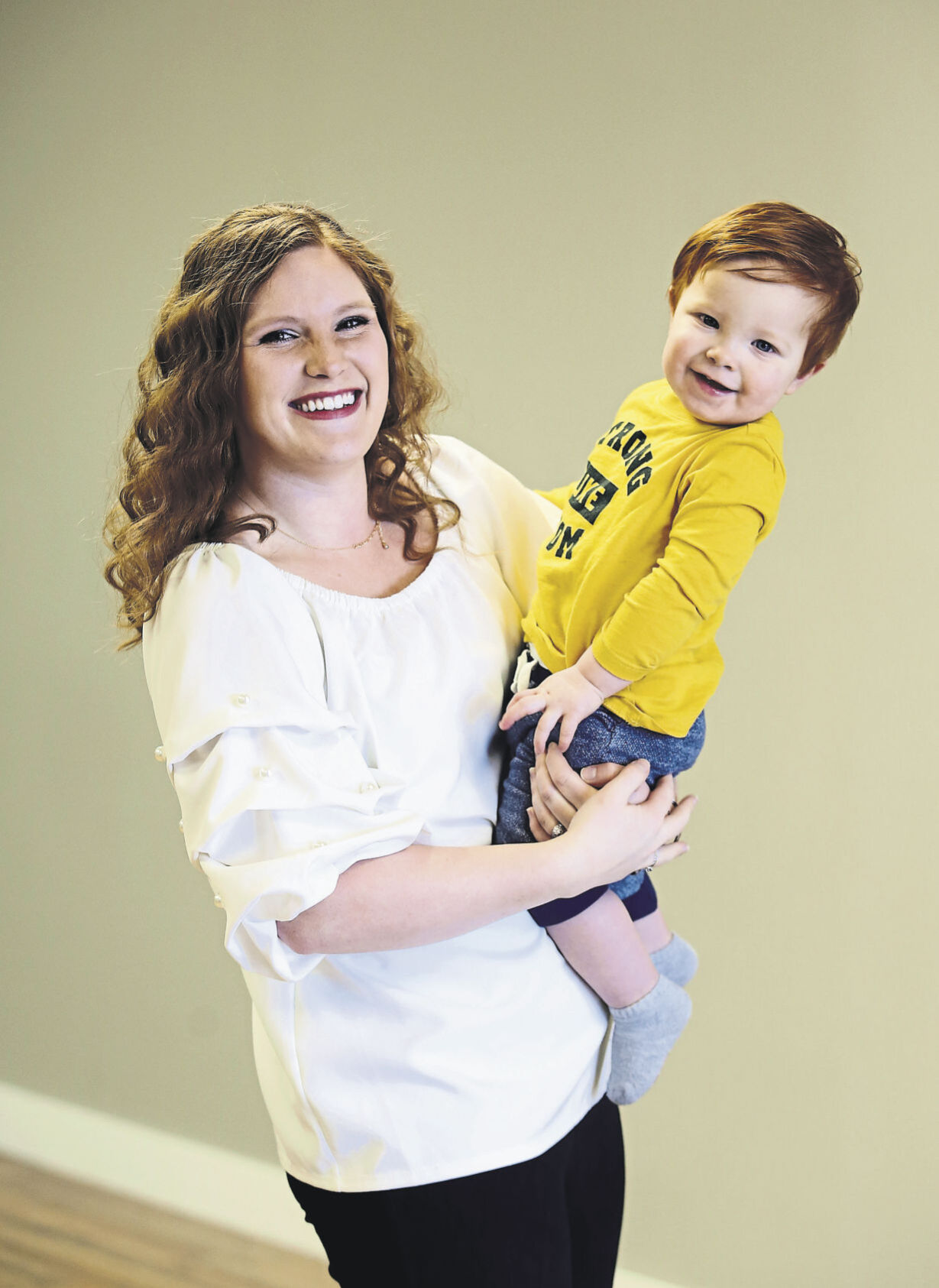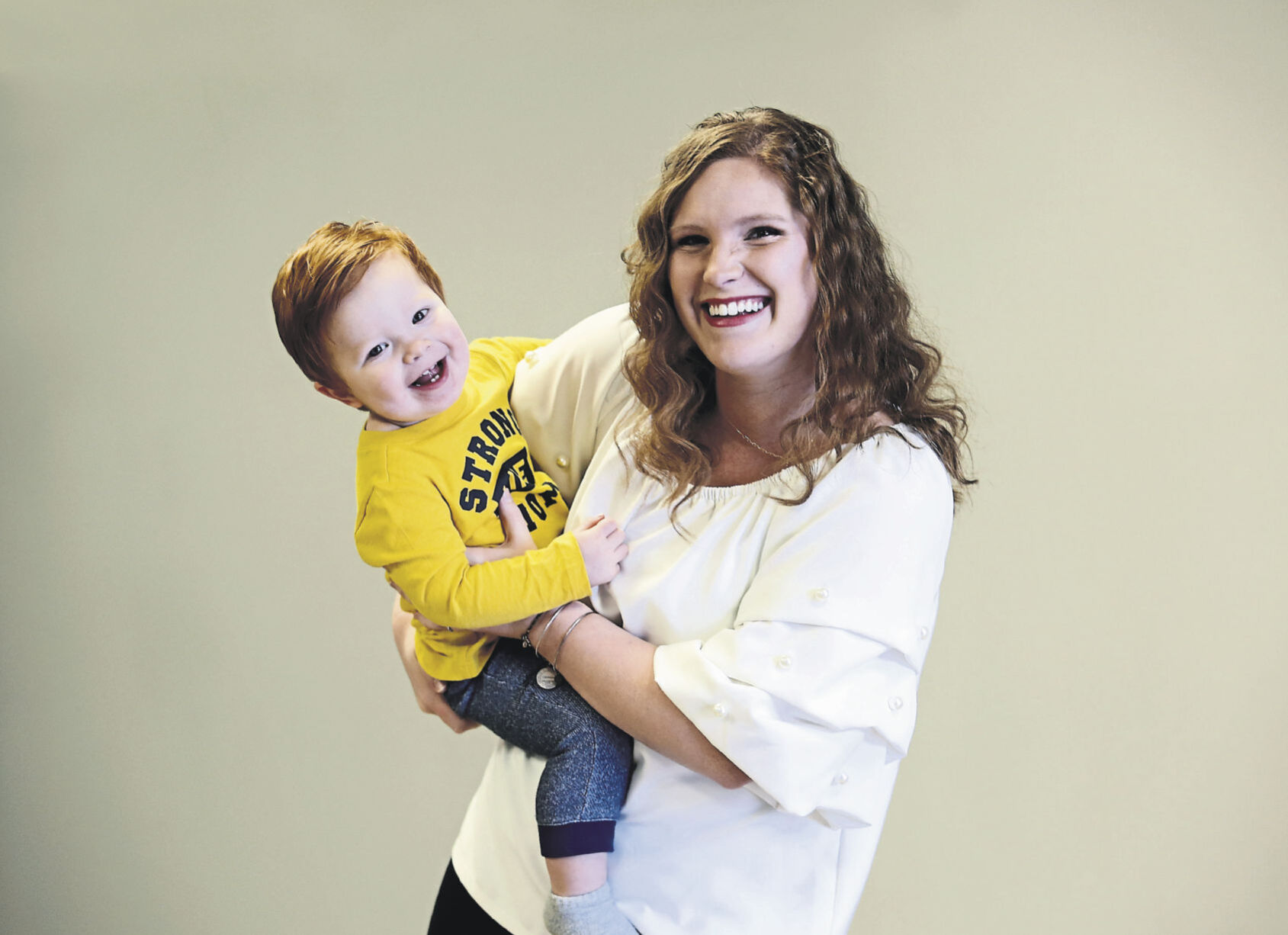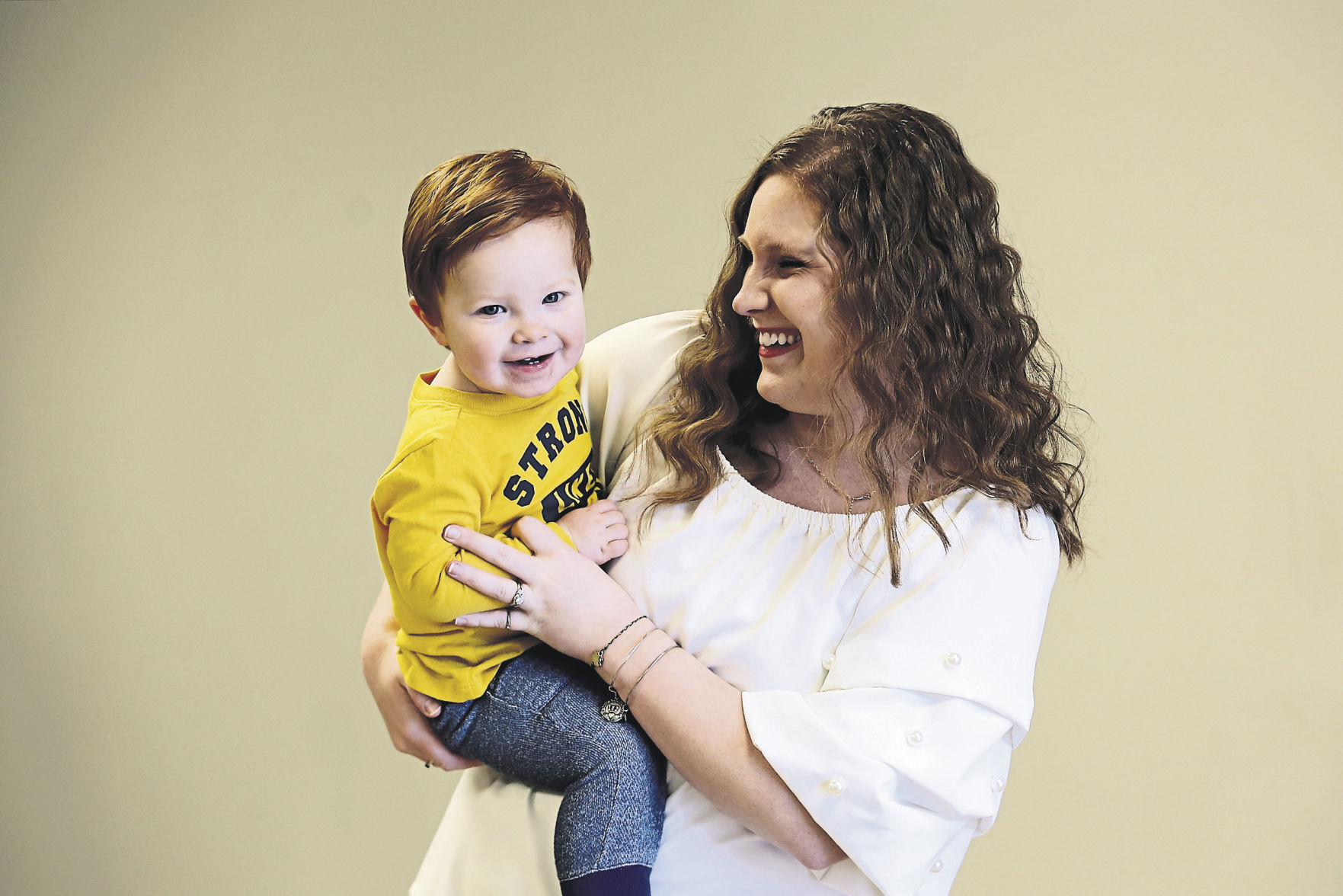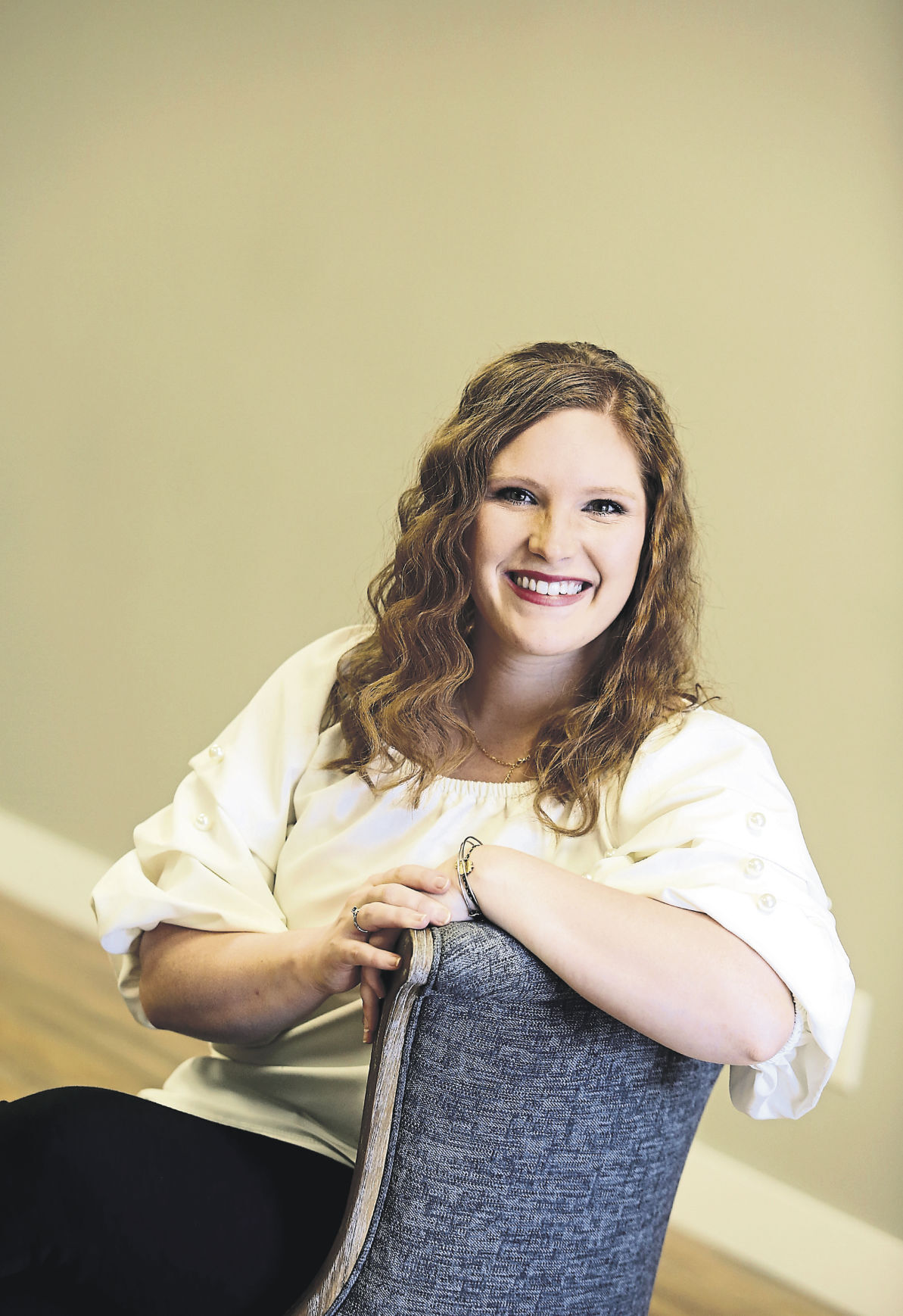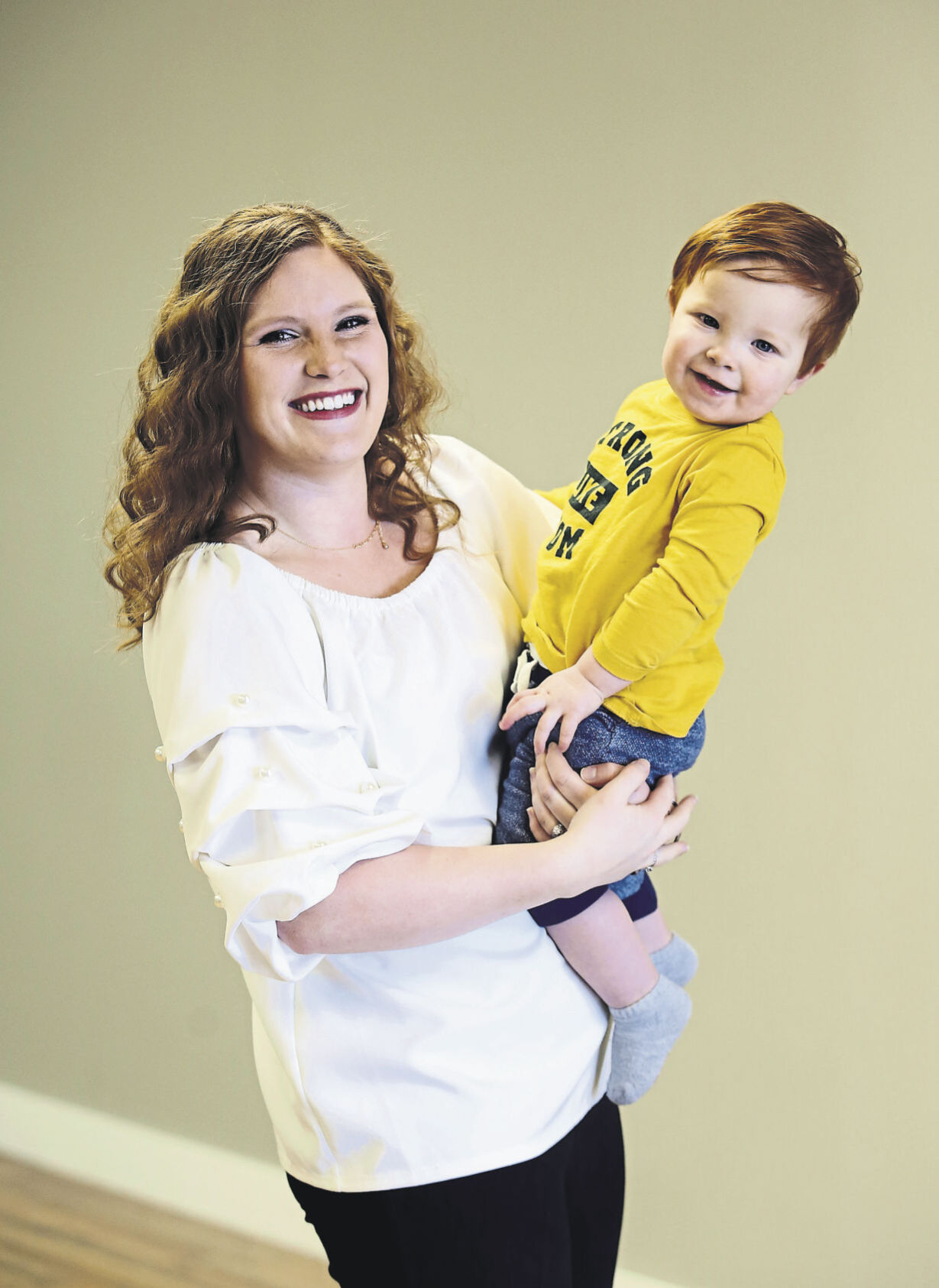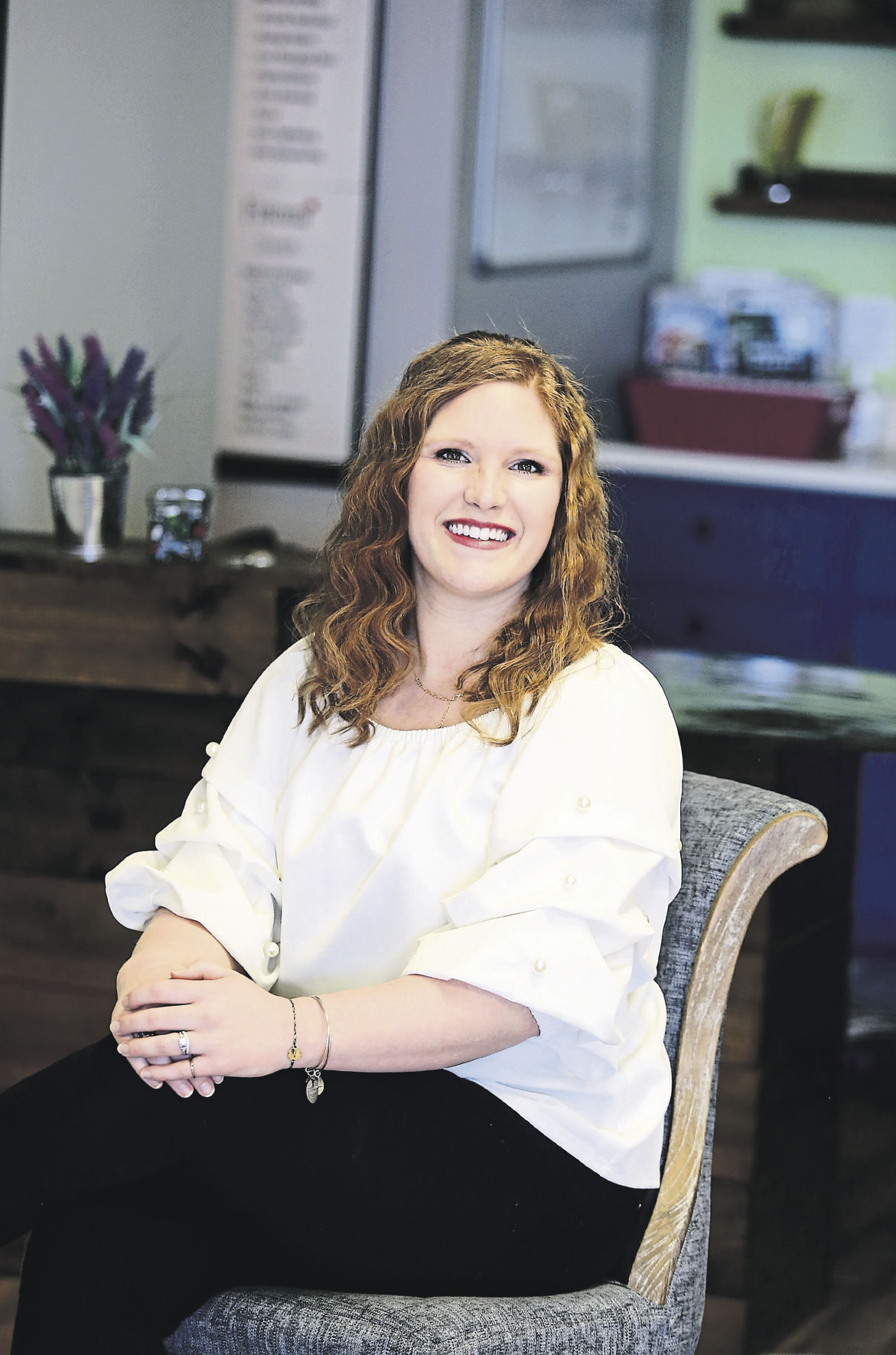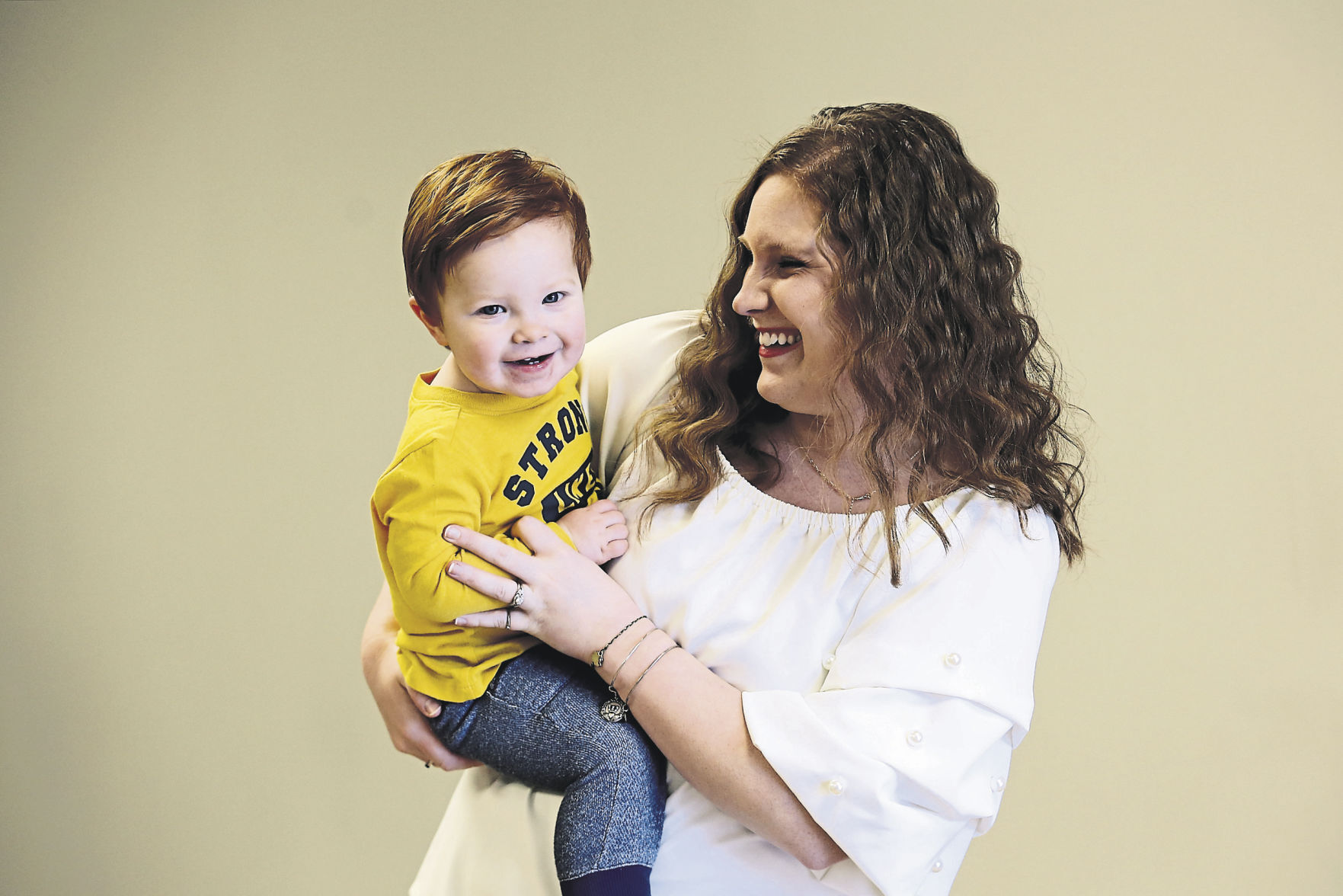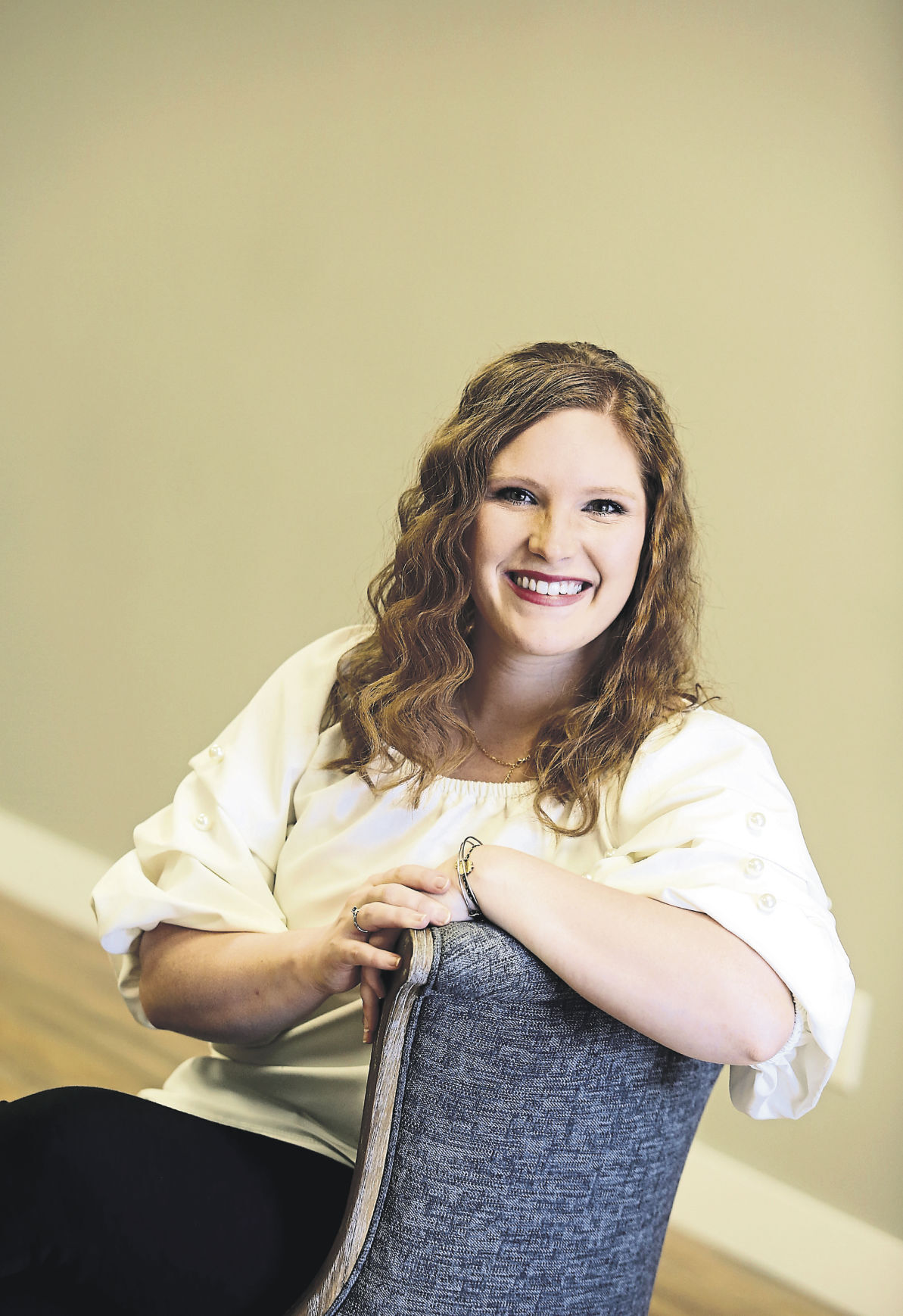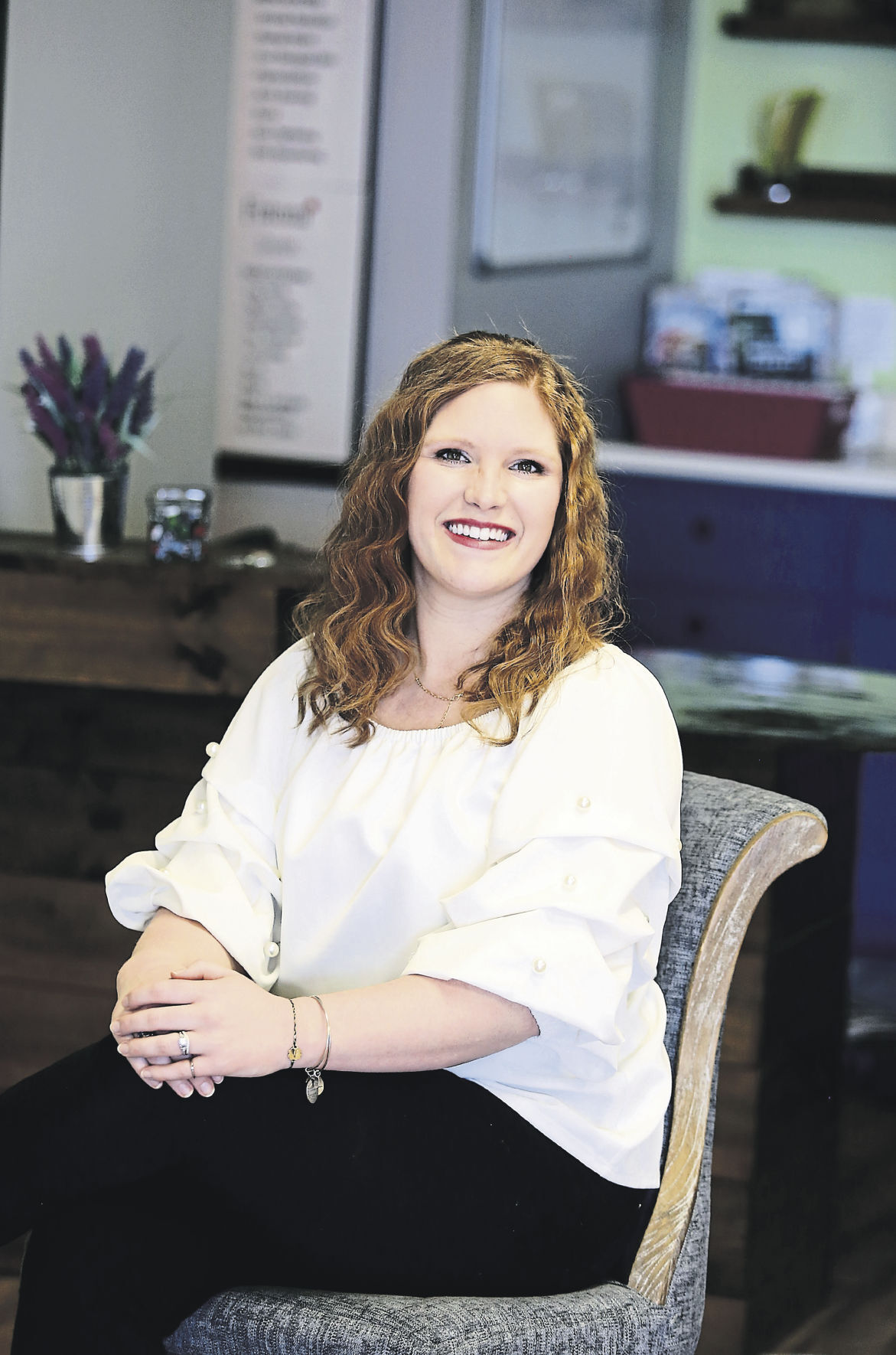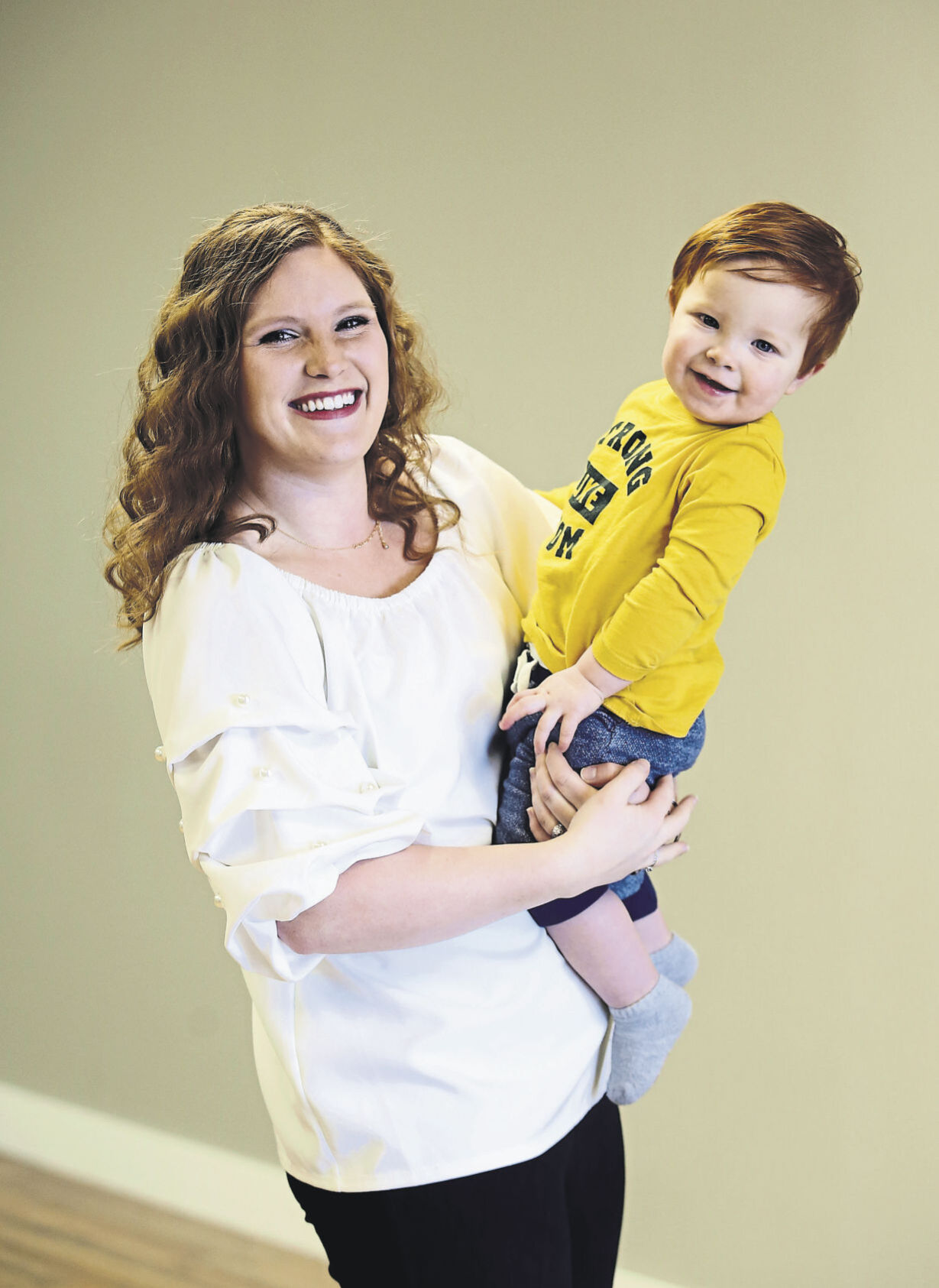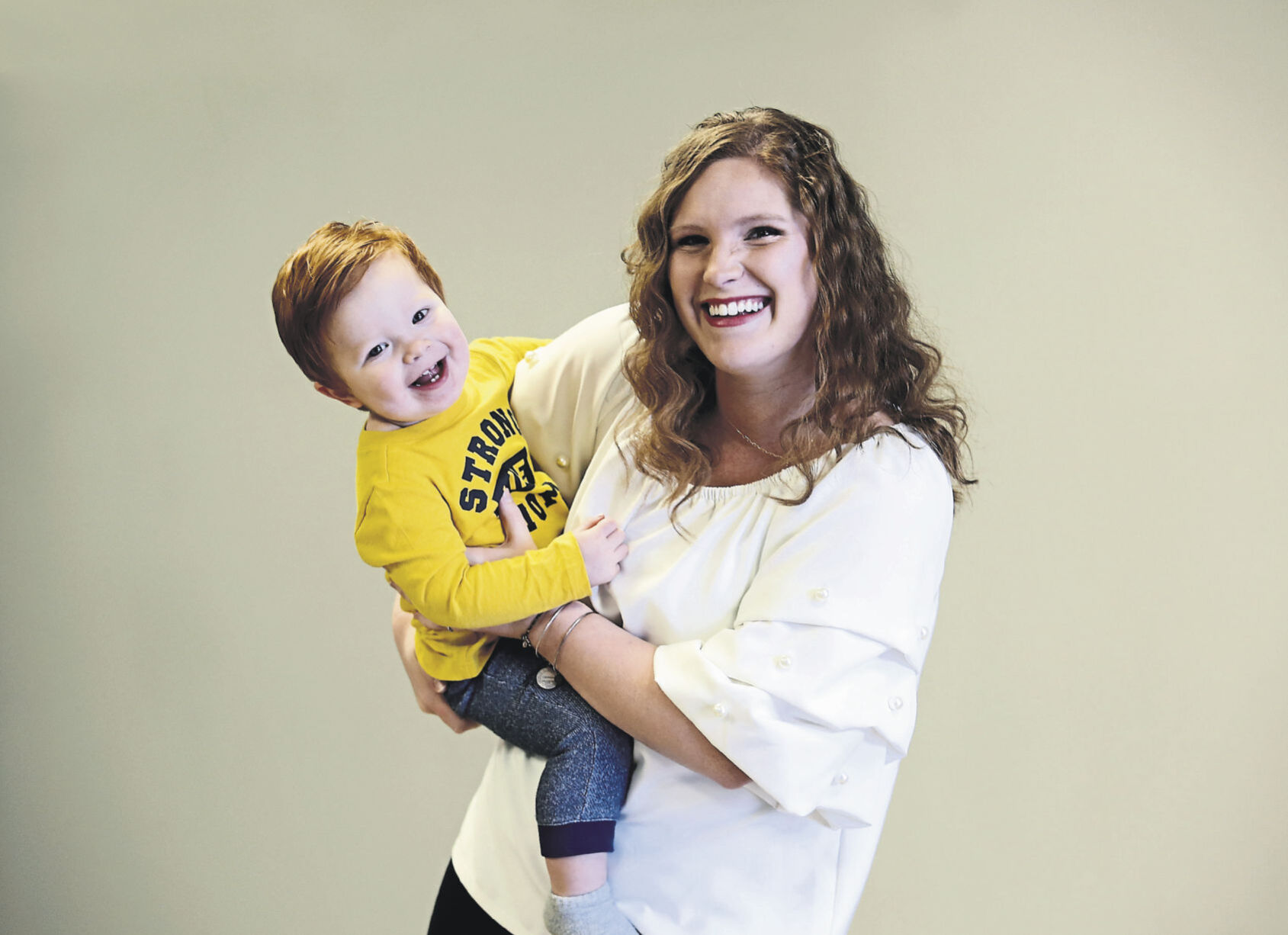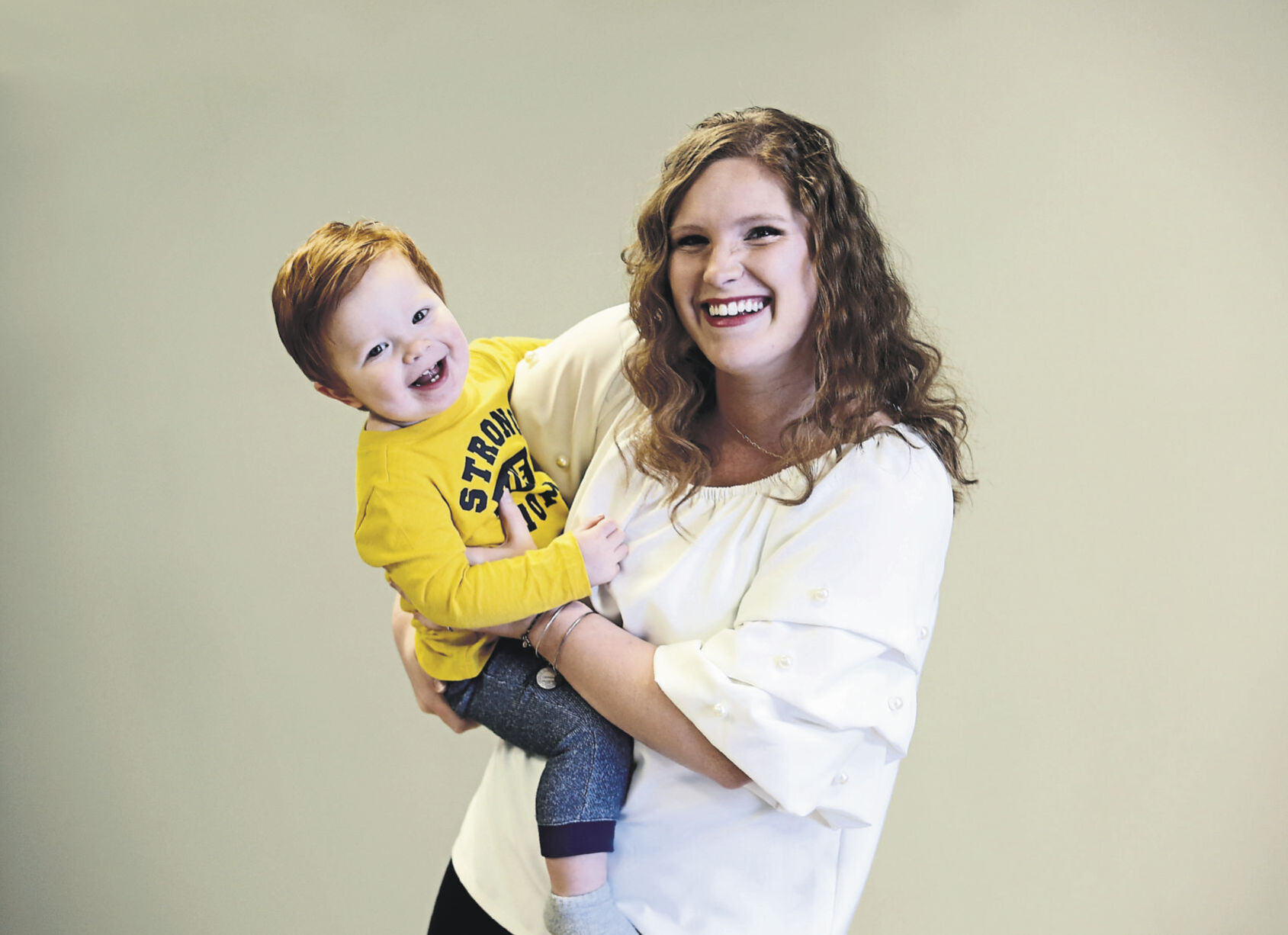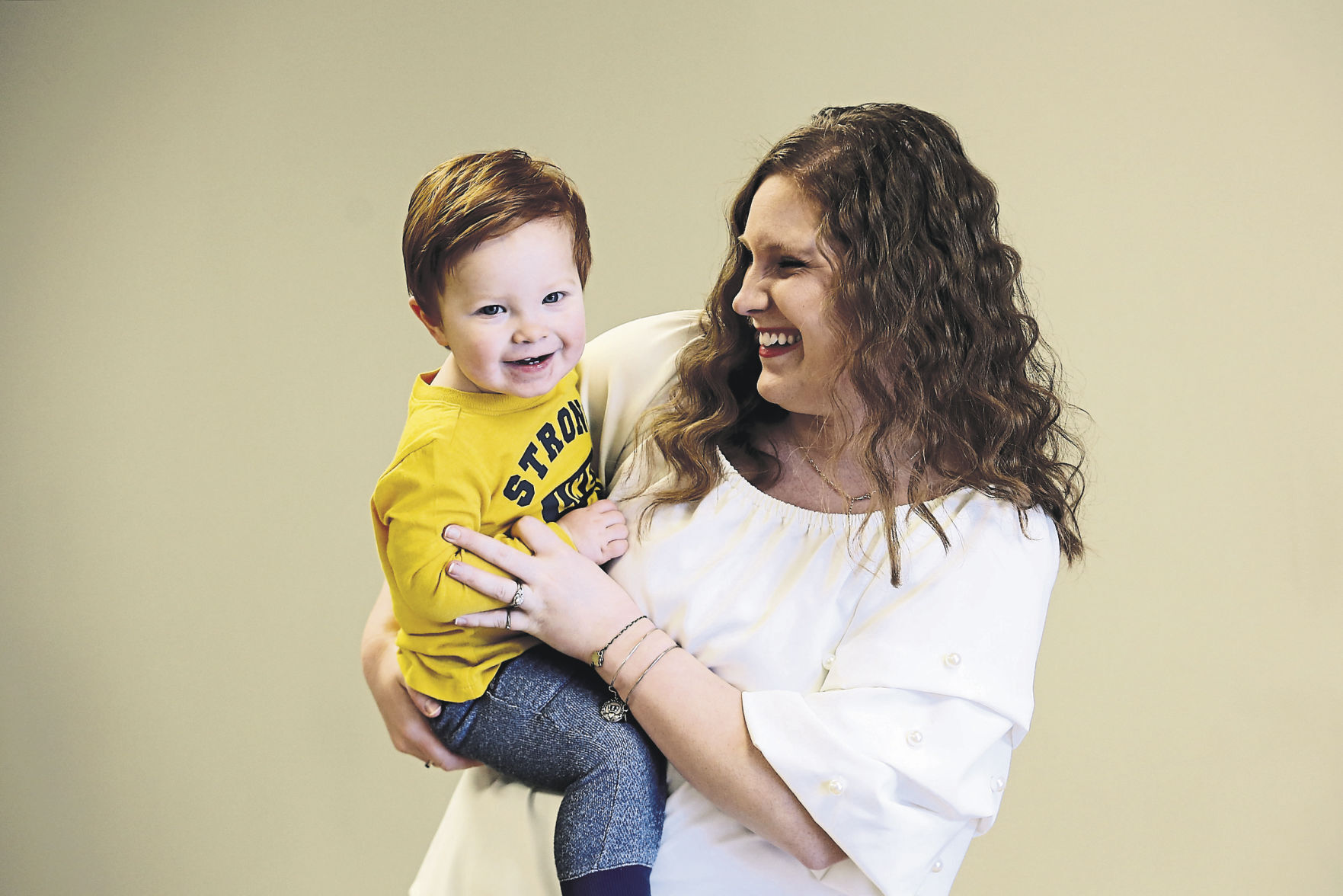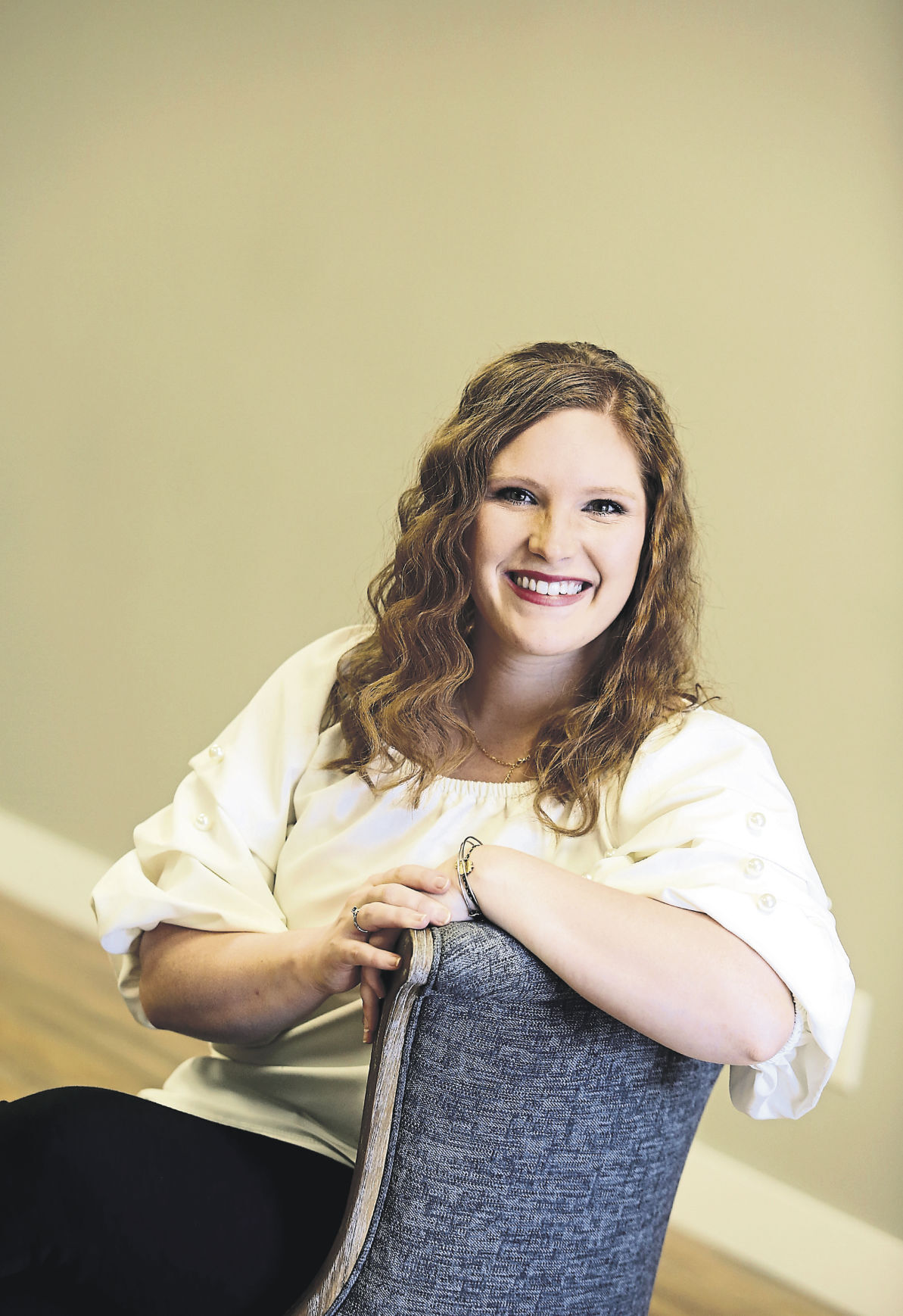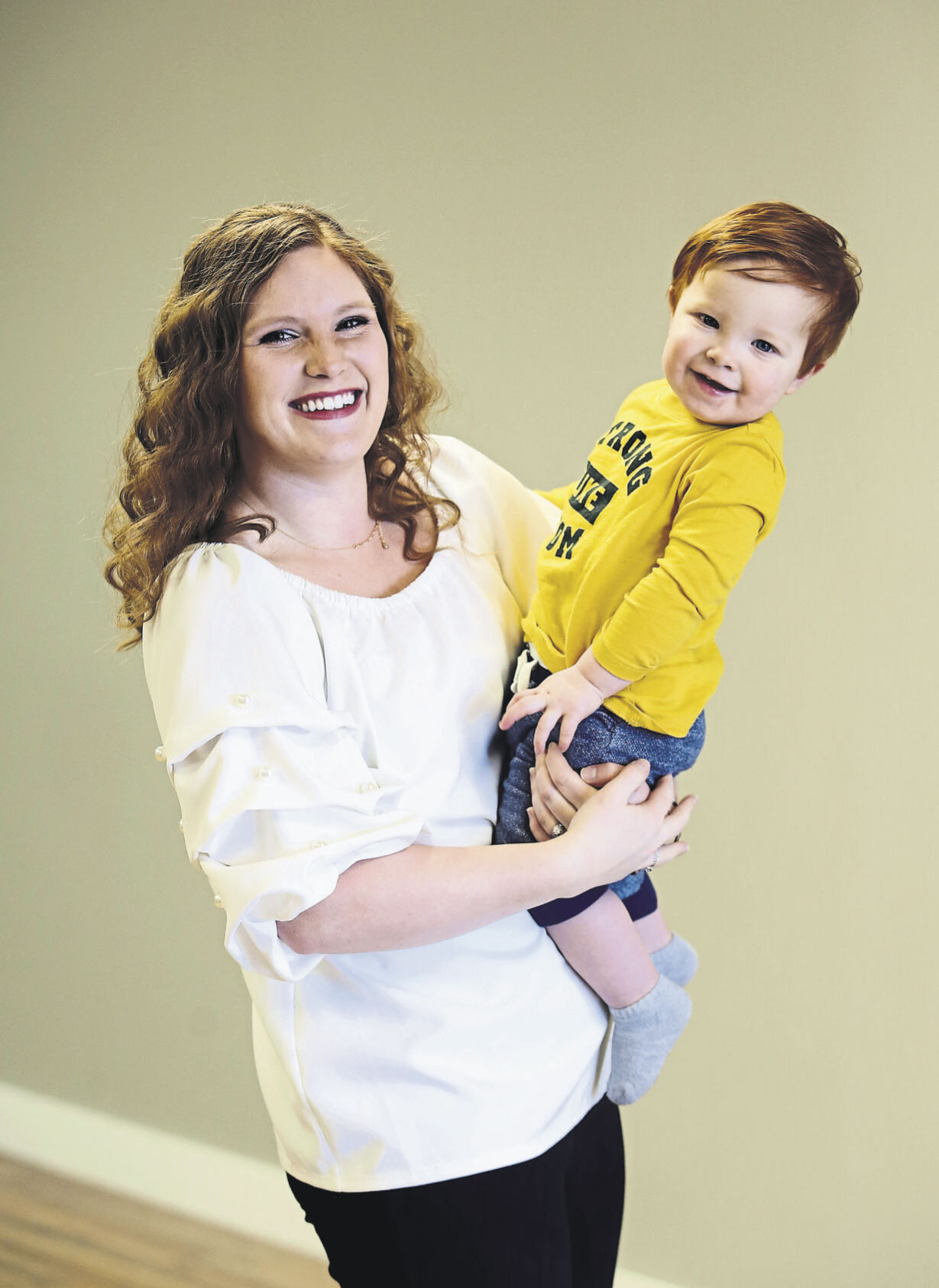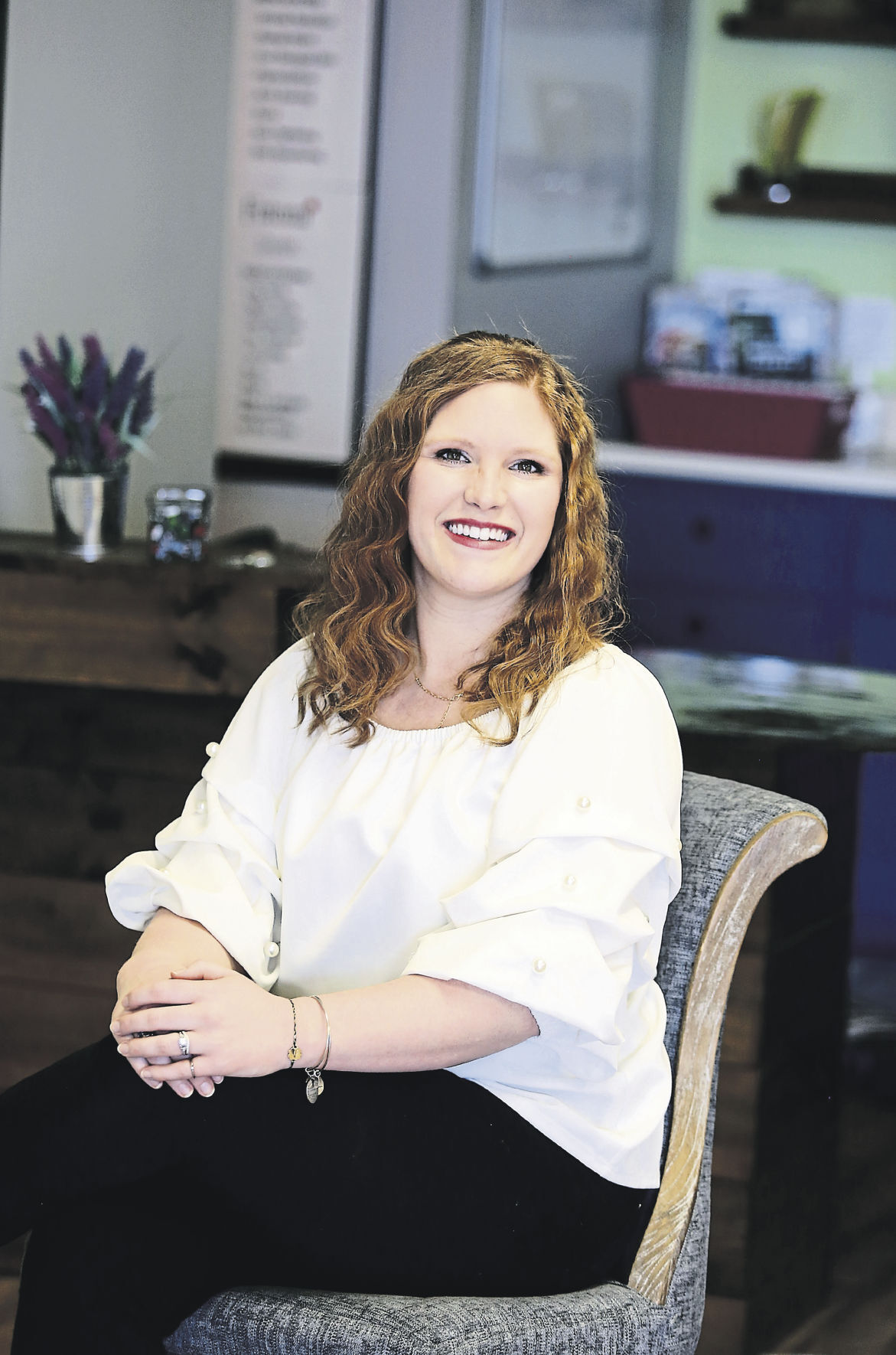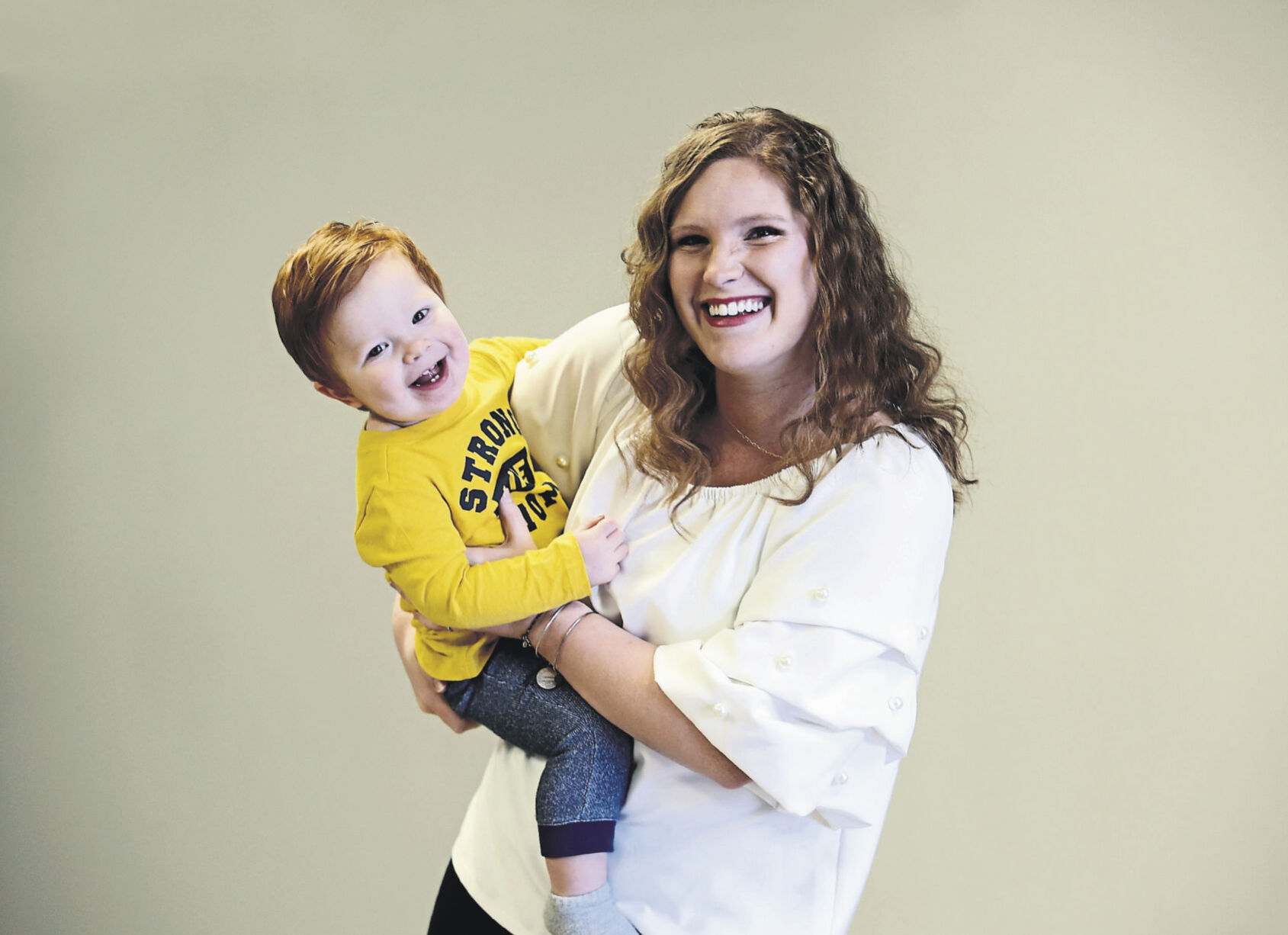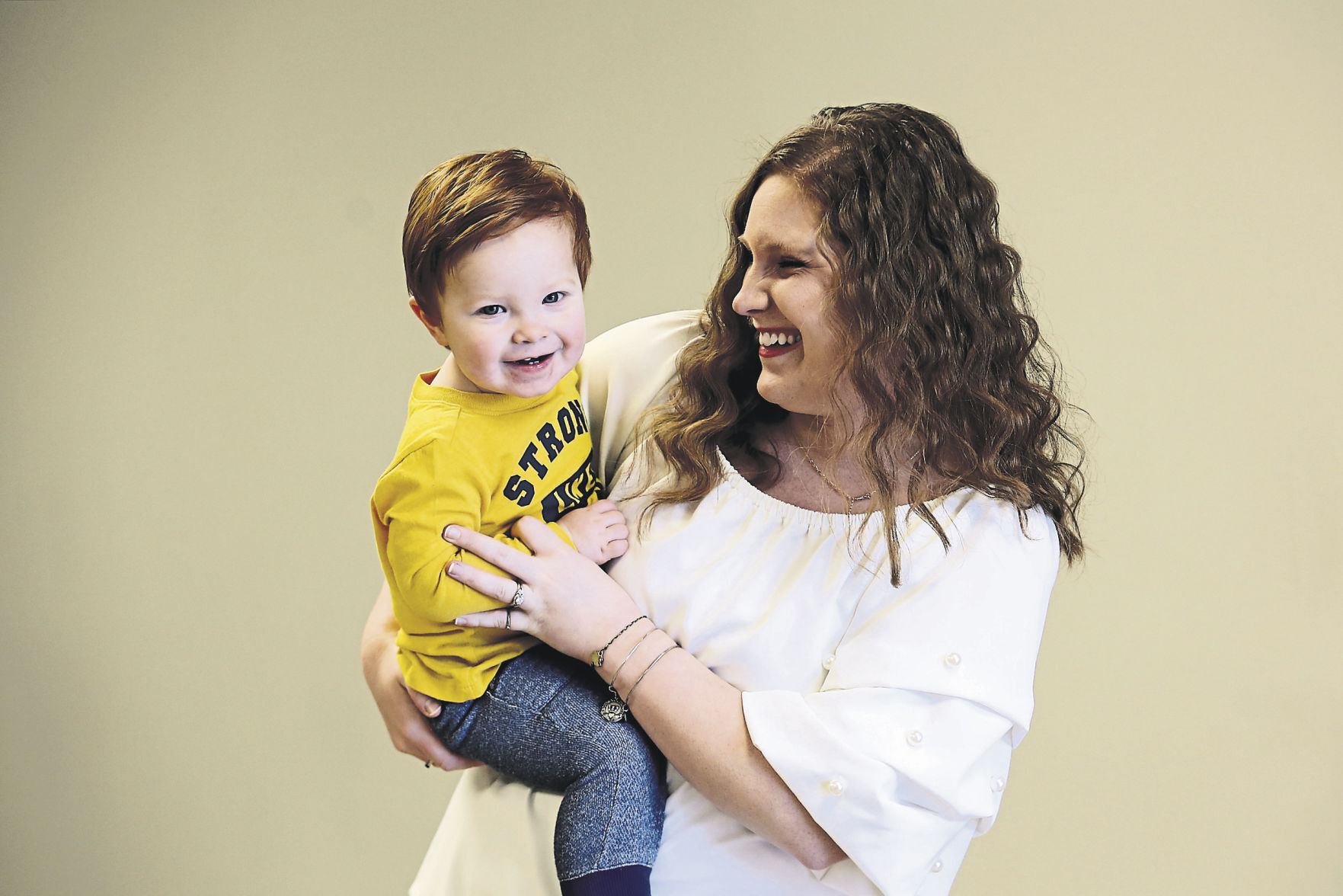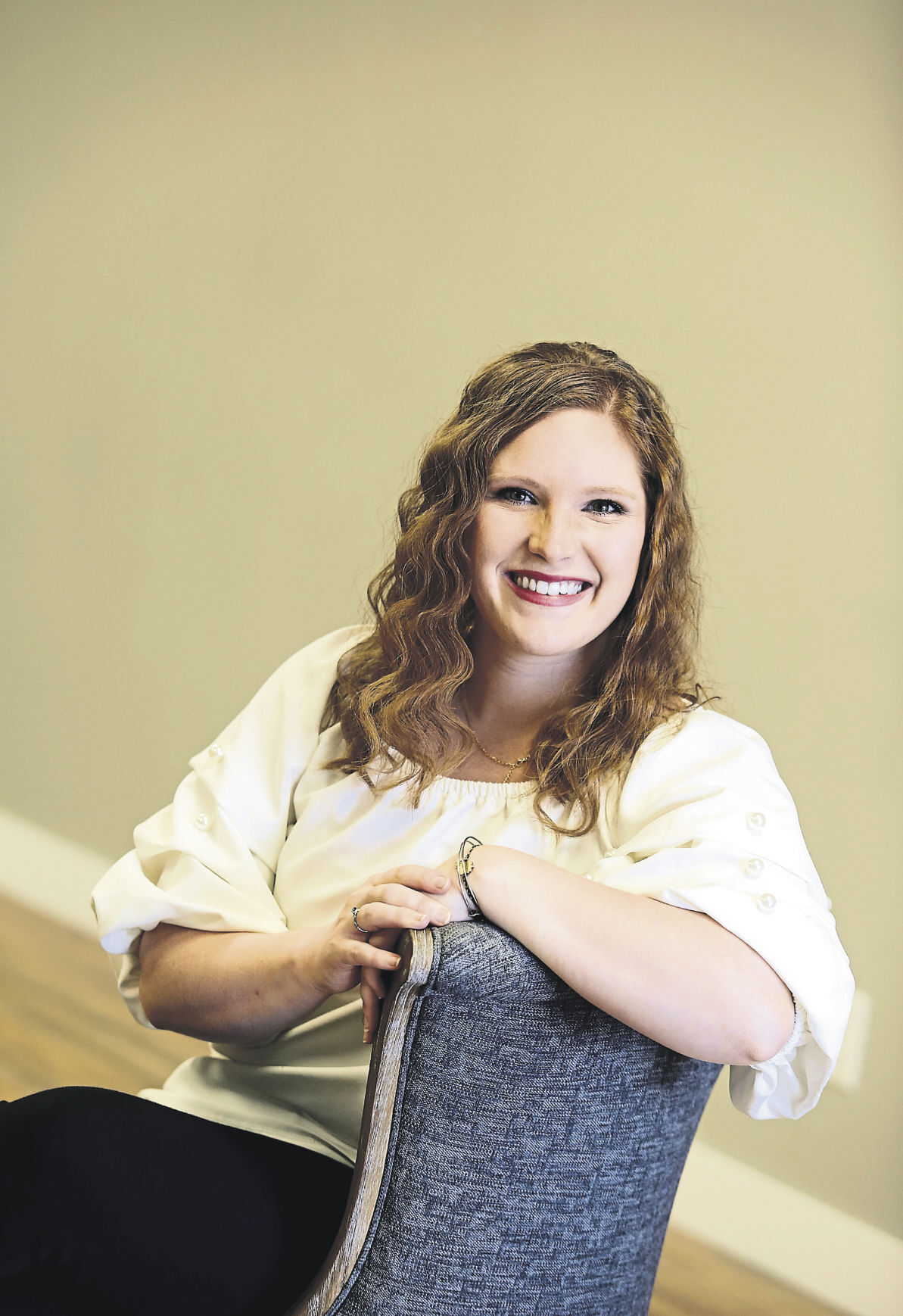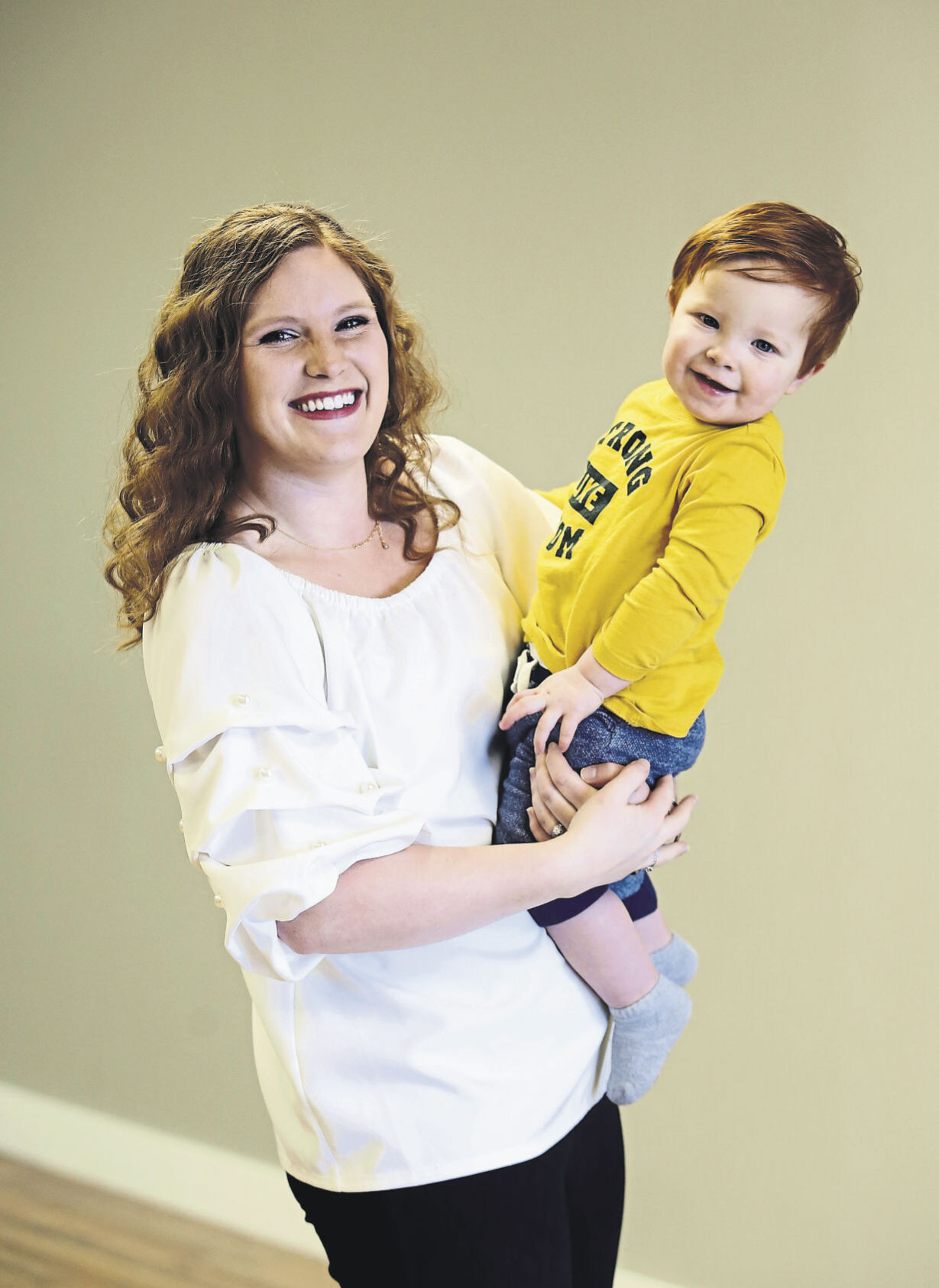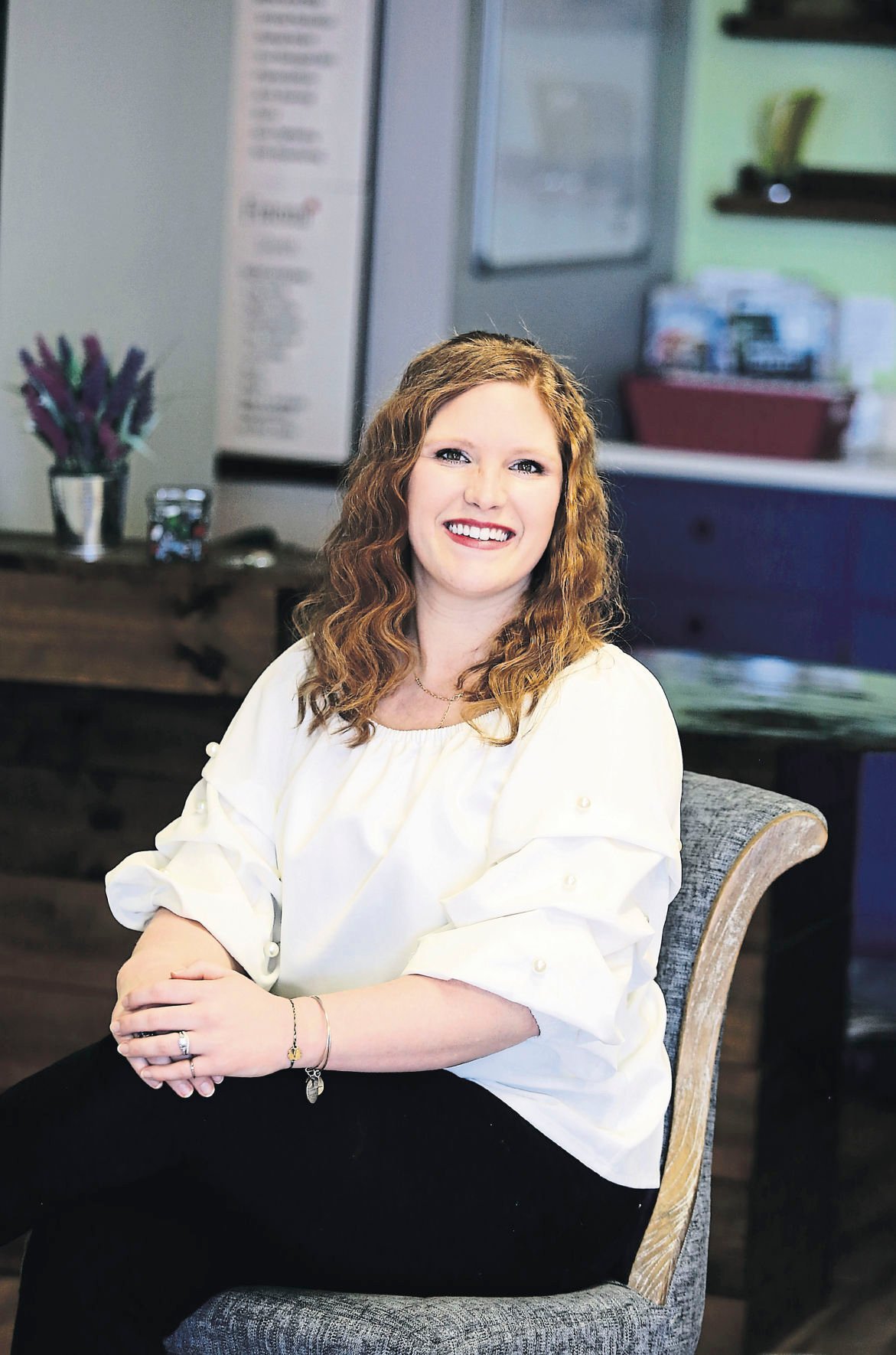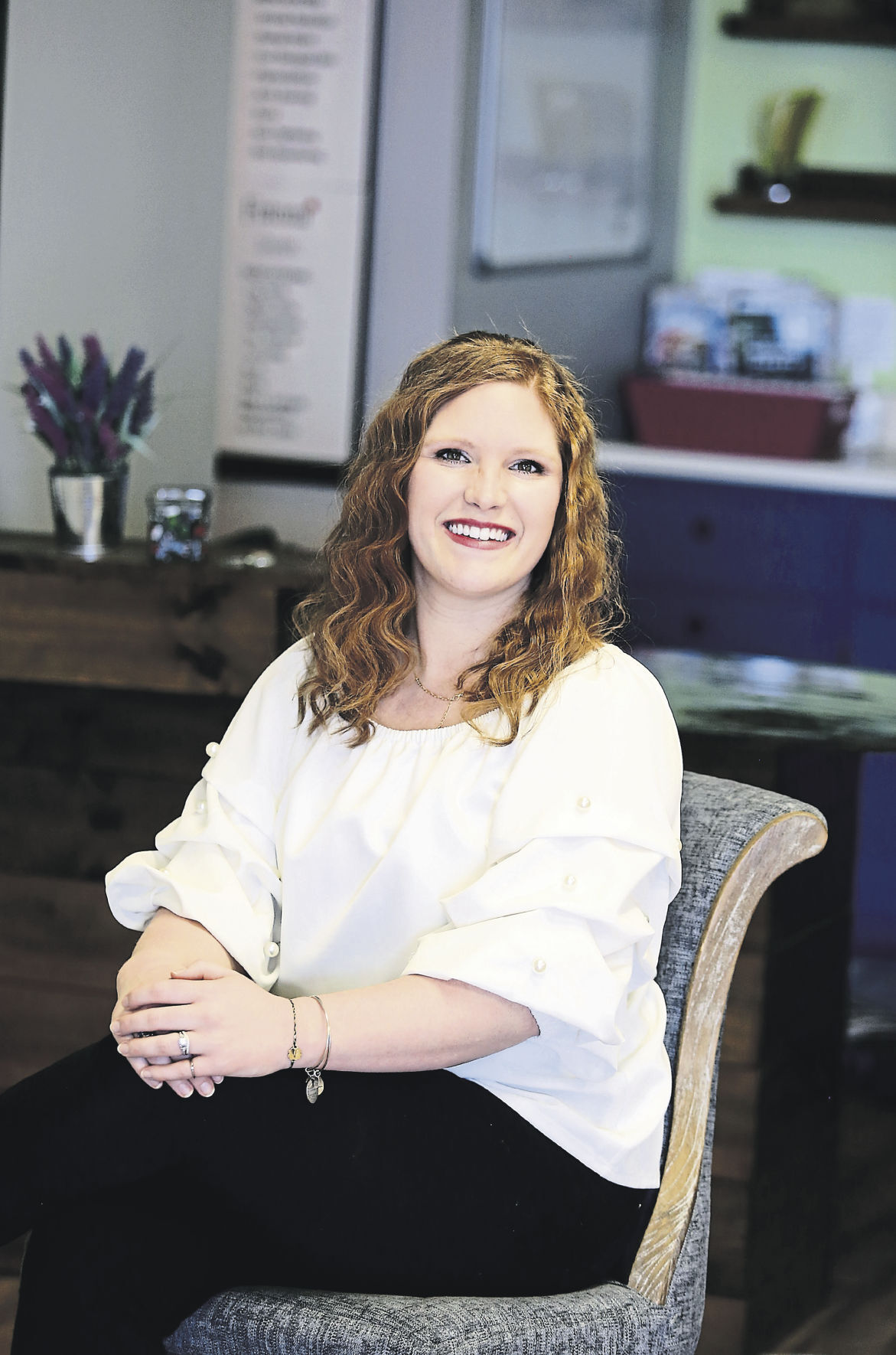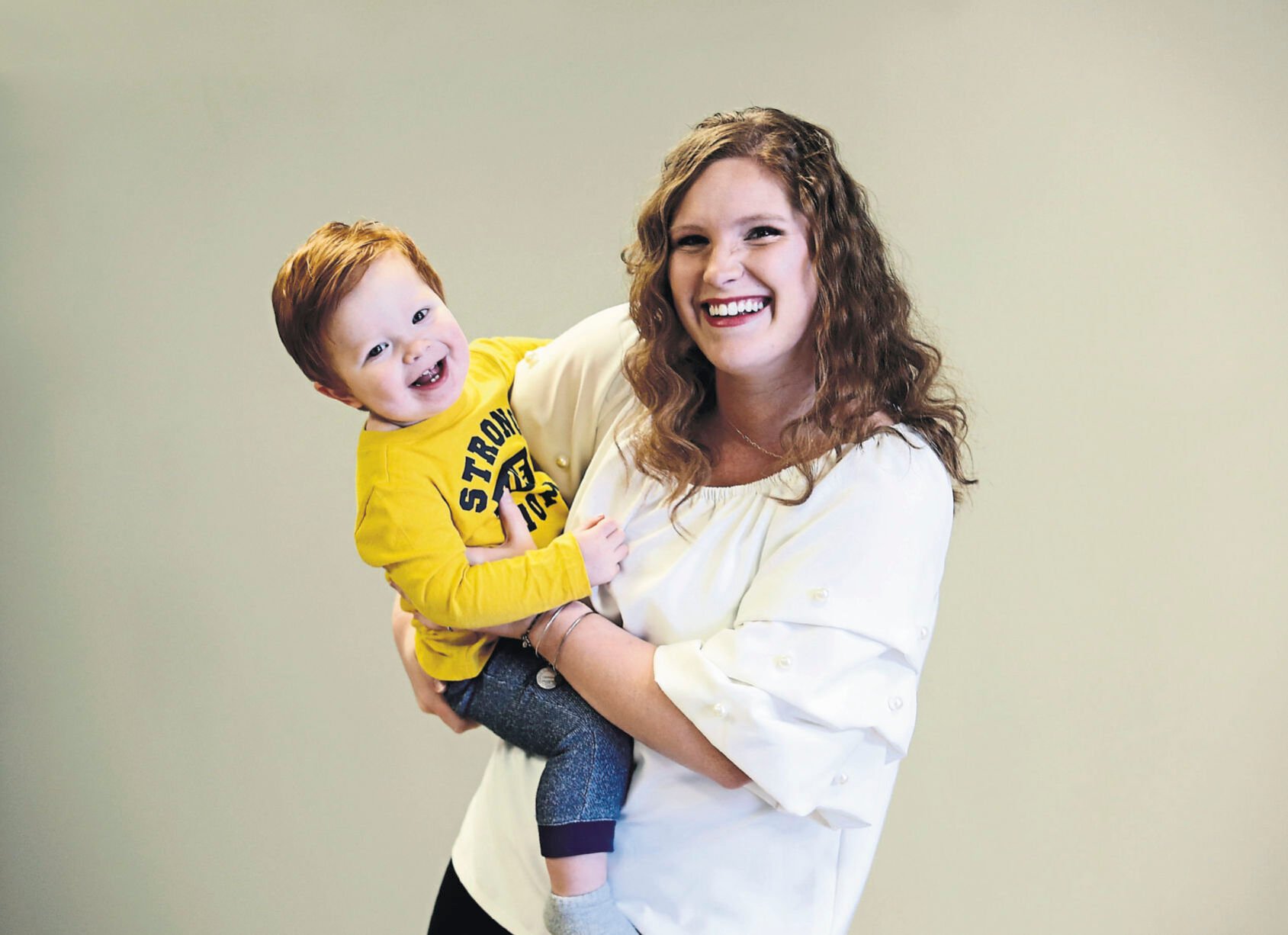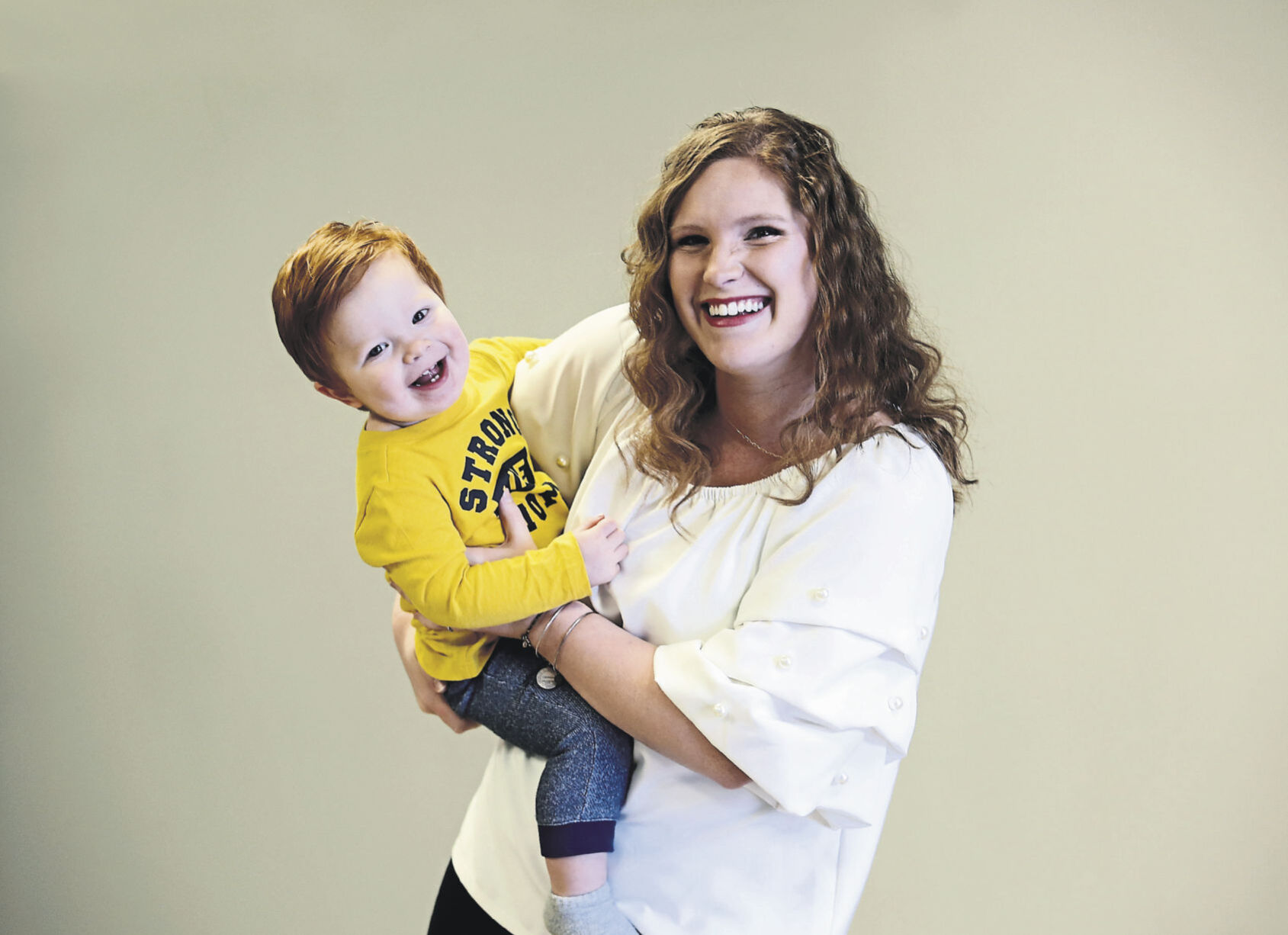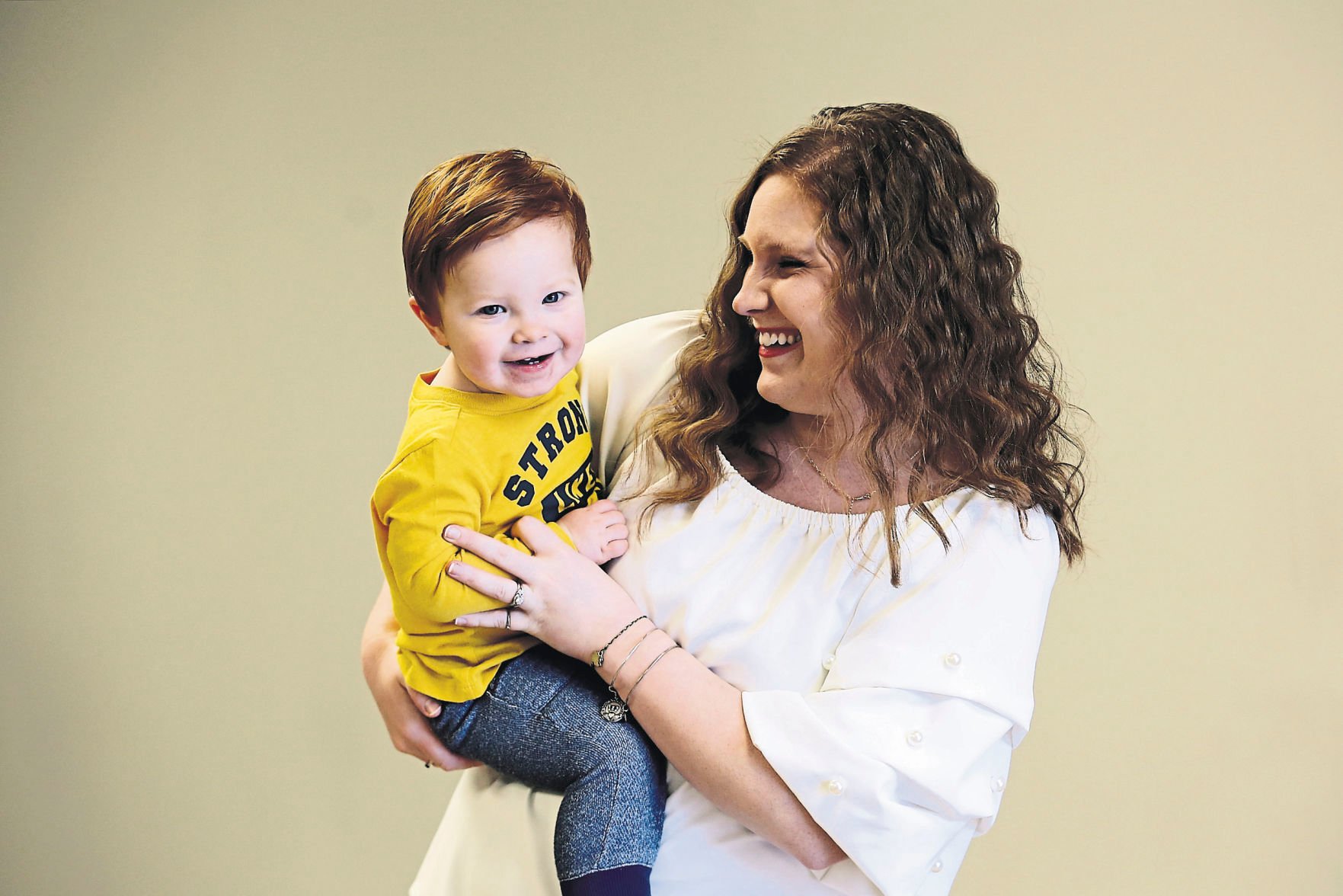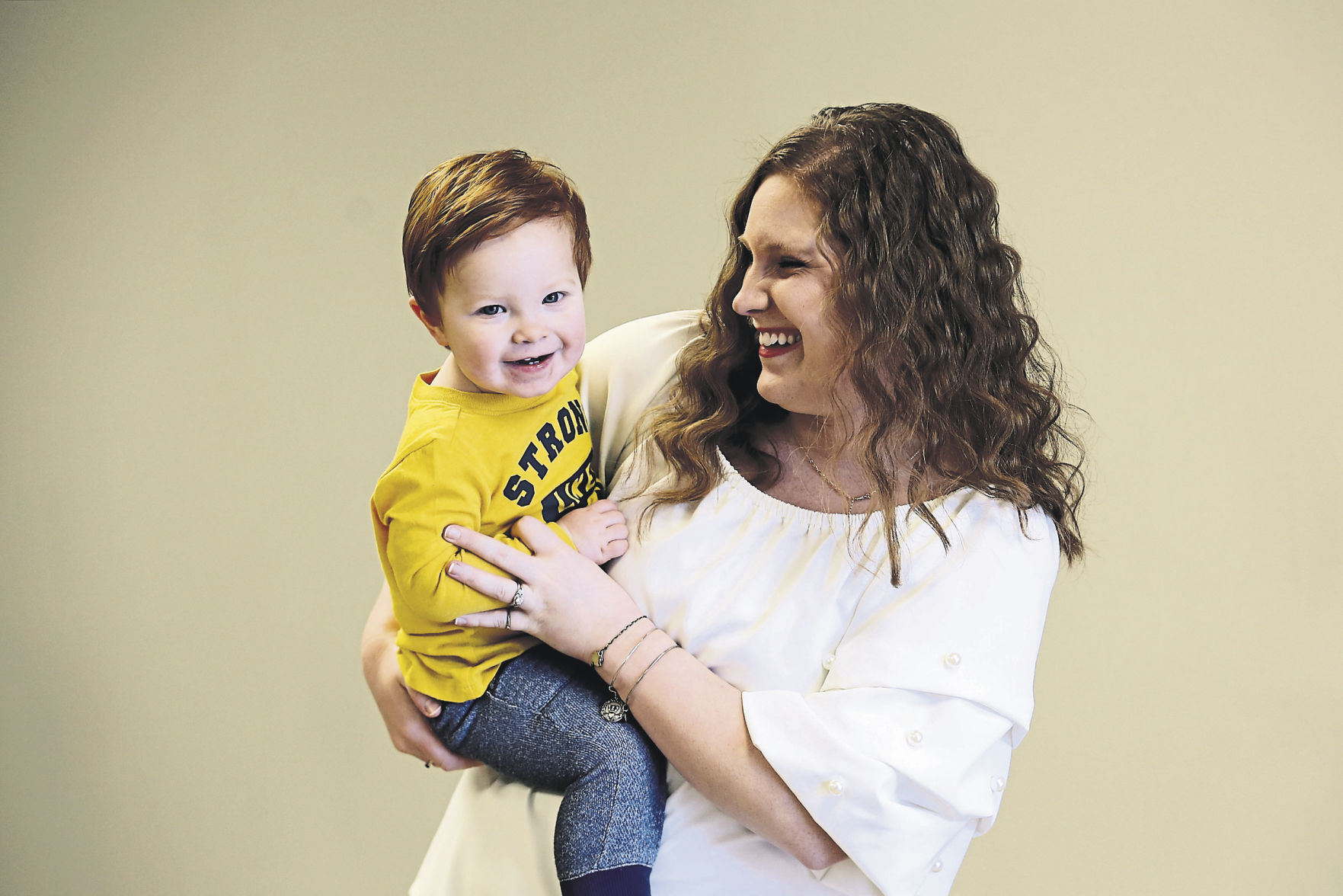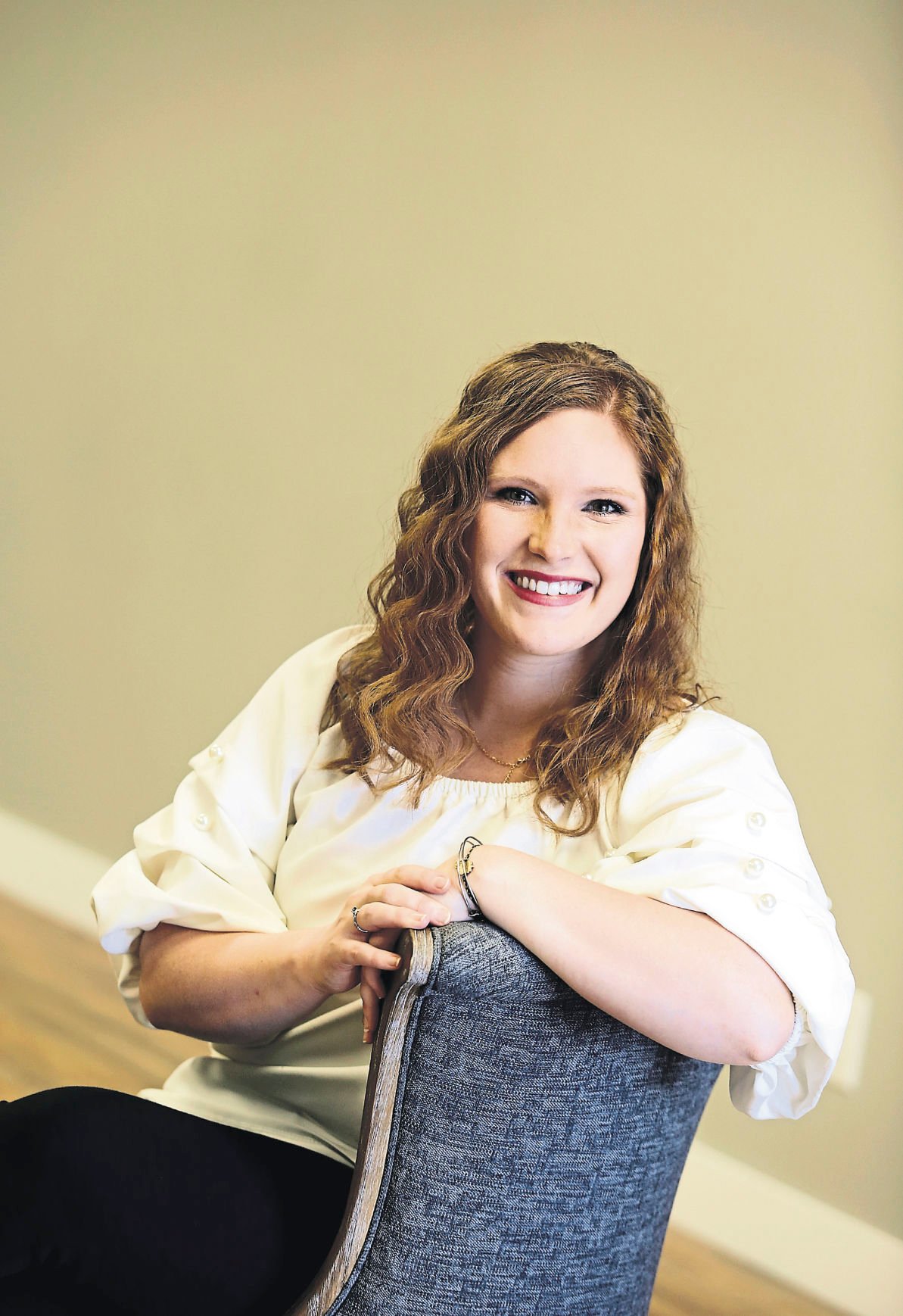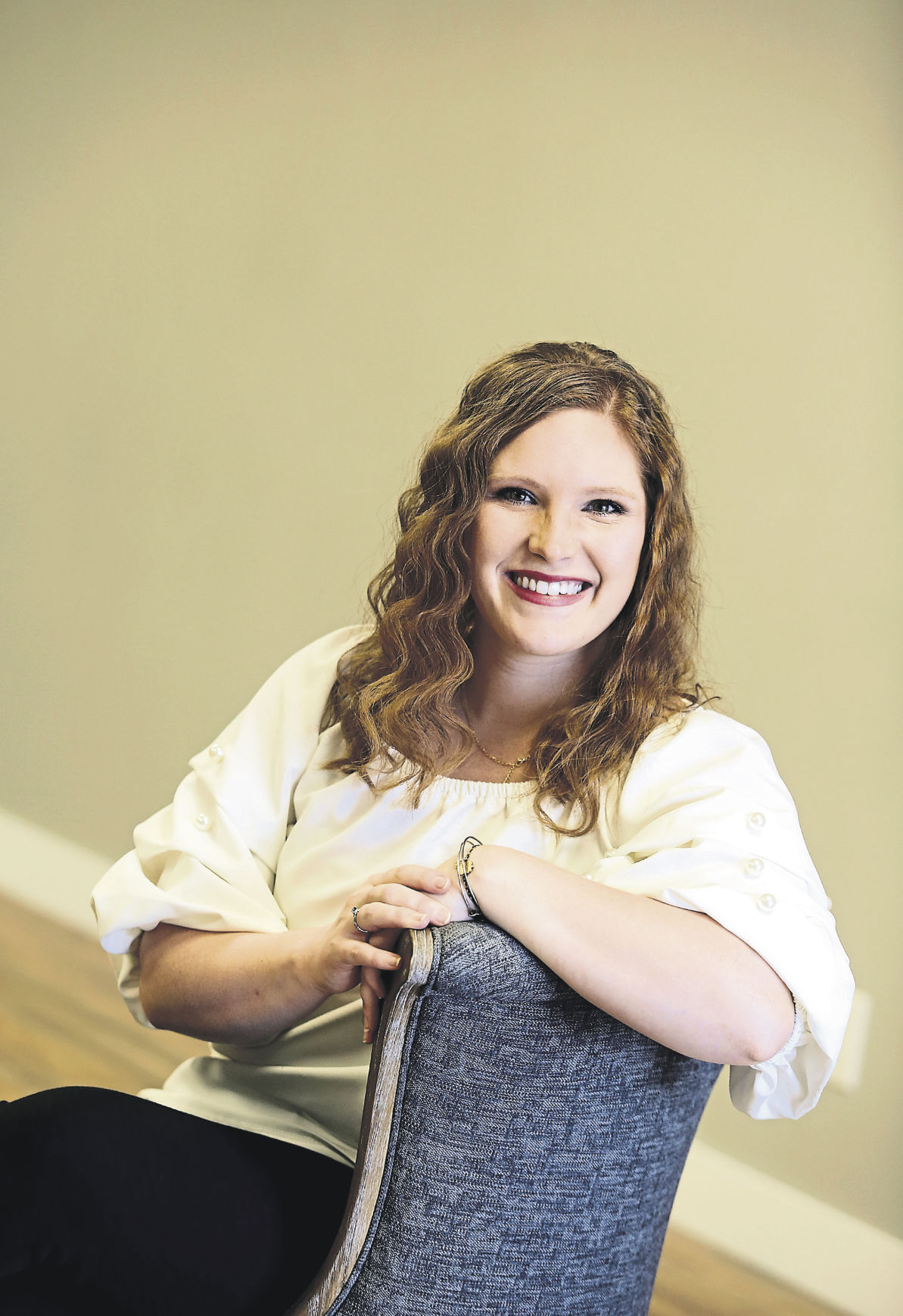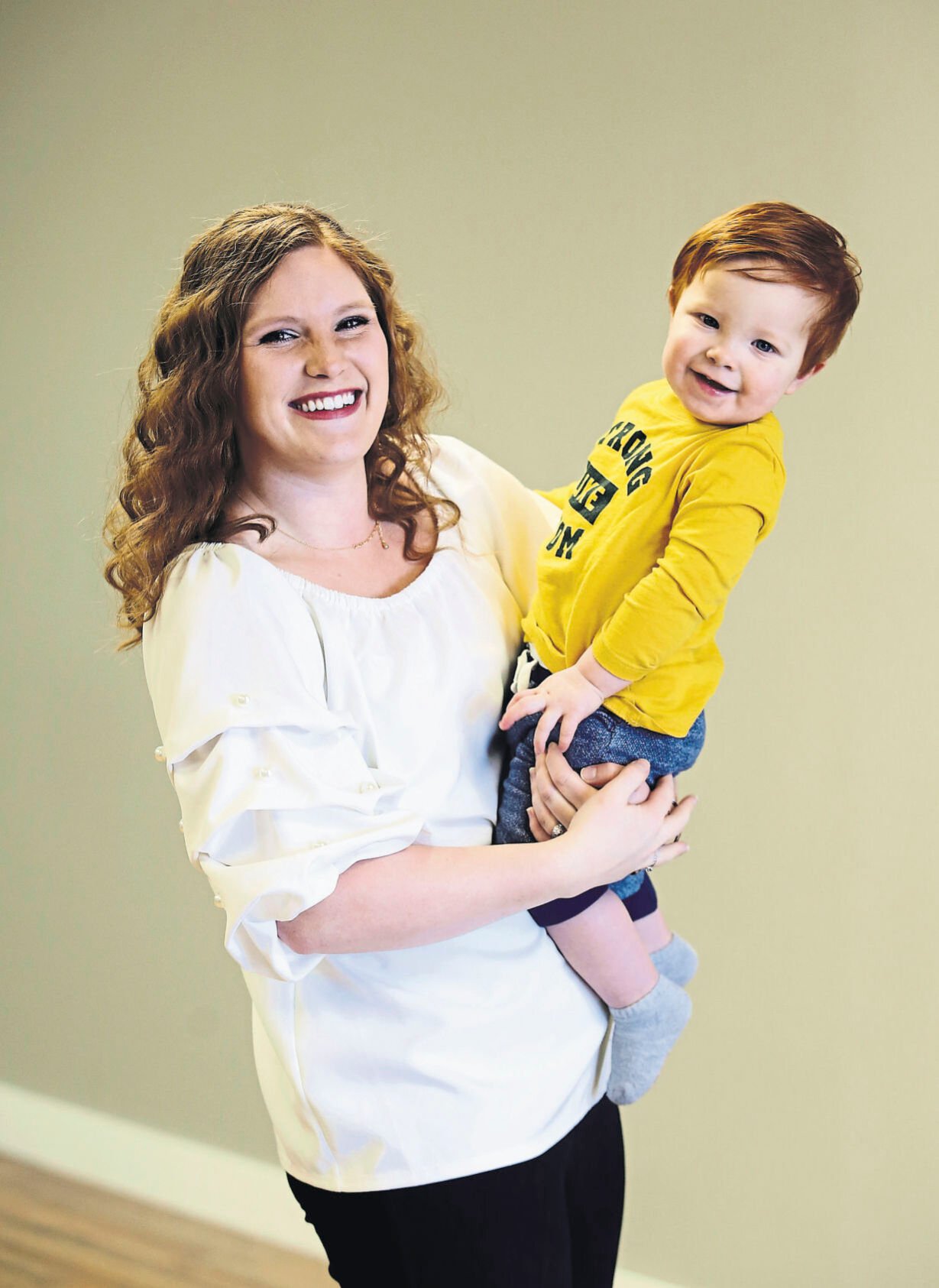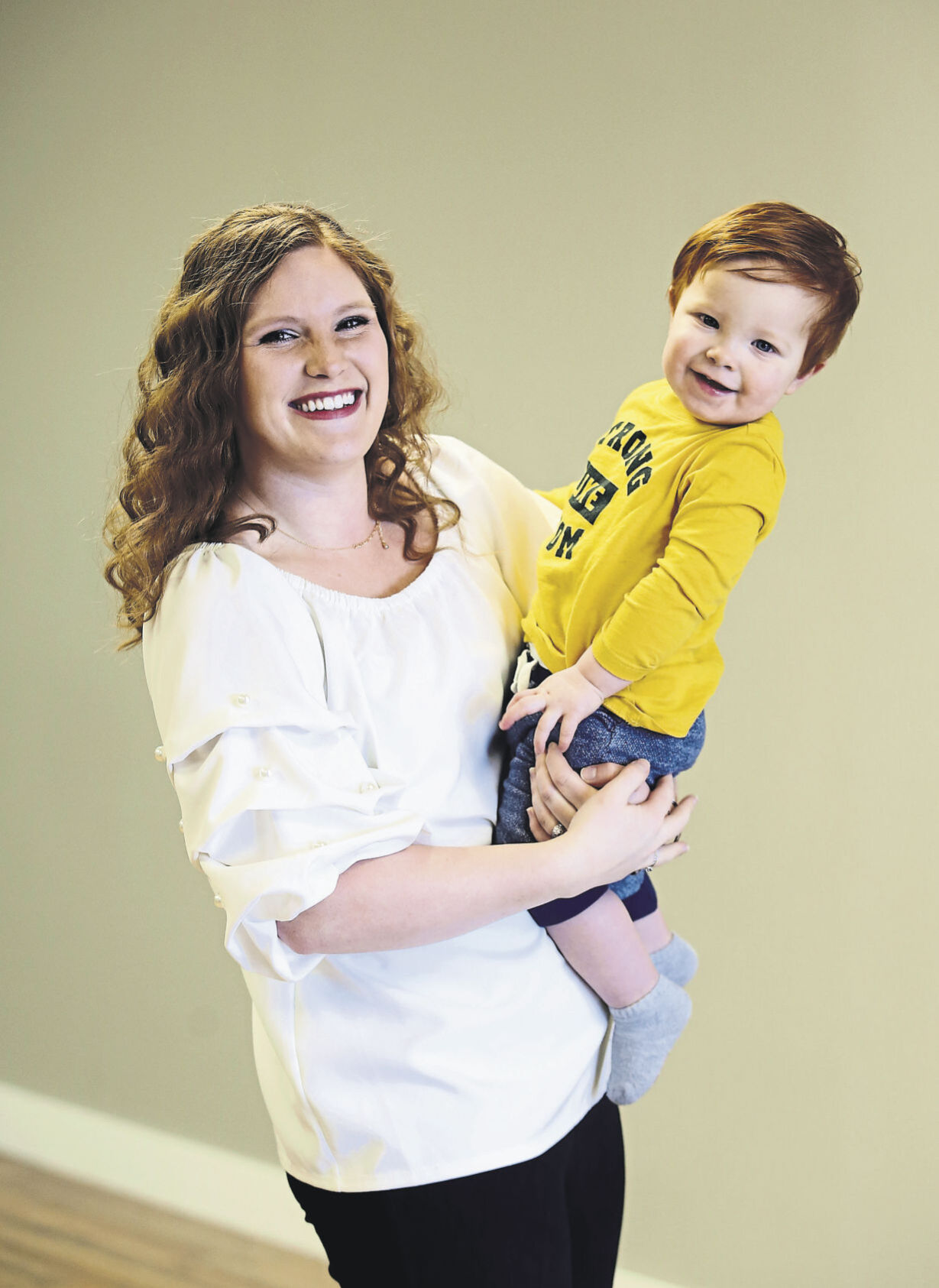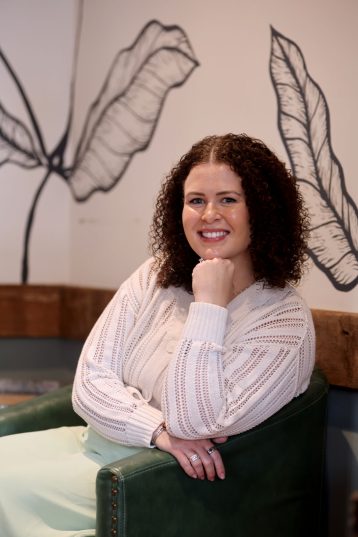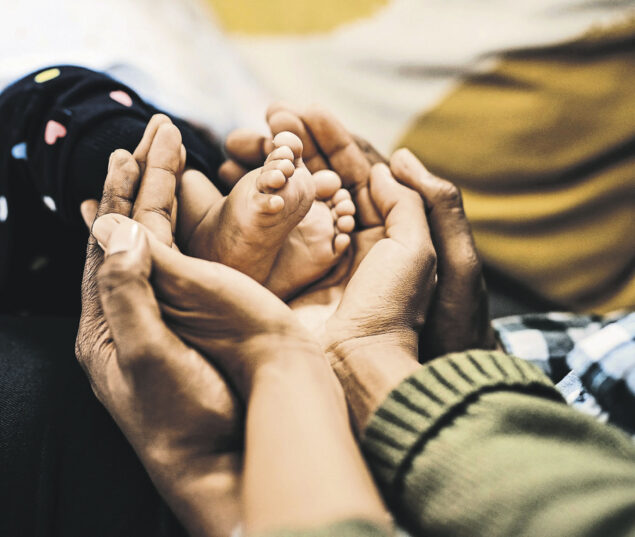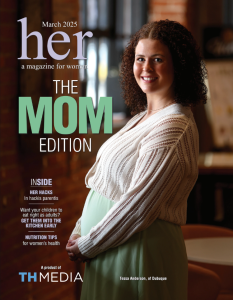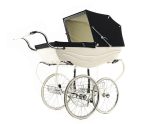DURANGO, Iowa — Jade O’Connell knew from an early age that she wanted to be a mom.
Even when her son, Finnian, arrived 16 days ahead of schedule on Sept. 1, 2019, the 26-year-old Durango native could not have been more elated.
“I already had names picked out when I was in high school,” O’Connell said, with a laugh.
She also knew she wanted a natural birth. A licensed massage therapist since 2014, holistic complements to traditional health care resonated with O’Connell, who sought the services of a midwife.
O’Connell described her pregnancy as “like a dream.”
“I had all of the tools I felt I needed to have the baby naturally and was provided a great education about how my body would carry and deliver the baby,” she said. “I was the healthiest I had ever been in my entire life. I only gained 20 pounds throughout my entire pregnancy. I had a little morning sickness but nothing that lasted. It was a model pregnancy, all by the books.”
Despite her water breaking earlier than expected, even the delivery was a breeze, O’Connell said, with a six-and-a-half-hour labor.
“It was a surprise, and there was a little anxiety because my midwife was away, and the only other midwife through my OB-GYN was unavailable,” she said. “But I was able to do everything completely naturally in the hospital. As labor goes, it actually seemed pretty blissful.”
However, not long after giving birth, O’Connell noticed that something wasn’t right.
She had suffered a fourth-degree perineal tear.
“I was sore,” O’Connell said. “Like I had just had a baby. But it turned out to be much more than that.”
A rare condition
According to the Mayo Clinic, third- and fourth-degree tears occur between the vaginal opening and extend into the external anal sphincter and mucous membrane that lines the rectum. They usually affect approximately 3% of women who have vaginal births and 6% for those experiencing their first vaginal birth. This number decreases to 2% for women who have had one or more vaginal deliveries.
“Many women I spoke with after that fact, including my mom, had never even heard of a fourth-degree tear,” O’Connell said.
According to Leslie Kremer, a physical therapist and birth healing specialist with Staterta Integrated Health & Wellness Solutions in Dubuque, that’s not unusual. In addition to working with O’Connell, Kremer said she has seen only a handful of similar cases.
“Most first-time moms think everything is going to be OK,” she said. “So much depends on education. A lot of birthing classes will let women know that they can expect tearing, but they might not talk about the chance of a third- or fourth-degree tear. For many women, it comes as a complete shock, and it was never really on their radar.”
For O’Connell, that has amounted to multiple surgeries after the first two were unsuccessful and required reopening partially healed tissue in order to help correct the condition. Afterward, she sought specialized physical therapy with Kremer.
The good news is that despite the severity, most women are able to recover enough to be able to return to their normal activities, Kremer said.
Preventative measures can be taken as well. In fact, at Statera, tear prevention is a focus as part of its pregnancy workshop.
The biggest thing to remember, Kremer said, is education.
“It’s why I got into my practice in the first place,” she said. “The trick is providing education in a way that empowers women and doesn’t scare them.”
A voice for women
Though O’Connell often told others who would inquire that she was “fine” as she adapted to living with the condition, she admitted that emotionally, the experience took a toll.
“I felt like I had to be healthy and strong and power through because I had a new baby at home,” she said. “On one hand, I was grateful that my son was healthy and OK. But on the other, I was struggling. This was a trauma, and with every trauma, you need to work through it. That is going to look different for everyone.”
O’Connell described having accidents, requiring her to carry “diaper crash kits” containing wipes, pads and extra underwear.
“At 26 years old, this shouldn’t be something I need to be worrying about,” she said.
Worse, the condition often caused her to question her ability and value as a mother.
“Finnian was growing so fast, and when a year went by and I wasn’t healed yet, I came to a breaking point,” O’Connell said. “I thought Finnian deserved so much better. I didn’t feel like I could do all of the things I needed to do for him as a mom because I was broken.”
Husband Kevin said the only thing he could do was step up as a partner.
“I usually explain to people that it has been like a long maternity leave,” he said. “We were prepared for six to eight weeks off and helping around the house and with the new baby, but that got prolonged into about six months,” he said. “And it’s still going on, with doctors appointments and physical therapy. I do what I have to do to make sure she’s taken care of in those moments and put her needs first in that regard.”
Now 17 months old, Finnian is doing more than mastering his first words and first steps. He has helped provide his mom with a renewed sense of purpose.
Having connected with other women suffering similar fates through social media support groups, O’Connell has become a self-proclaimed “open book” when it comes to sharing her story for the benefit of others.
She recently was among 10 featured speakers at the inaugural International Birth Tear Summit, selected after sharing her story with organizers “on a whim.” The virtual event took place in early February and highlighted women navigating life amid birth tears. It also included educational information from health care professionals.
Kevin couldn’t be happier for his wife.
“I’m really proud of what she’s done and how far she has come with everything,” he said. “I do what I can to help spread the word with that and give her the time and the help she needs to continue exploring that.”
O’Connell hopes to continue her momentum, turning her trauma into an opportunity to heal and to advocate for maternal health and birth trauma awareness.
“Sharing my story, at first, was super emotional, but I reached a point of healing through it,” she said. “It also brought me to a place of advocating for other women who have gone or are going through something similar. The biggest message is that women need to know that it’s OK to have a voice for their bodies and their health. I wish someone had told me that.”
Having returned to massage therapy alongside her newfound passion for advocacy, O’Connell said she and Kevin enjoy their time watching Finnian grow, as well as working at local farmers markets and around their family farm, O’Connell Organic Acres. As the weather warms, O’Connell said she and Kevin also look forward to getting back to their garden and spending time taking in the scenery at nearby Park Farm Winery.
Despite the obstacles of her first pregnancy, O’Connell hasn’t ruled out having another baby.
“The best thing I can do now is help other women hope for the best but be fully prepared and aware of all of the different variables that can happen during a birth,” she said. “Education and awareness is everything.”
Megan Gloss writes for the Telegraph Herald.

